1. Swelling due to an obstruction in blood flow may be a blood clot
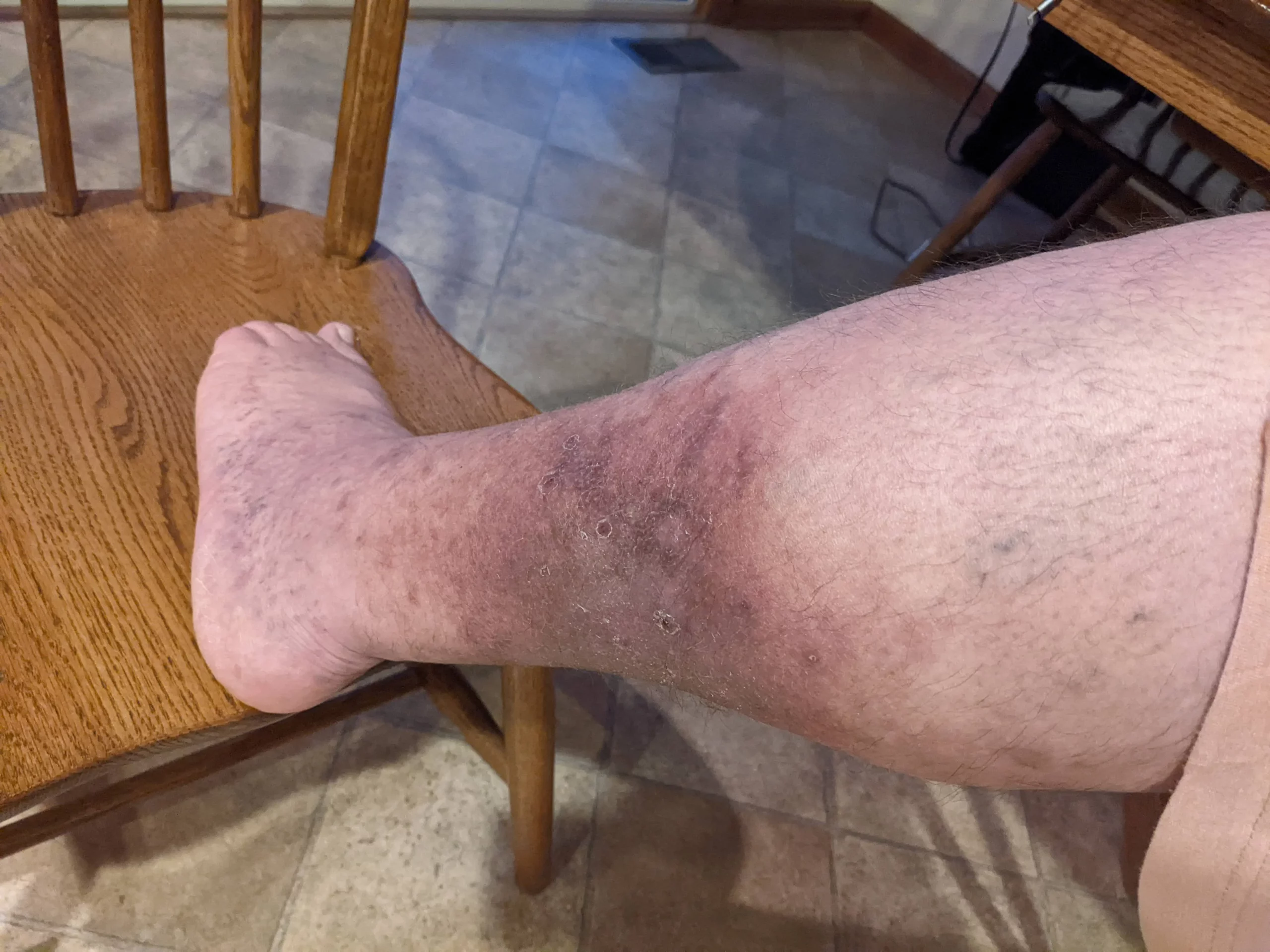
Image source: Reddit
Blood clots can obstruct blood flow in veins, leading to swelling in the affected area. The swelling may result from the accumulation of blood and fluid, causing the tissue to expand and become larger than usual. It's absolutely essential that you seek medical assistance.
2. Pain or tenderness in the affected area
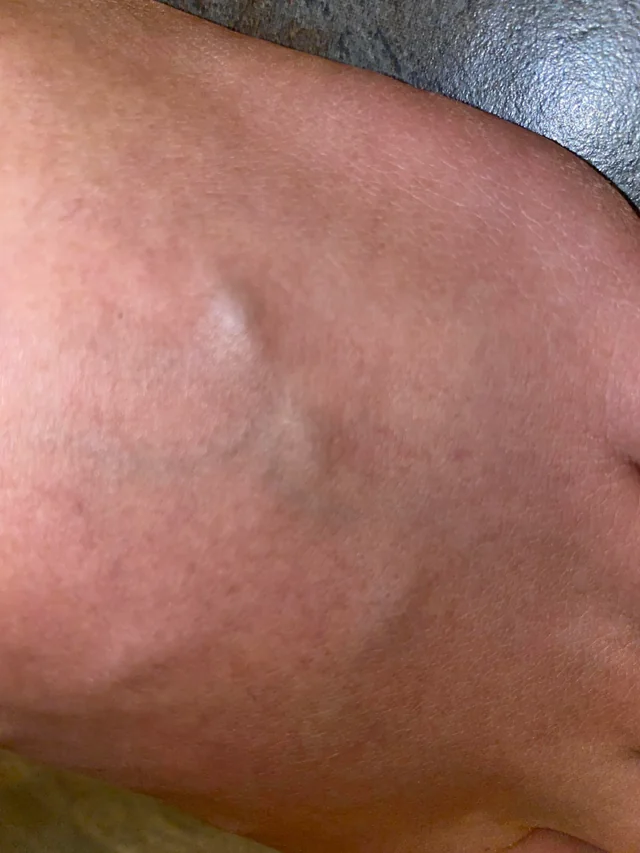
Image source: Reddit
Blood clots often cause localized pain or tenderness in the affected area. The pain may feel like a persistent ache, cramp, or soreness and may worsen with movement or pressure. Individuals with deep vein thrombosis may experience pain or discomfort in the calf muscle of the leg.
3. Redness or discoloration near the actual clot

Image source: Reddit
Inflammation and increased blood flow near the site of a blood clot can cause redness or discoloration of the skin. The affected area may appear reddish or purplish in color, indicating inflammation and impaired circulation. This discoloration is often localized to the area surrounding the blood clot.
4. Skin is warm to the touch around the area

Image source: BuzzFeed
Blood clots can cause localized warmth or heat in the affected area due to inflammation and increased blood flow. The skin overlying the blood clot may feel warmer than surrounding areas and may be noticeably hot to the touch. This warmth is a result of the body's inflammatory response to the presence of the clot.
5. Veins are more prominent
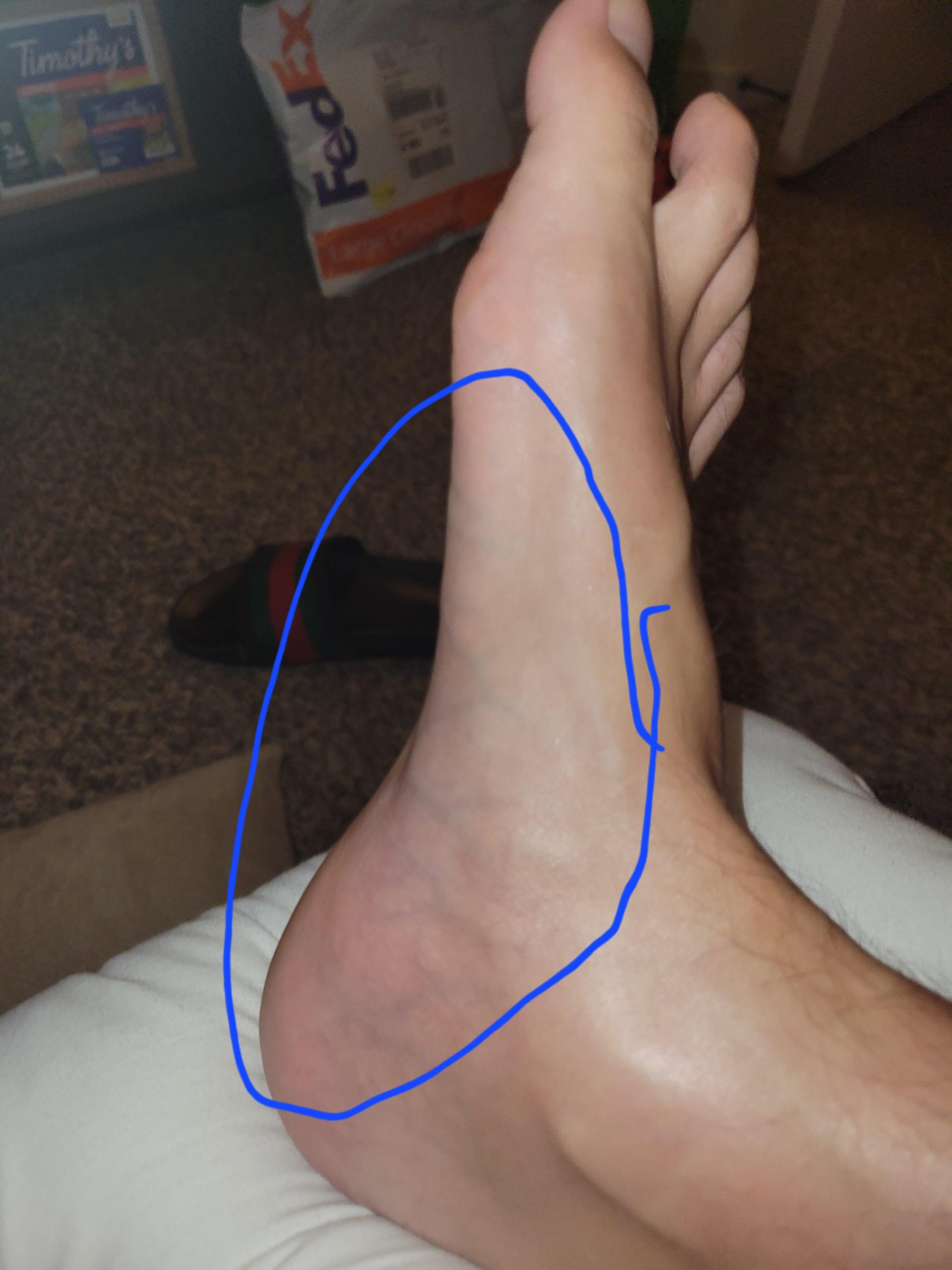
Image source: Reddit
In some cases, the veins near the surface of the skin may become more visible or prominent overlying a blood clot. This increased visibility may be due to swelling, inflammation, and dilation of the veins caused by the obstruction of blood flow. The veins may appear larger or bulging compared to normal.
6. You get shortness of breath
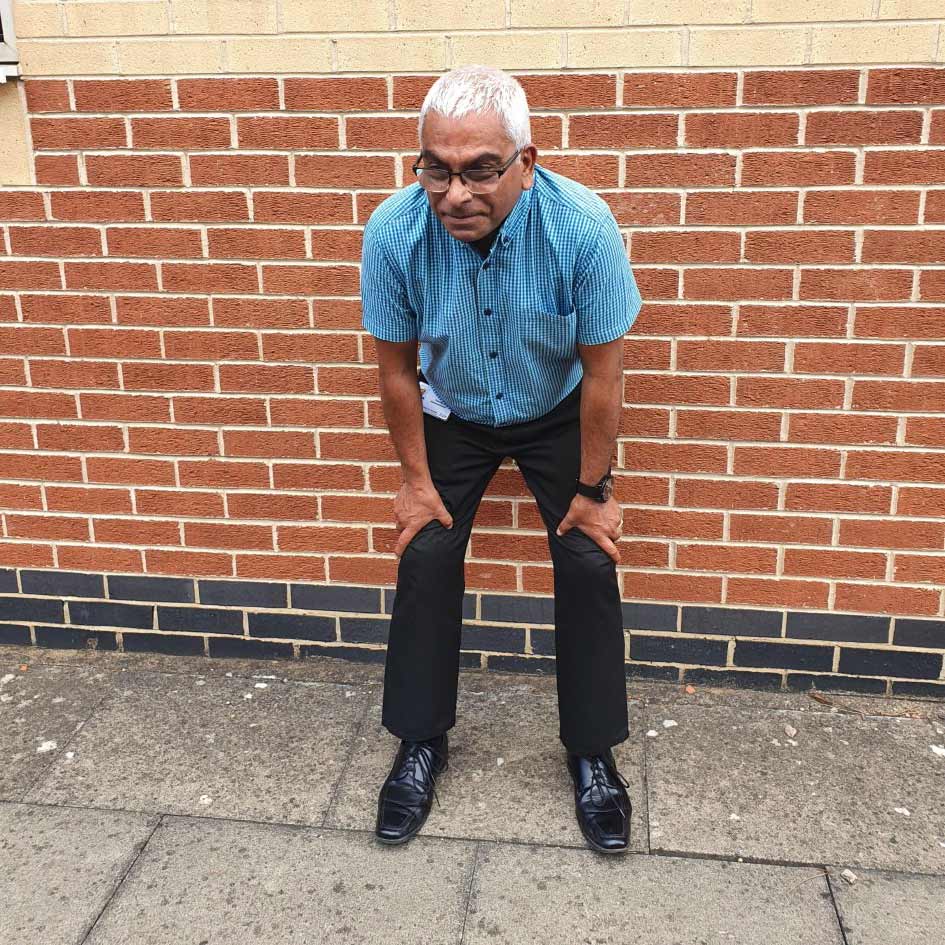
Image source: Quora
A blood clot that travels to the lungs, known as a pulmonary embolism (PE), can cause sudden shortness of breath, chest pain, and difficulty breathing. The shortness of breath may occur suddenly and may worsen with exertion or deep breathing. It is often accompanied by rapid breathing and a rapid heart rate.
7. You feel chest pain or discomfort
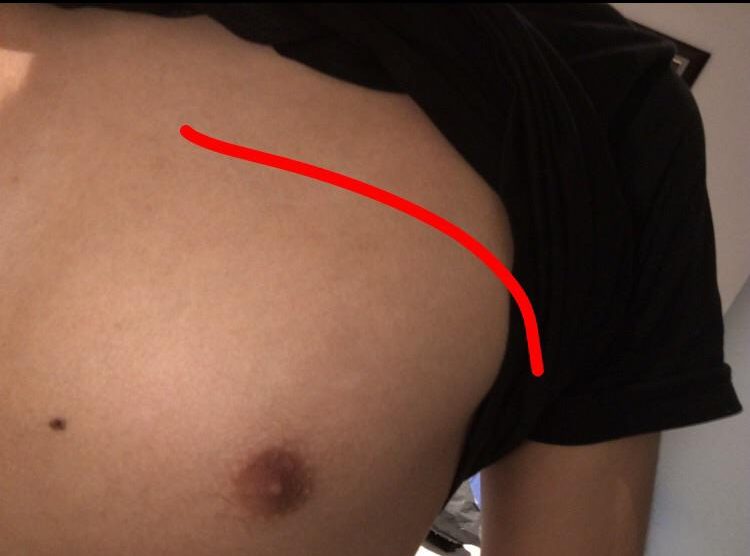
Image source: Reddit
Chest pain or discomfort, especially when breathing deeply or coughing, can be a symptom of a pulmonary embolism. The pain may feel sharp, stabbing, or squeezing and may worsen with movement or exertion. It may radiate to the back, shoulders, neck, or arms and may be associated with various other symptoms.
8. You're coughing up blood
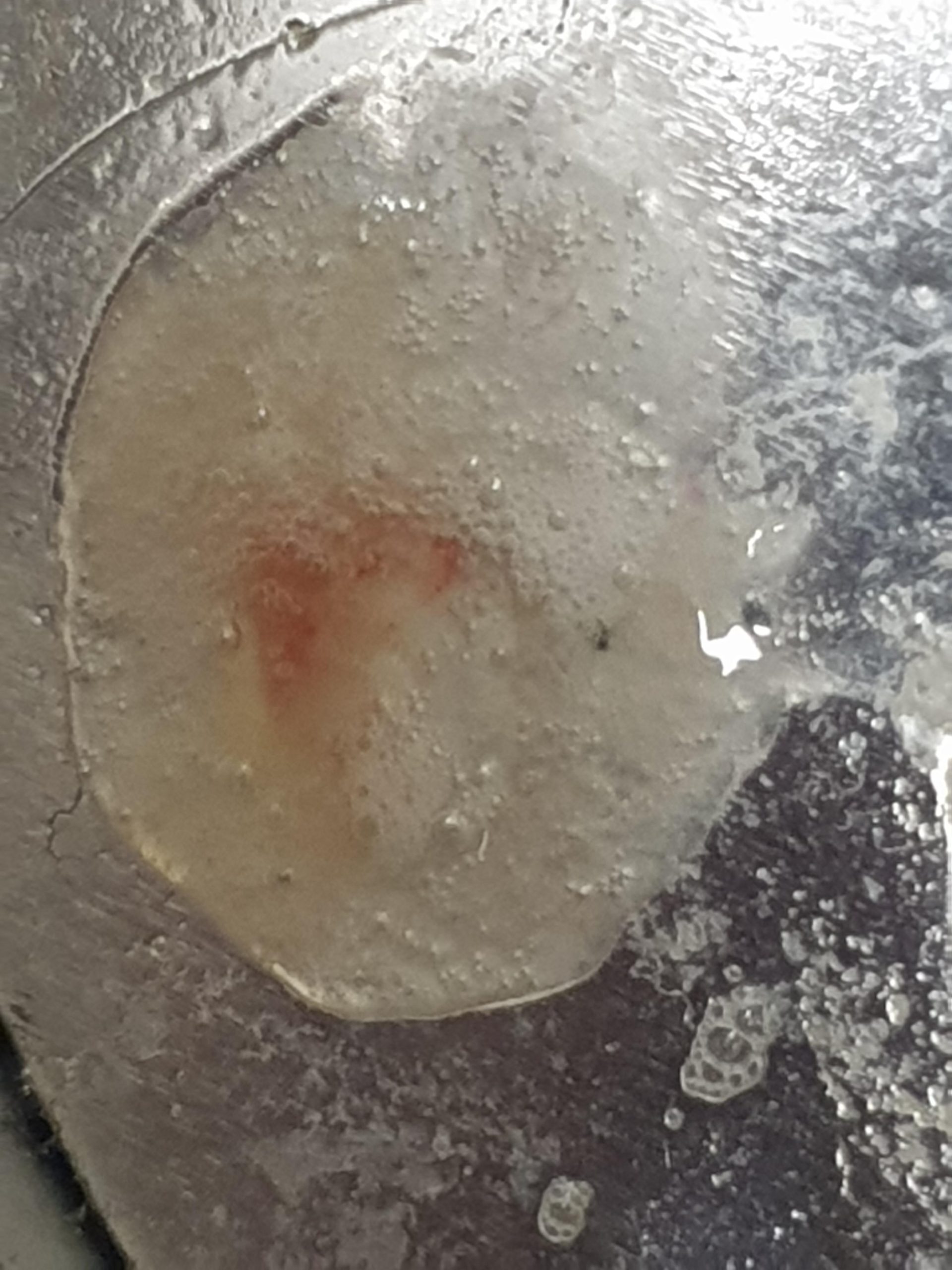
Image source: Reddit
Haemoptysis, or coughing up blood, can occur when a blood clot in the lungs causes damage to the blood vessels. The blood may appear bright red or have a frothy appearance and may be mixed with mucus or phlegm. Haemoptysis is a serious symptom that requires immediate medical evaluation.
9. You feel dizzy or faint
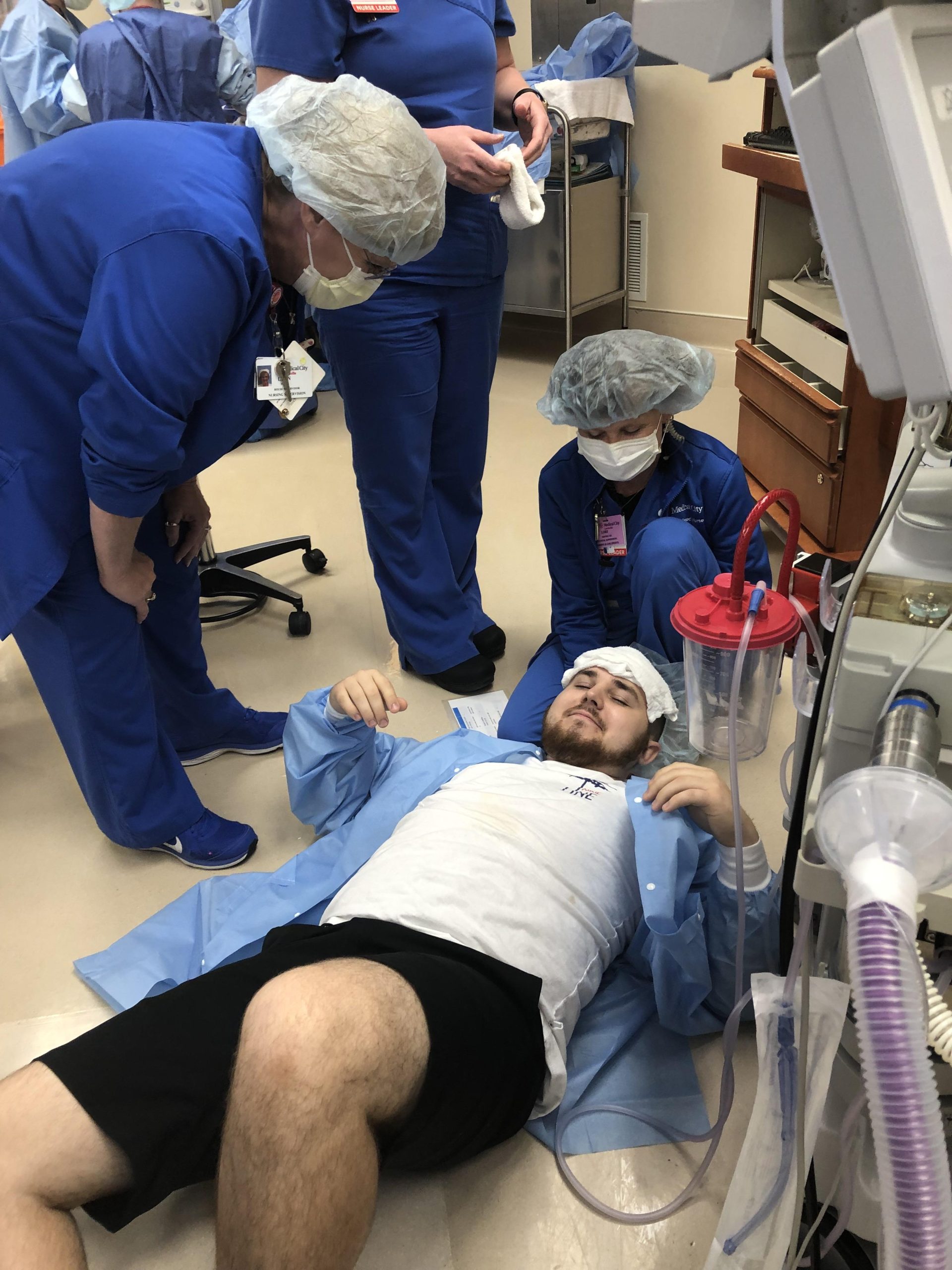
Image source: Reddit
Blood clots in the brain can cause neurological symptoms such as dizziness, lightheadedness, fainting, confusion, weakness, or difficulty speaking or understanding speech. These symptoms may indicate a stroke or transient ischemic attack (TIA) and require urgent medical attention.
10. There's pain or swelling in the abdomen
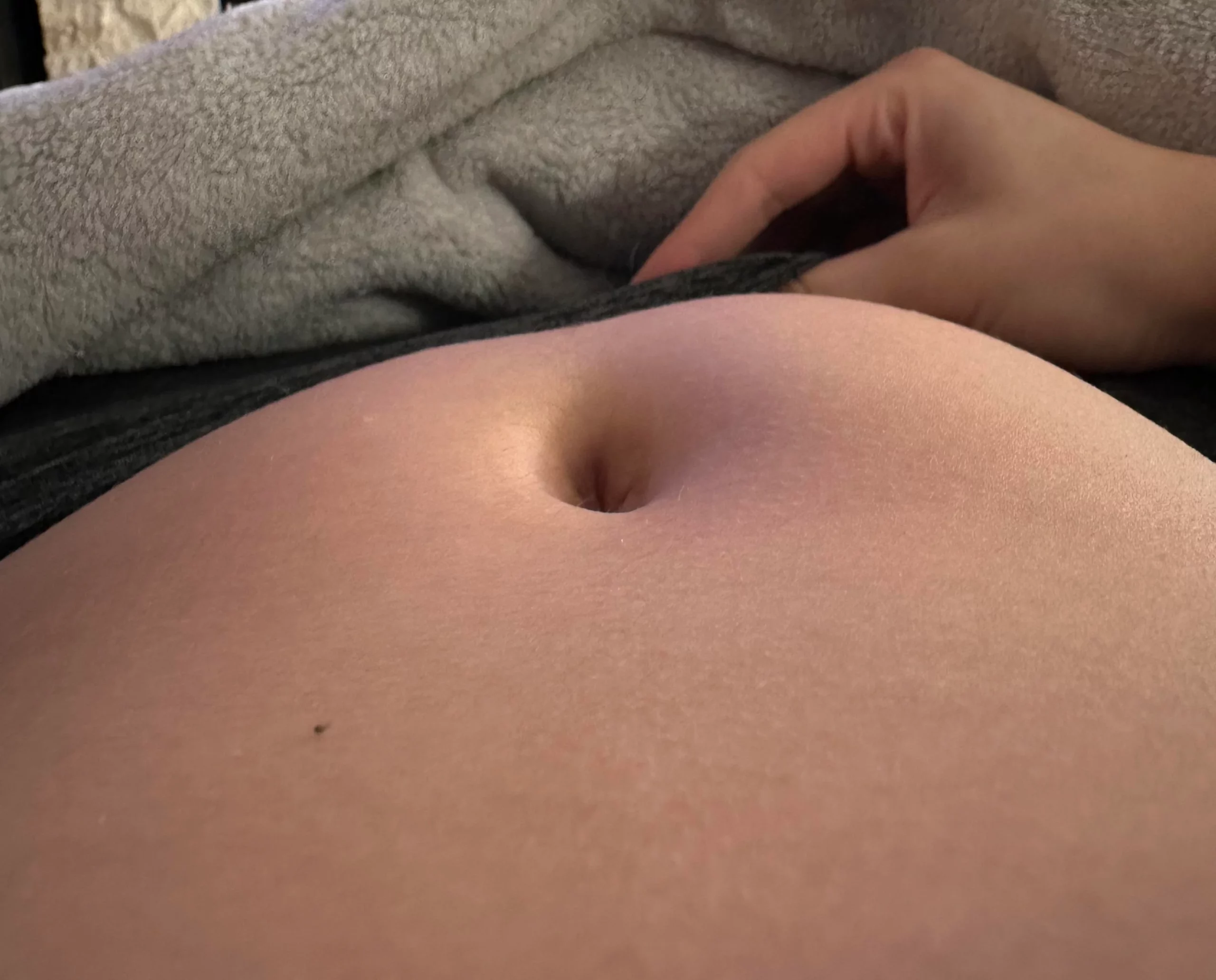
Image source: Reddit
Blood clots in the veins of the abdomen, such as the mesenteric veins, can cause abdominal pain, cramping, bloating, or swelling. The pain may be localized to a specific area of the abdomen or may be diffuse and difficult to pinpoint. It may worsen with movement, eating, or exertion.
11. You have unexplained fatigue

Image source: Reddit
Blood clots can disrupt normal blood flow and oxygen delivery to tissues, leading to unexplained fatigue and weakness. Individuals with blood clots may experience persistent tiredness, lethargy, and reduced stamina, even when they've had adequate rest and sleep.
12. You notice skin color changes
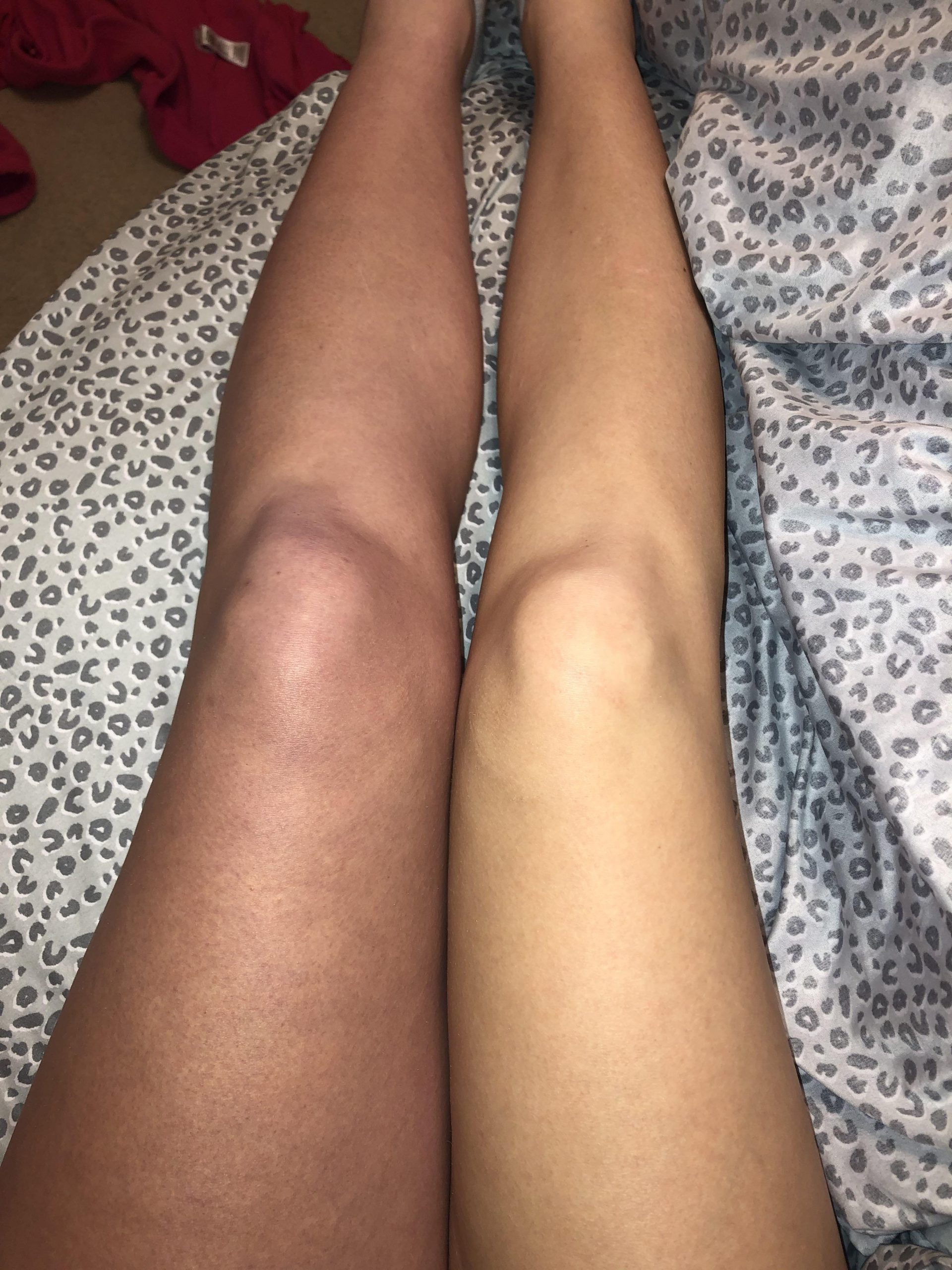
Image source: Reddit
In addition to redness and discoloration, blood clots can cause other changes in the skin, such as paleness or cyanosis (bluish discoloration). Cyanosis occurs when there is insufficient oxygenated blood reaching the skin and tissues, leading to a bluish tint in the affected area.
13. There's numbness or tingling
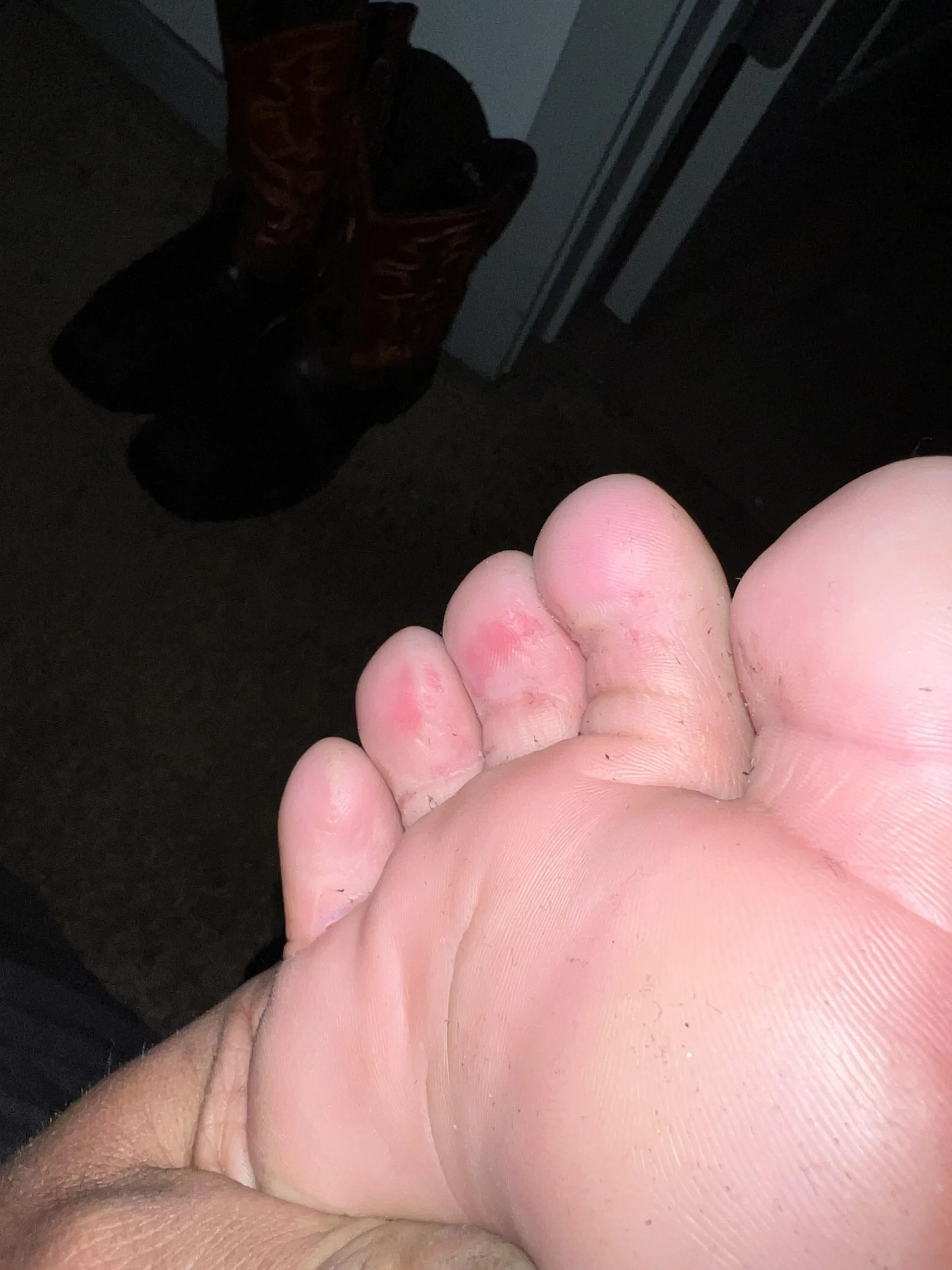
Image source: Reddit
Blood clots can compress nerves and blood vessels, causing numbness, tingling, or pins-and-needles sensations in the affected limb or extremity. These sensory changes may occur suddenly and may be accompanied by other symptoms of impaired circulation.
14. You have a weak or rapid pulse
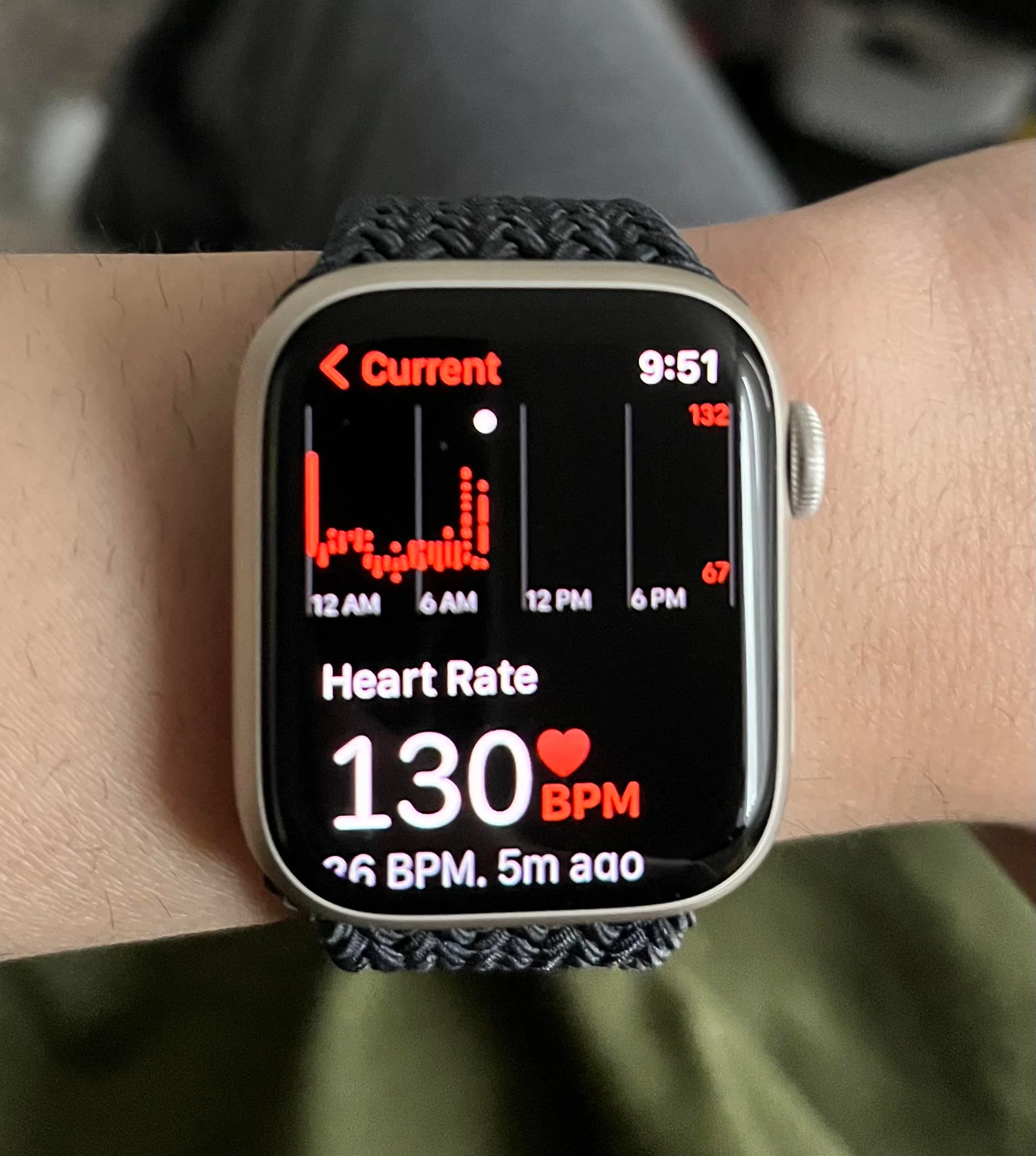
Image source: Reddit
Blood clots that obstruct blood flow can affect heart function and circulation, leading to changes in pulse rate and rhythm. Individuals may experience a weak or rapid pulse, irregular heartbeat, or palpitations as the heart works harder to compensate for decreased blood flow.
15. It feels hot in certain areas of your body
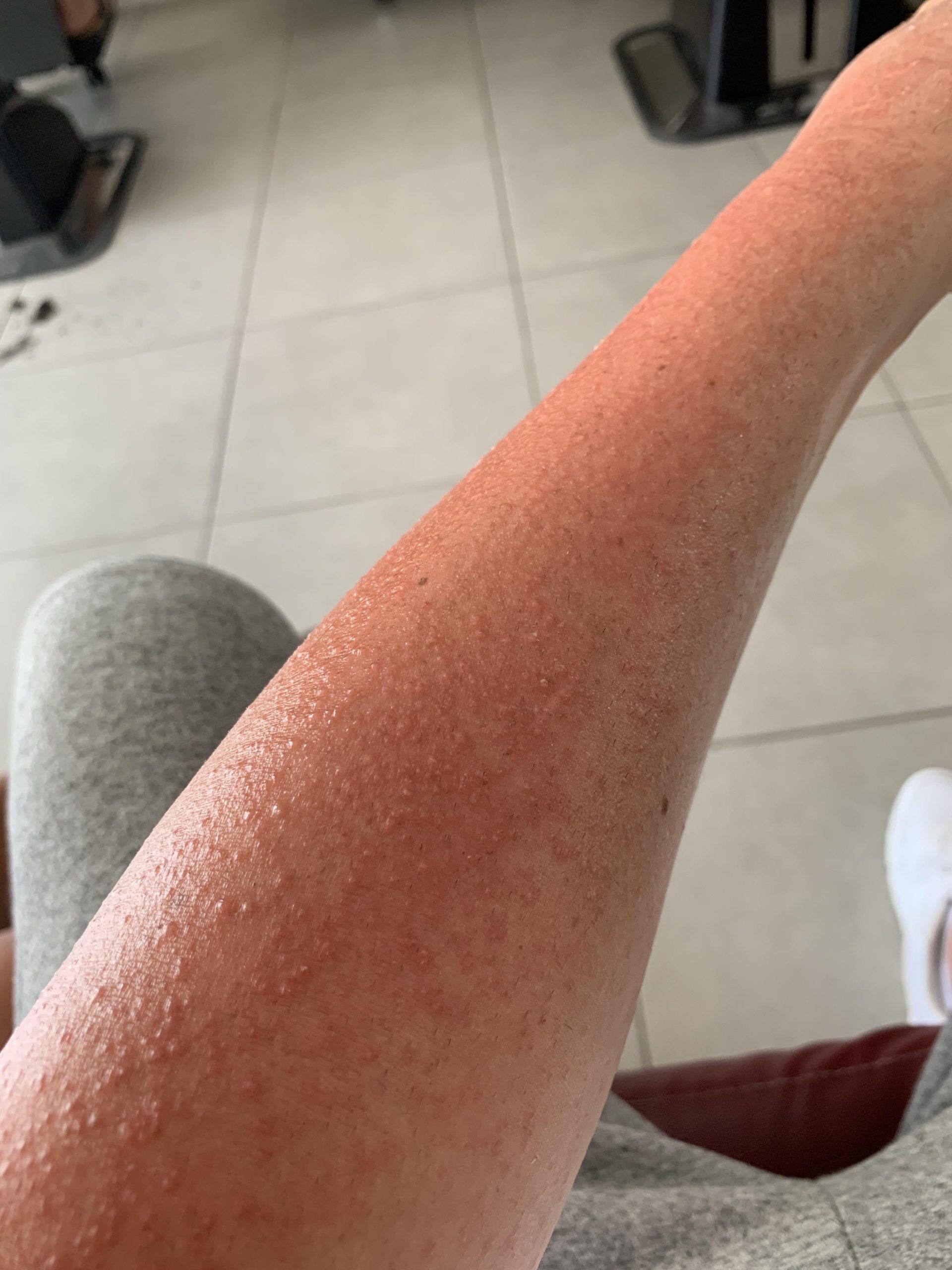
Image source: Reddit
In addition to warmth to the touch, blood clots can cause localized heat or fever in the affected area. The inflammatory response triggered by the clot may result in elevated skin temperature and fever-like symptoms, especially if the clot is accompanied by infection or inflammation.
16. You develop an unexplained cough
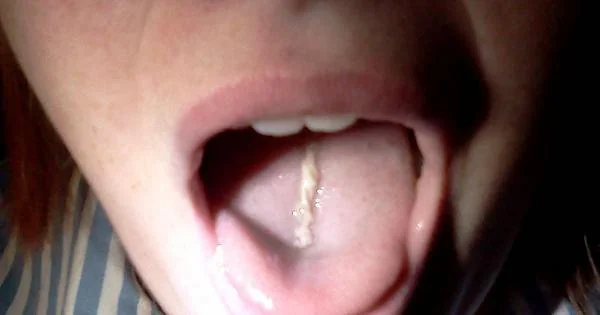
I
mage source: RedditBlood clots in the lungs can irritate the respiratory tract and cause an unexplained cough that persists over time. The cough may be dry or productive and may worsen with exertion or deep breathing. It may be accompanied by other respiratory symptoms such as wheezing or chest tightness.
17. It's difficult speaking or understanding speech

Image source: Reddit
Blood clots in the brain can impair neurological function and lead to difficulty speaking or understanding speech, a condition known as aphasia. Individuals may have trouble finding words, forming sentences, or comprehending spoken language, indicating a potential stroke or cerebral ischemia.
18. You experience vision changes
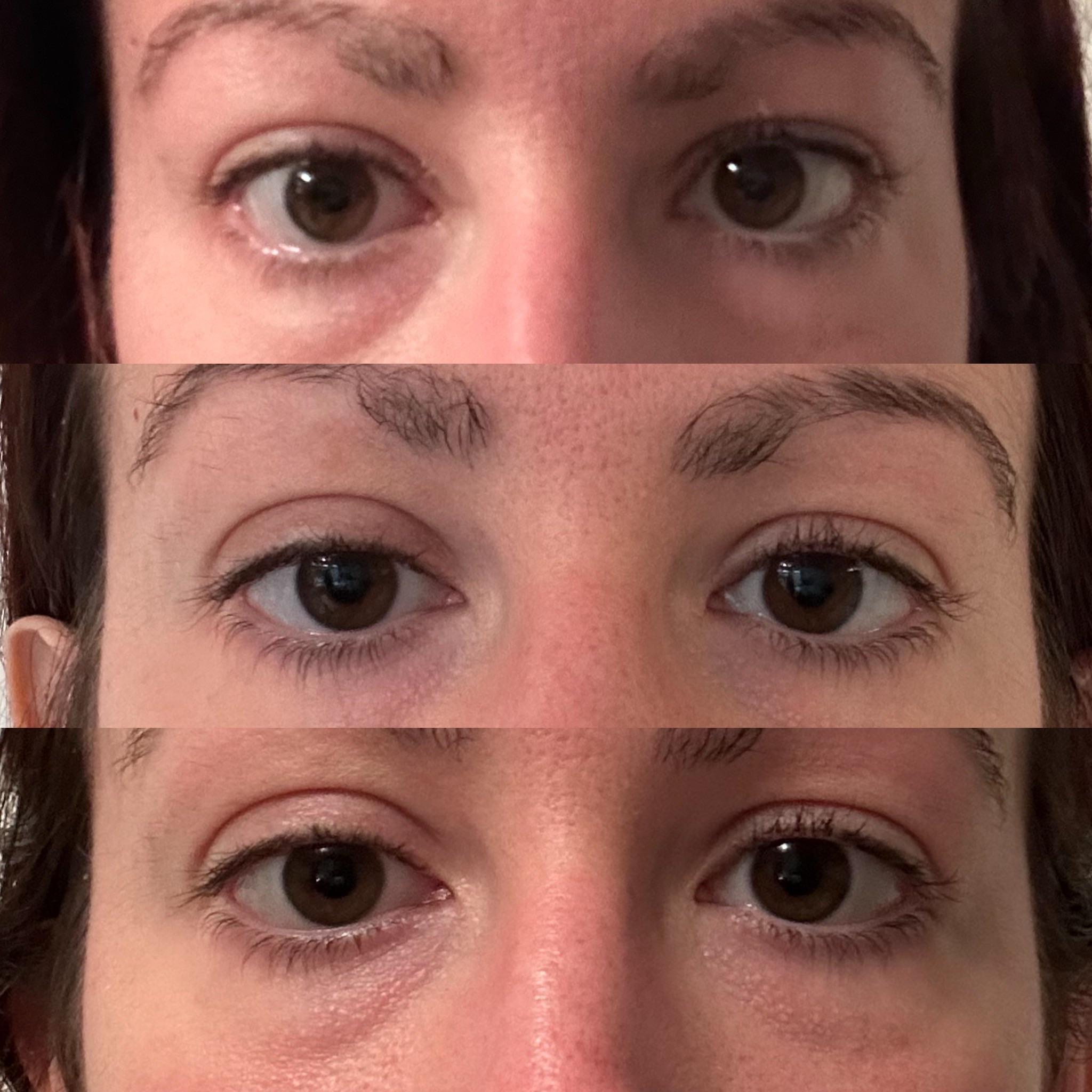
Image source: Reddit
Blood clots that affect blood flow to the eyes can cause sudden vision changes, including blurriness, double vision, partial or complete vision loss, and visual disturbances such as flashing lights or floaters. These changes may occur suddenly and may be accompanied by other neurological symptoms.
19. There's sudden weakness or paralysis
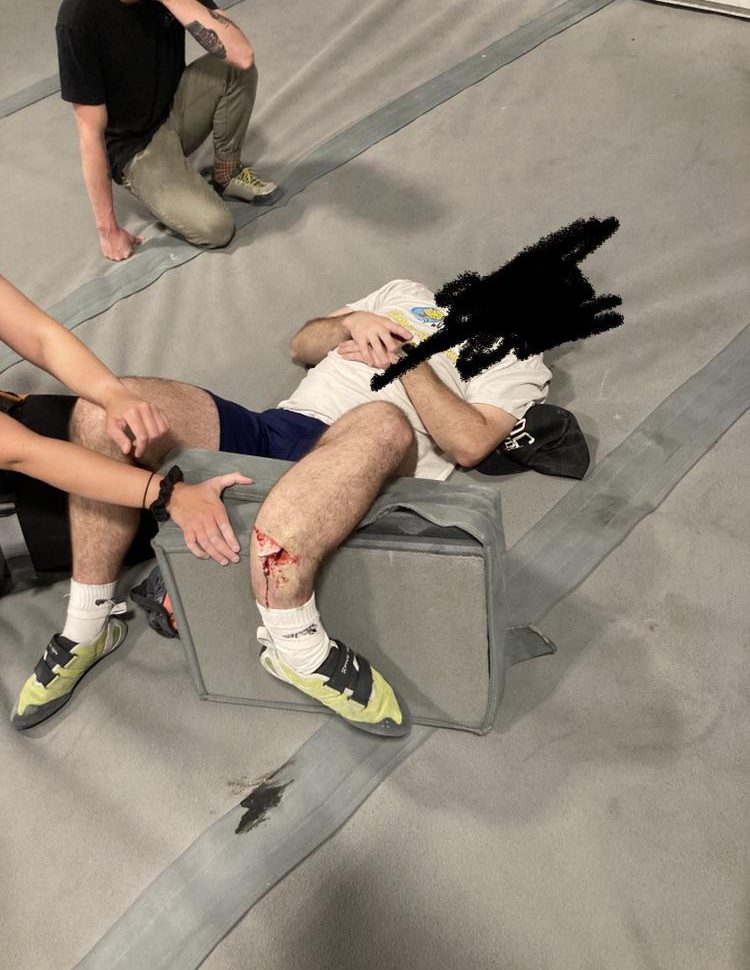
Image source: Reddit
Blood clots in the brain or spinal cord can cause sudden weakness, numbness, or paralysis in one side of the body (hemiparesis) or in specific muscle groups. This unilateral weakness or paralysis may be accompanied by other stroke-like symptoms and requires immediate medical attention.
20. You feel disorientated

GoodTherapy
Blood clots that affect blood flow to the brain can alter mental status and cognitive function, leading to confusion, disorientation, memory loss, personality changes, and altered consciousness. These changes may occur suddenly and may indicate a serious neurological event such as a stroke or cerebral infarction.
21. There's gastrointestinal bleeding

Image source: Wiley
Blood clots in the gastrointestinal tract can cause gastrointestinal bleeding, leading to symptoms such as bloody or dark stools, rectal bleeding, vomiting blood (hematemesis), or blood in the urine (haematuria). Gastrointestinal bleeding can be a serious complication of blood clots and requires urgent medical attention.
22. You have a swollen abdomen

Image source: Reddit
In some cases, blood clots in the abdomen, particularly those affecting the mesenteric veins, can lead to abdominal distension or a swollen abdomen. The swelling may be accompanied by abdominal pain, tenderness, bloating, and gastrointestinal symptoms such as nausea, vomiting, diarrhea, or constipation.
23. You notice difficulty breathing while lying down

Image source: BuzzFeed
Blood clots in the lungs can cause difficulty breathing, especially when lying down flat. This symptom, known as orthopnea, occurs because lying down increases pressure on the chest and lungs, making it harder to breathe. Individuals may feel the need to sit up or prop themselves up with pillows to breathe comfortably.
24. You have a persistent headache
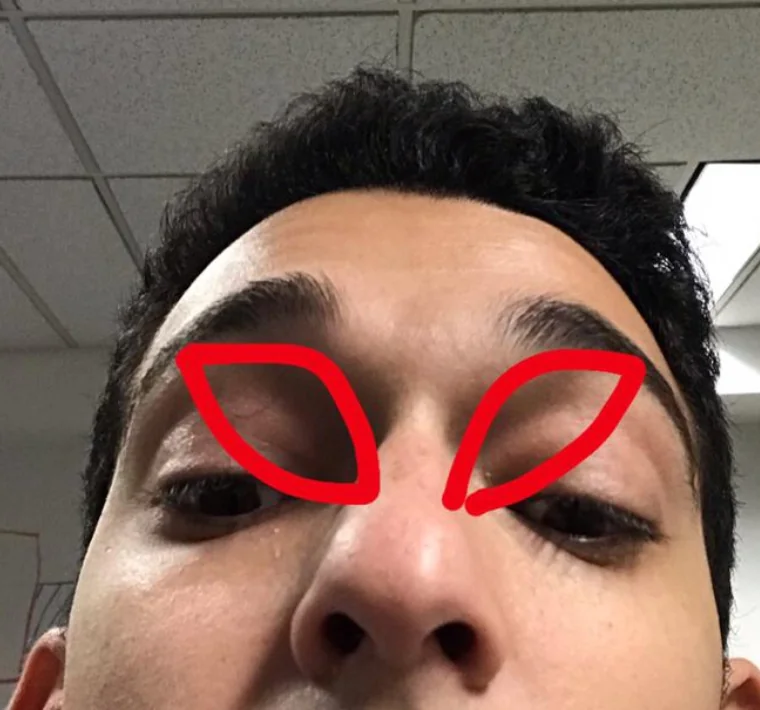
Image source: Reddit
Blood clots in the brain or cerebral blood vessels can cause persistent headaches that do not respond to over-the-counter pain medications. These headaches may be severe, throbbing, or accompanied by other neurological symptoms such as dizziness, vision changes, or confusion.
25. You experience coldness or pallor
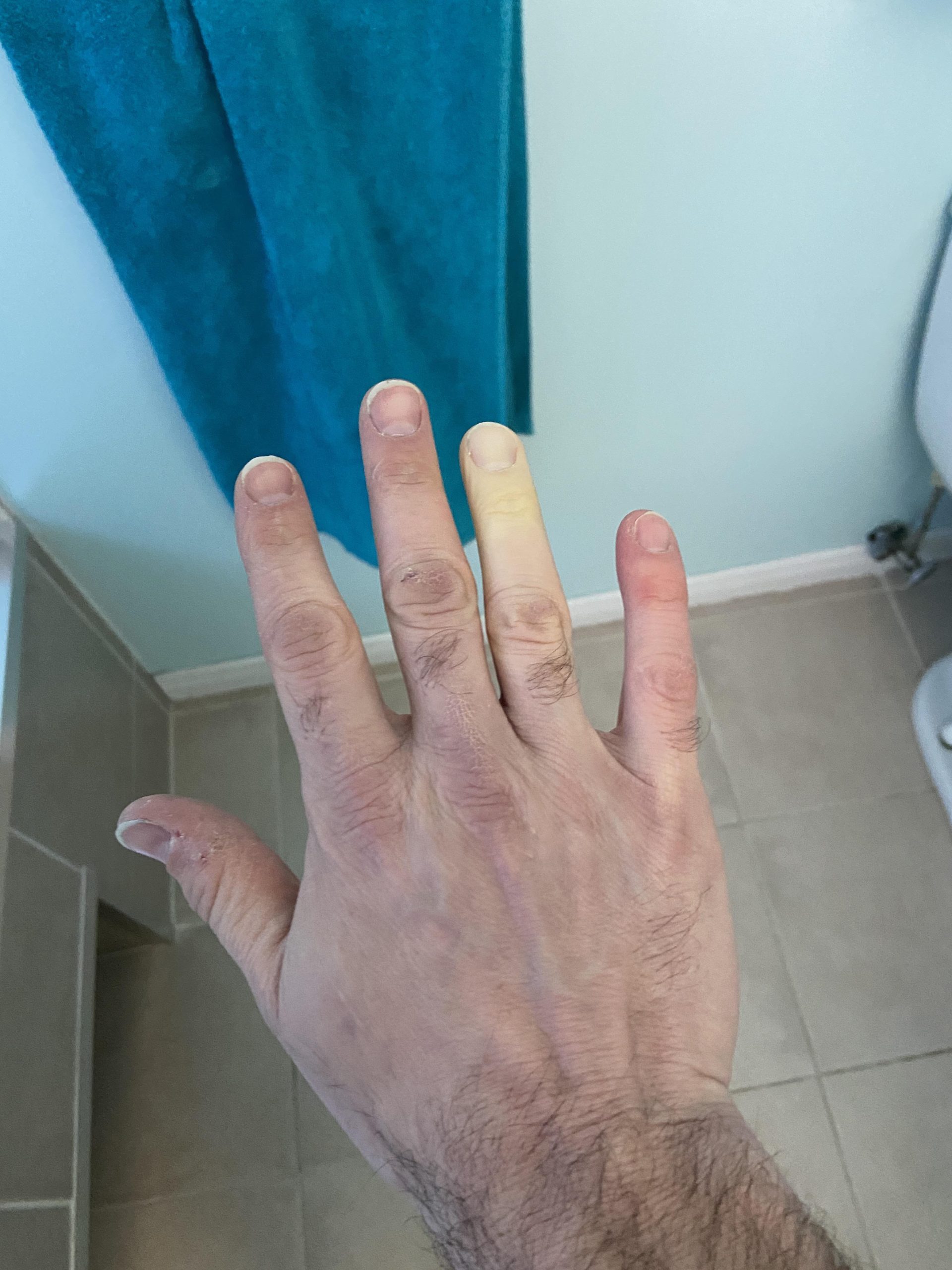
Image source: Reddit
Blood clots can restrict blood flow to the affected limb, leading to decreased temperature and pallor (paleness) of the skin. The affected limb may feel colder to the touch compared to surrounding areas and may appear pale or bluish in color. DO NOT ignore this.
26. There's changes in urination
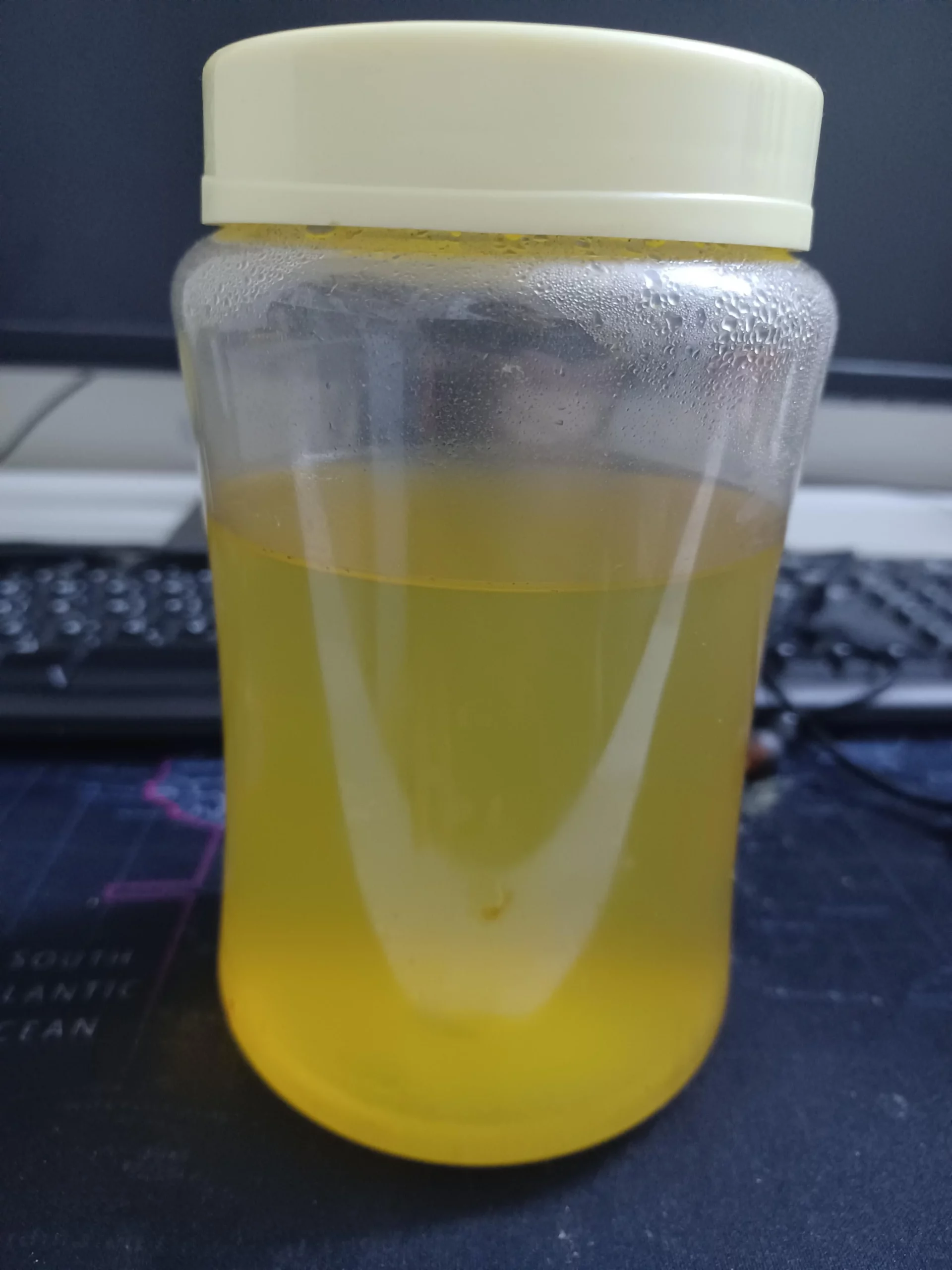
Image source: Reddit
Blood clots in the urinary tract or kidneys can cause changes in urination, such as decreased urine output, blood in the urine (haematuria), difficulty urinating, or urinary retention. These symptoms may indicate obstruction of the urinary tract or damage to the kidneys.
27. Sudden weight gain due to fluid retention
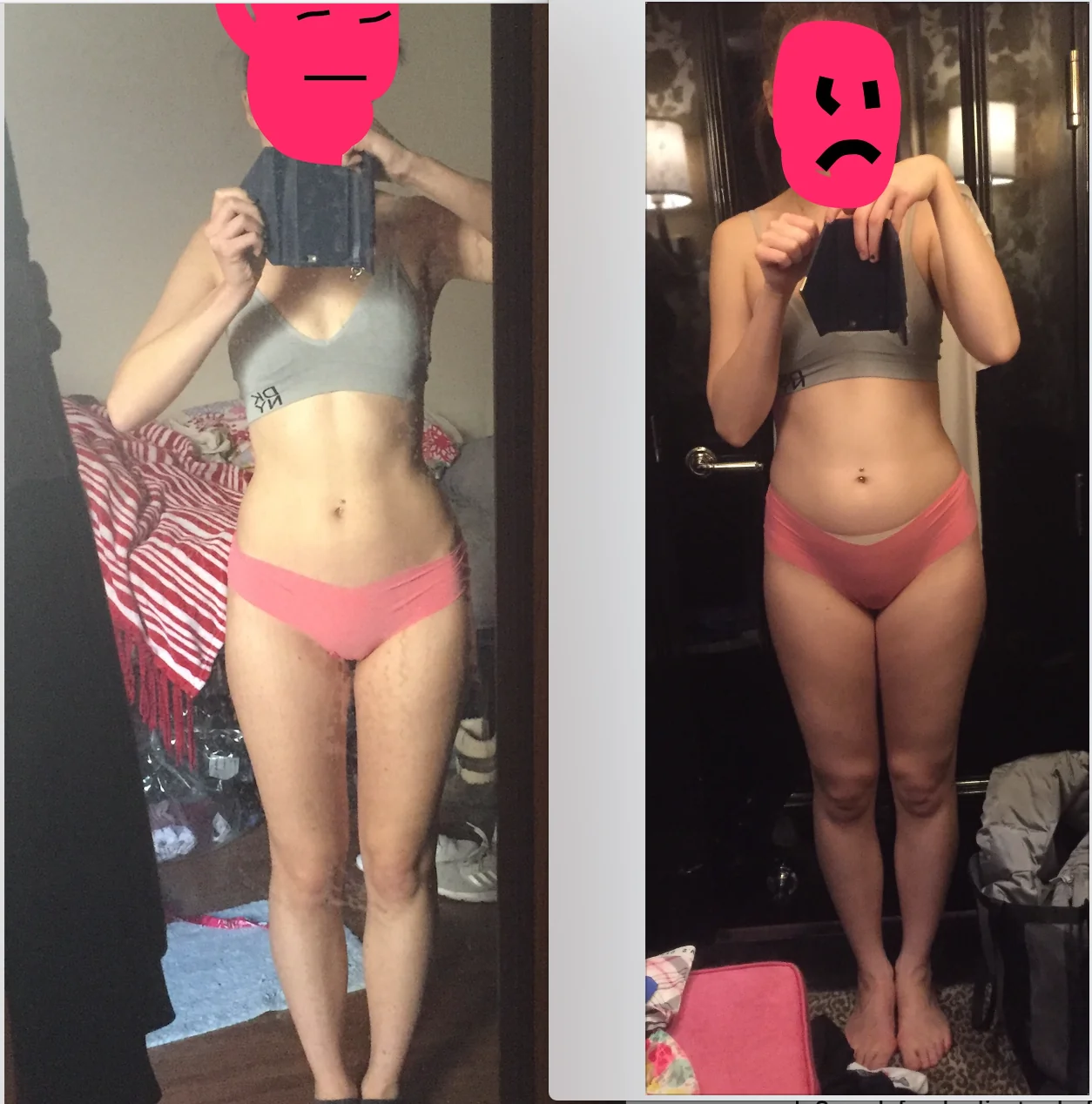
Image source: Reddit
Blood clots in the legs or pelvis can cause fluid retention and swelling, leading to sudden weight gain. Individuals may notice rapid weight gain over a short period, especially if it is accompanied by other symptoms of venous thrombosis such as swelling, pain, or warmth in the affected limb.
28. There's chest pressure or tightness

Image source: Reddit
Blood clots in the lungs or pulmonary arteries can cause chest pressure or tightness, similar to the sensation of having a heavy weight on the chest. This chest discomfort may be accompanied by difficulty breathing, rapid heartbeat, and issues with anxiety.
29. .... and abnormal heart rhythms
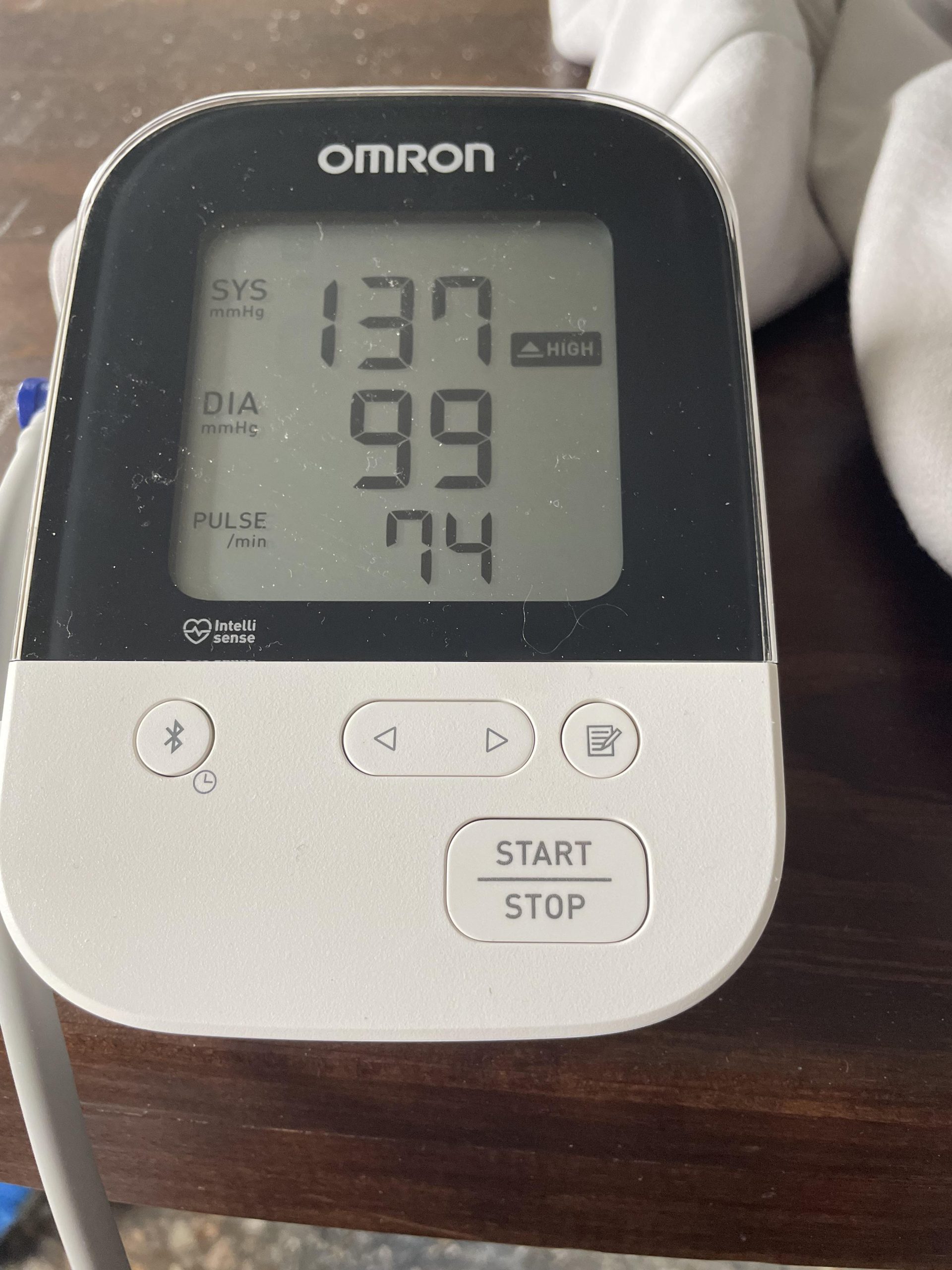
Image source: Reddit
Blood clots that affect blood flow to the heart (coronary arteries) can disrupt normal heart rhythms and lead to palpitations, irregular heartbeat (arrhythmia), or chest discomfort. Individuals may experience episodes of rapid, fluttering, or skipped heartbeats that may be concerning.
30. Watch for sudden changes in vision or balance
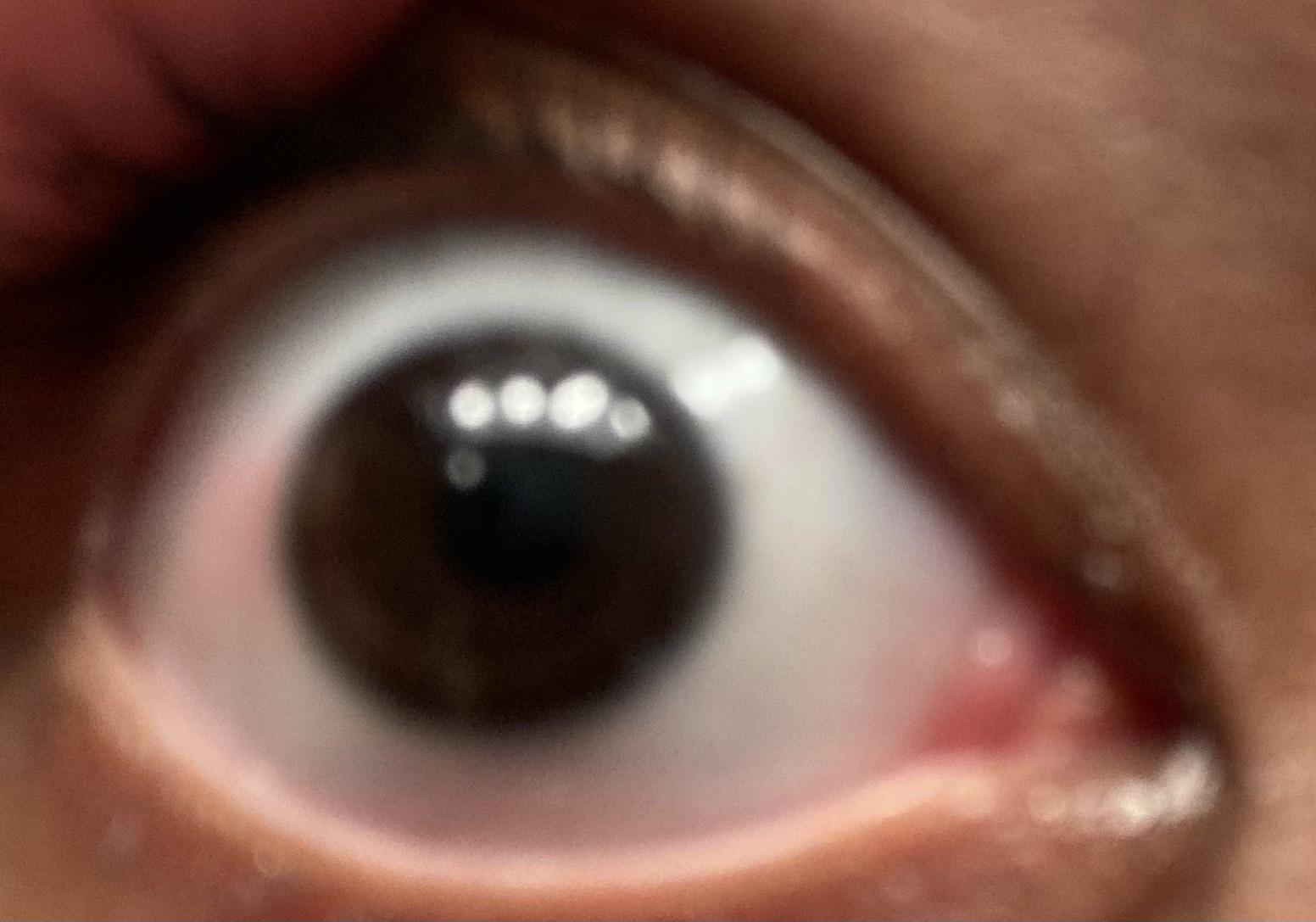
Image source: Reddit
Blood clots in the brain or cerebral blood vessels can cause sudden changes in vision, balance, coordination, or spatial awareness. Individuals may experience visual disturbances, double vision, vertigo, or difficulty maintaining balance and may be at risk of falls or accidents.
31. Persistent fever because of an inflammatory response
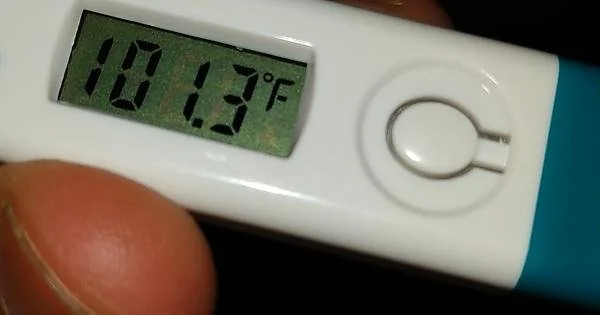
Image source: Reddit
In some cases, blood clots can trigger an inflammatory response in the body, leading to a persistent fever. The fever may be low-grade or high-grade and may be accompanied by other symptoms such as chills, sweating, fatigue, and body aches. Fever in the presence of other signs of a blood clot should be looked into.
32. Blood clotting disorder
 Image source: USA Today
Image source: USA TodayA blood clotting disorder will make your blood form clots.
This is also called a hypercoagulable state. When you get hurt, your body will stop the bleeding by forming a blood clot. Clotting factors that your liver makes then stick to platelets to form a clot.
33. Calf pain with dorsiflexion could be a sign
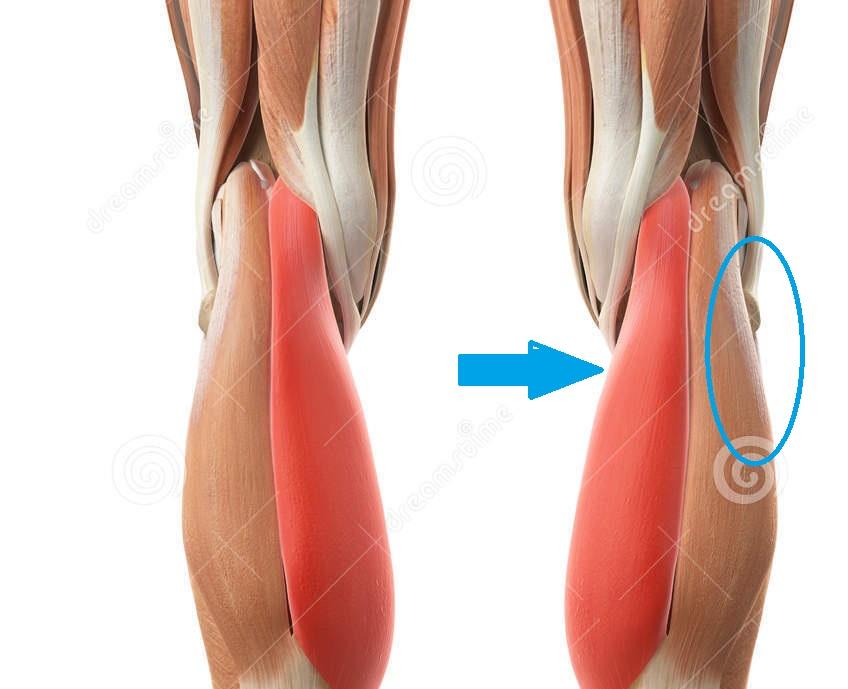
Image source: Reddit
Homan's sign, which involves calf pain when the foot is dorsiflexed, has been historically used as a clinical test for deep vein thrombosis (DVT). However, it's not considered a reliable indicator and can even be harmful, as manipulating the calf in this way may dislodge a clot, leading to a pulmonary embolism.
34. There are red streaks on the skin
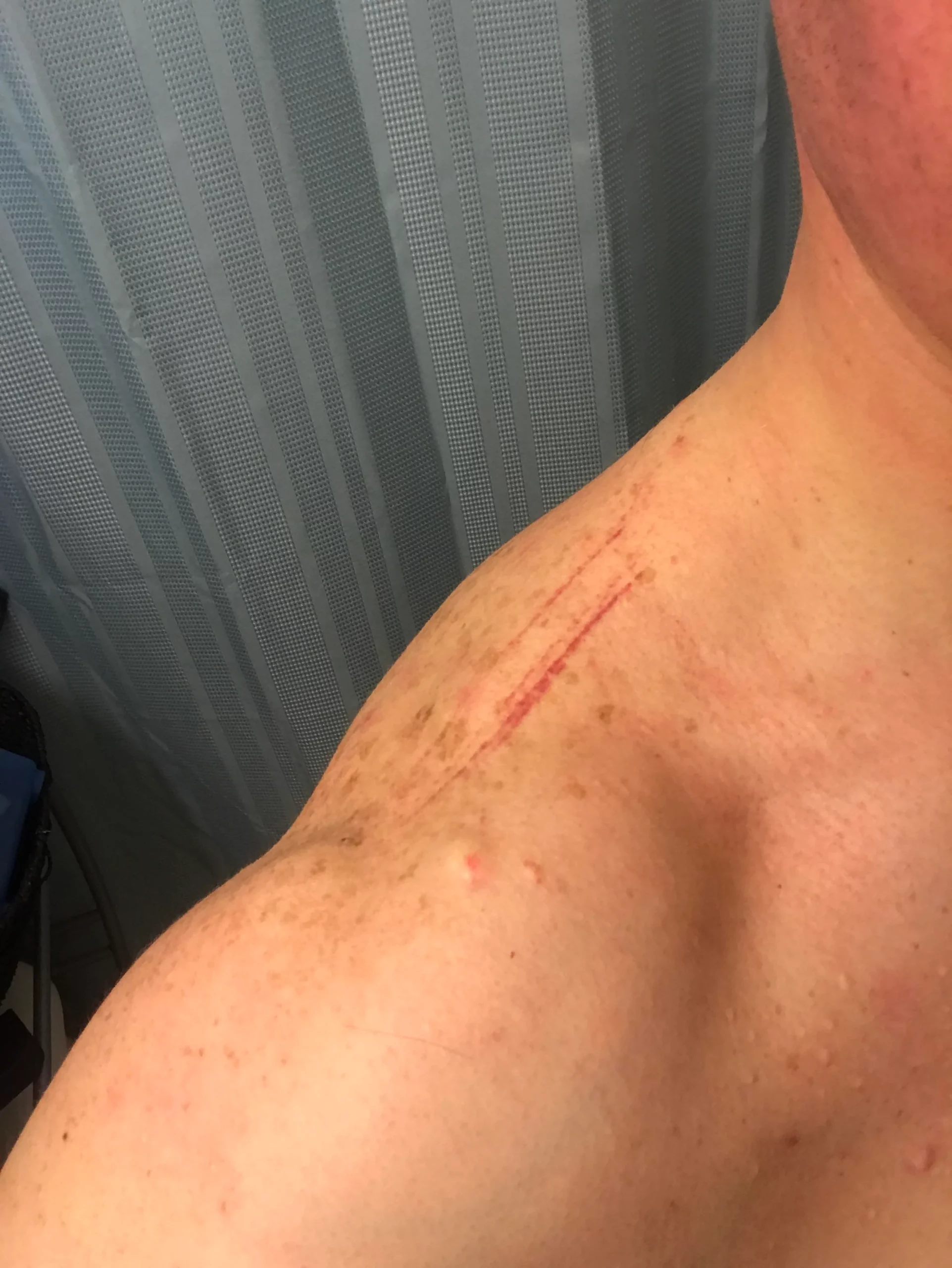
Image source: Reddit
Thrombophlebitis is a condition characterized by inflammation and blood clot formation in a superficial vein, usually accompanied by redness, warmth, and tenderness along the affected vein. Red streaks along the veins may be visible due to inflammation and vascular engorgement.
35. Worrying swelling or discoloration after injury

Image source: Reddit
While minor injuries often lead to temporary swelling and discoloration, persistent swelling and discoloration beyond the expected healing time may indicate the presence of an underlying blood clot. Trauma to a vein, such as a fracture or muscle injury, can predispose individuals to DVT, especially if they have other risk factors.
36. It hurts when taking deep breaths
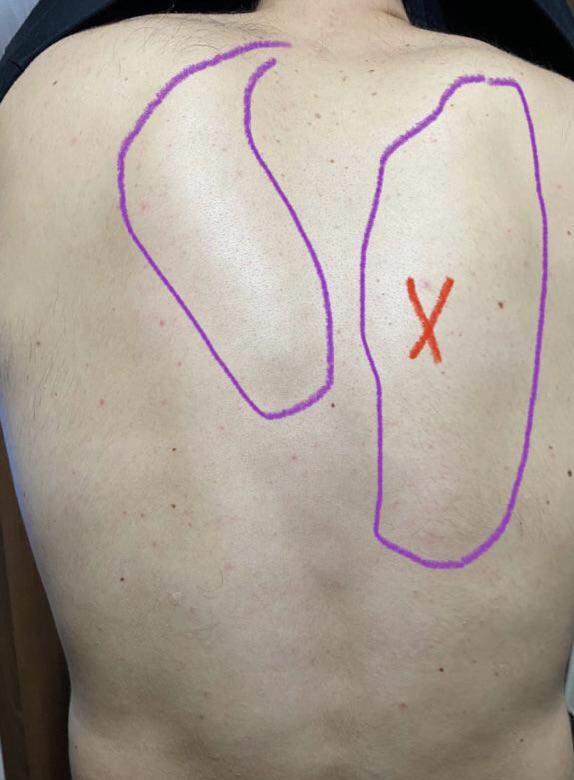
Image source: Reddit
Pleuritic chest pain is a hallmark symptom of pulmonary embolism (PE) and occurs when a blood clot lodges in the pulmonary arteries, obstructing blood flow to the lungs. The pain is typically sharp and stabbing in nature and worsens with deep breaths, coughing, or movement.
37. You want to vomit

Image source: Reddit
Blood clots that affect the abdomen can lead to gastrointestinal symptoms such as nausea, vomiting, abdominal pain, and bloating. These symptoms may result from partial or complete obstruction of blood flow in the mesenteric veins or arteries, causing ischemia (lack of blood supply) and tissue damage in the intestines.
38. Sudden onset of confusion or mental fog

Image source: Reddit
Cerebral ischemia caused by a blood clot in the brain can impair neurological function and manifest as sudden confusion, disorientation, difficulty speaking or understanding speech, and cognitive deficits. These symptoms may indicate a stroke (ischemic stroke) or transient ischemic attack (TIA), both of which require immediate medical attention.
39. Blue or purple discoloration of fingers or toes
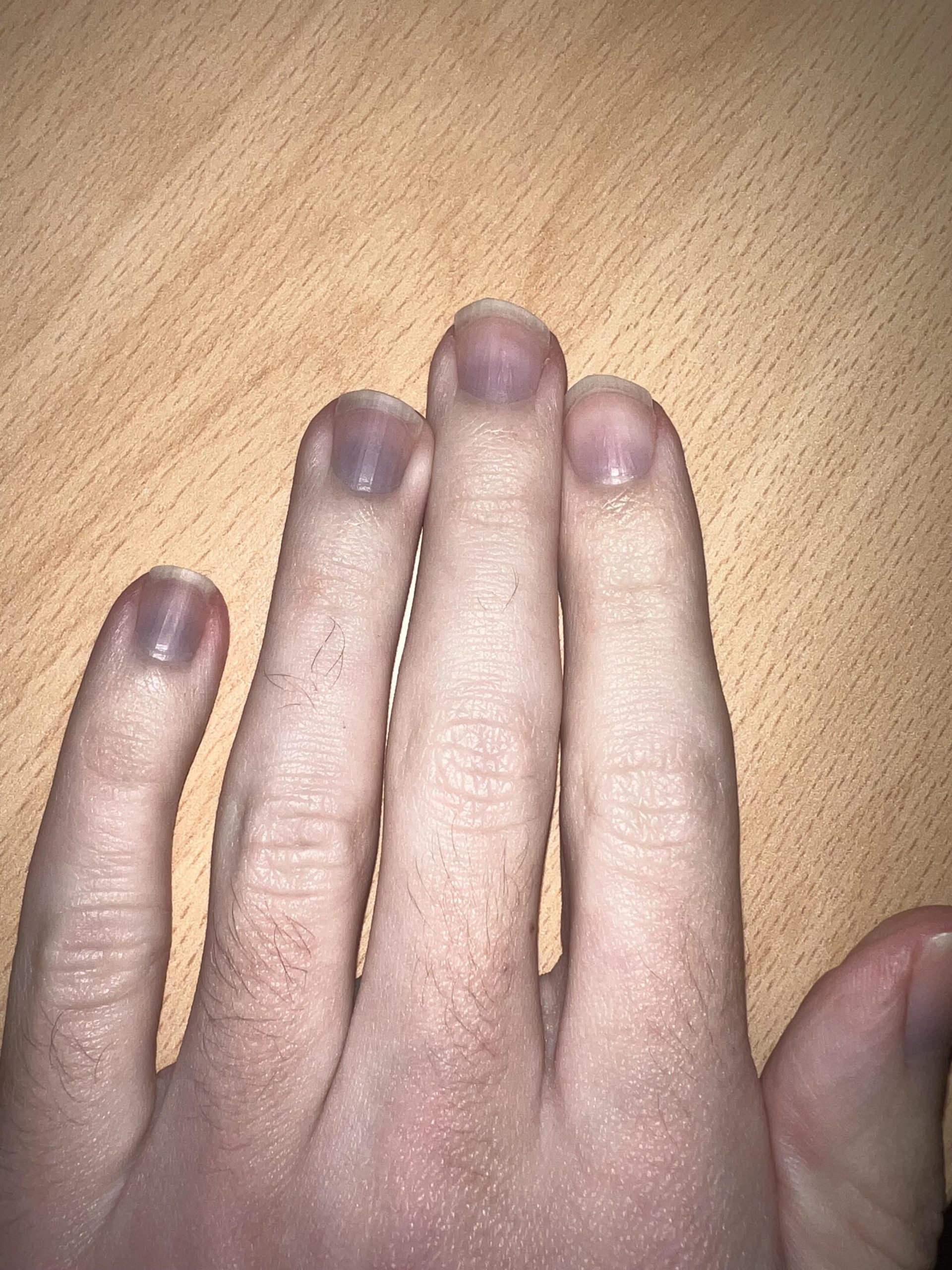
Image source: Reddit
Cyanosis, characterized by a bluish or purplish discoloration of the skin and mucous membranes, occurs when there is insufficient oxygenated blood reaching the tissues. Blood clots in the arteries supplying the extremities can impede blood flow, leading to tissue hypoxia and cyanosis.
40. Ouch - you get acute abdominal pain
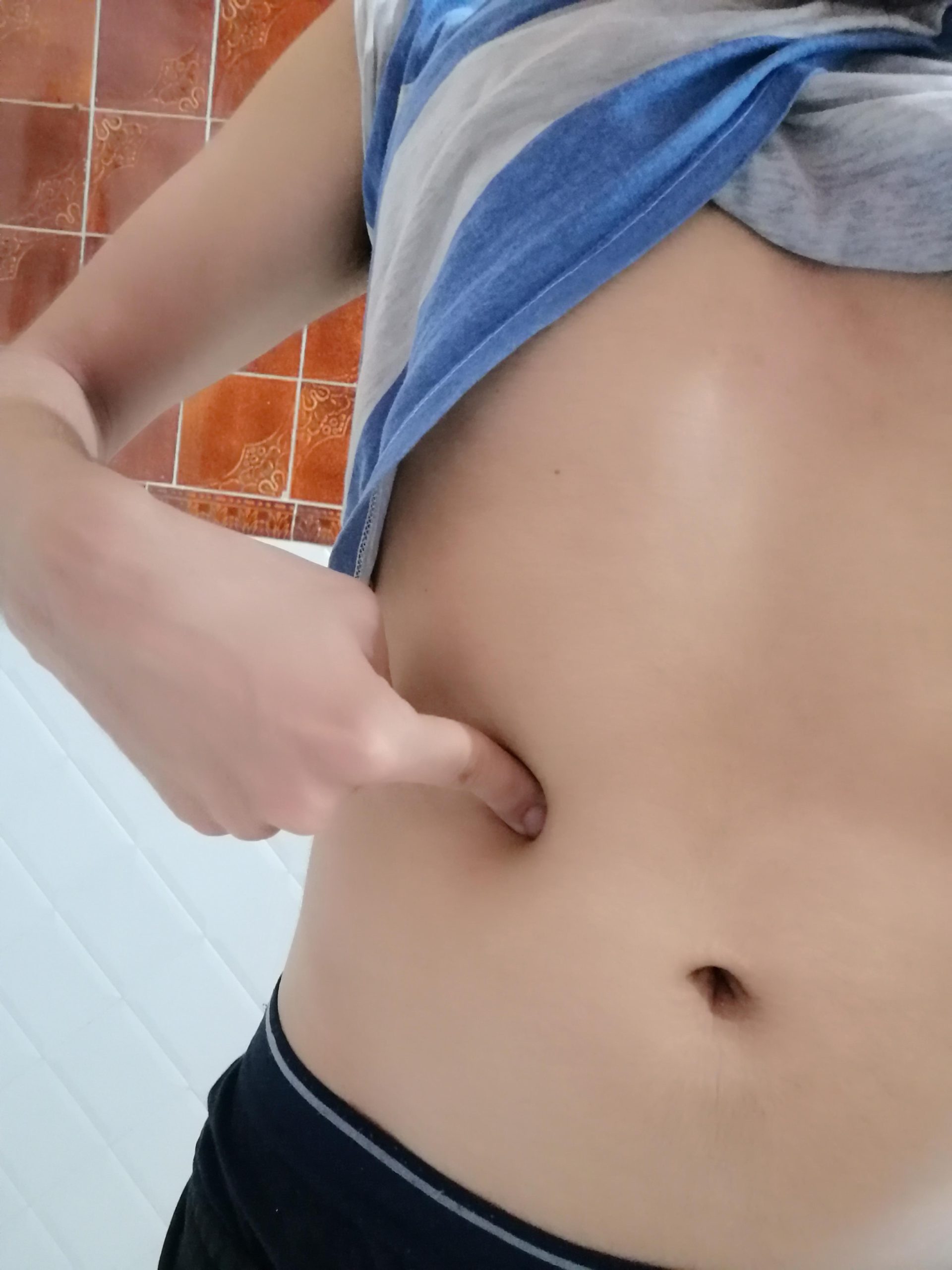
Image source: Reddit
Acute abdominal pain, particularly if it is severe, sudden in onset, and persistent, can indicate mesenteric ischemia—a serious condition caused by impaired blood flow to the intestines due to a blood clot in the mesenteric arteries. Mesenteric ischemia is a medical emergency that requires immediate evaluation.
41. Ways to help reduce the risk blood clot...
Stay active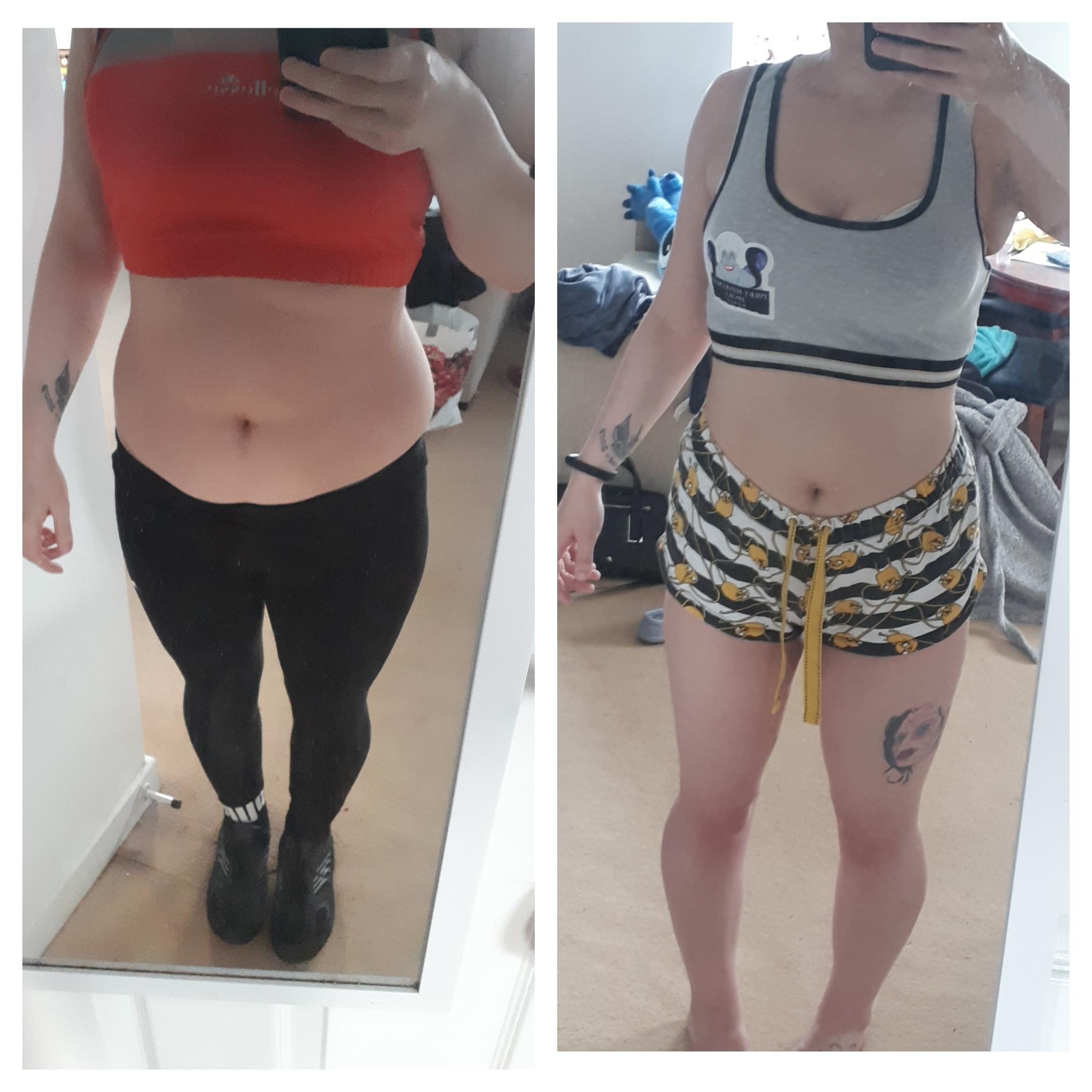
Image source: Reddit
Regular physical activity not only strengthens the heart and improves overall cardiovascular health but also promotes healthy blood circulation. Exercise helps prevent blood from pooling in the veins, reducing the risk of clot formation. Aim for a combination of aerobic exercises, such as walking, jogging, or cycling,
42. Maintain a healthy weight

Image source: Reddit
Excess body weight, especially obesity, can strain the cardiovascular system and increase the risk of blood clots. By adopting a balanced diet rich in fruits, vegetables, whole grains, and lean proteins, individuals can manage their weight effectively. Portion control, mindful eating, and avoiding high-calorie, processed foods contribute to weight management and reduce the risk of clot-related complications.
43. Stay well hydrated
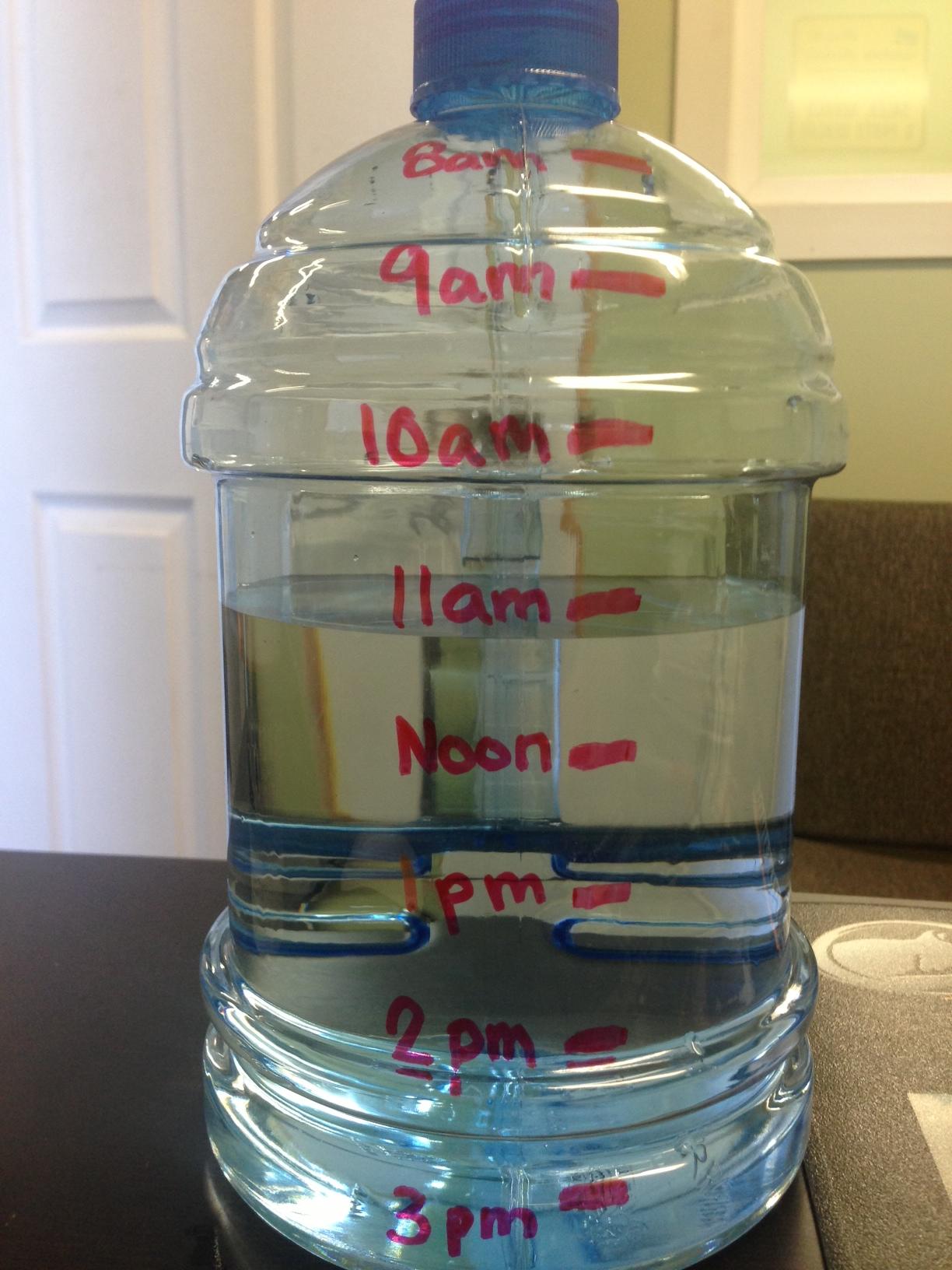
Image source: Reddit
Adequate hydration is essential for maintaining optimal blood viscosity and preventing dehydration, which can make blood more prone to clotting. Drinking water throughout the day, especially during hot weather or physical activity, helps keep blood flowing smoothly and reduces the risk of clot formation.
44. Quit smoking NOW
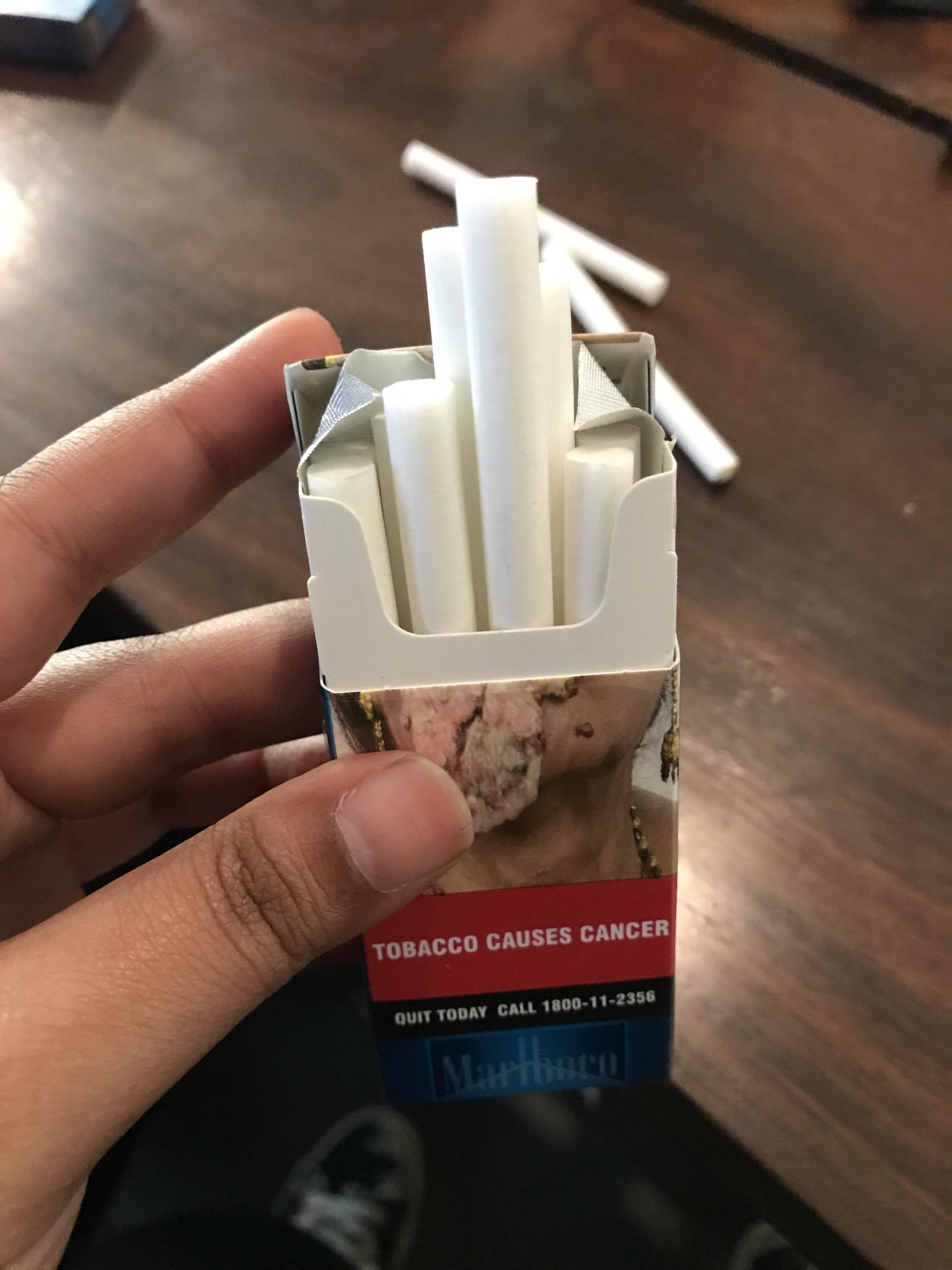
Image source: Reddit
Smoking damages the lining of blood vessels, increases inflammation, and promotes the formation of blood clots. Quitting smoking is one of the most effective ways to reduce the risk of clot-related disorders and improve your overall cardiovascular health.
45. Take regular breaks during travel, especially long haul

Image source: Reddit
Extended periods of immobility, such as during long flights or road trips, can lead to sluggish blood flow and increase the risk of DVT, particularly in the legs. To mitigate this risk, travelers should take breaks to stretch, walk around, and perform simple leg exercises to promote circulation.
46. Be sure to elevate your legs
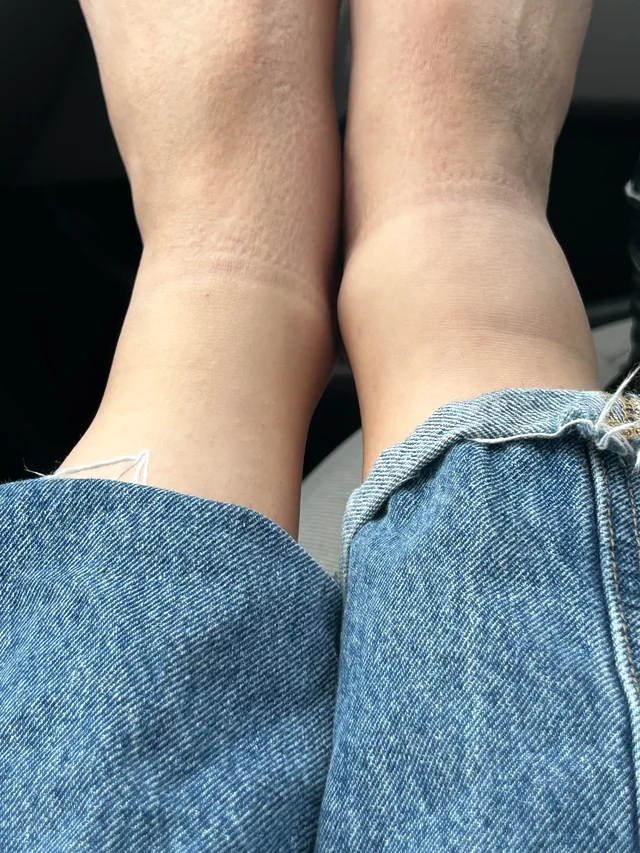
Image source: Reddit
Elevating the legs above heart level helps facilitate venous return and reduces swelling in the lower extremities. This practice is especially beneficial for individuals who spend prolonged periods sitting or standing, such as office workers or pregnant women.
47. Wear compression stockings to help blood flow

Image source: The Today Show
Compression stockings exert gentle pressure on the legs, enhancing blood flow and preventing blood from pooling in the veins. These specially designed garments are often recommended for individuals at risk of DVT, such as those with a history of blood clots, recent surgery, or prolonged immobility.
48. Eat a healthy diet with plenty antioxidants

Image source: Reddit
Consuming a nutritious diet promotes cardiovascular health and reduces the risk of blood clots. Emphasize foods rich in essential nutrients, including omega-3 fatty acids, antioxidants, and fiber, which support vascular integrity and circulation. Incorporate sources of healthy fats, such as oily fish, nuts, seeds, and olive oil.
49. Manage current chronic health conditions
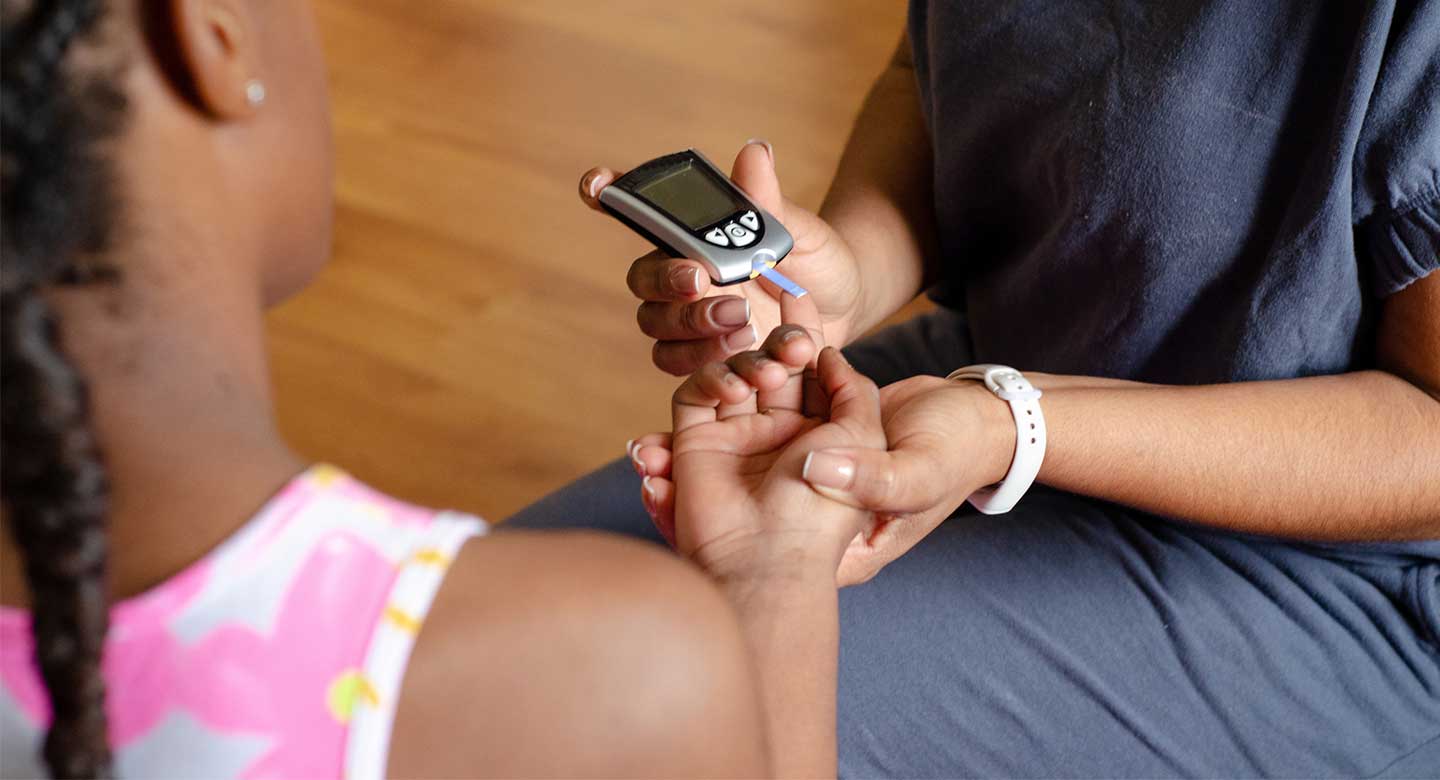
Image source: USA Today
Chronic health conditions like diabetes, hypertension (high blood pressure), and hyperlipidemia (high cholesterol) contribute to endothelial dysfunction, arterial plaque build up, and impaired blood flow, increasing the risk of clot formation and cardiovascular events.
50. Follow medical advice from a health professional
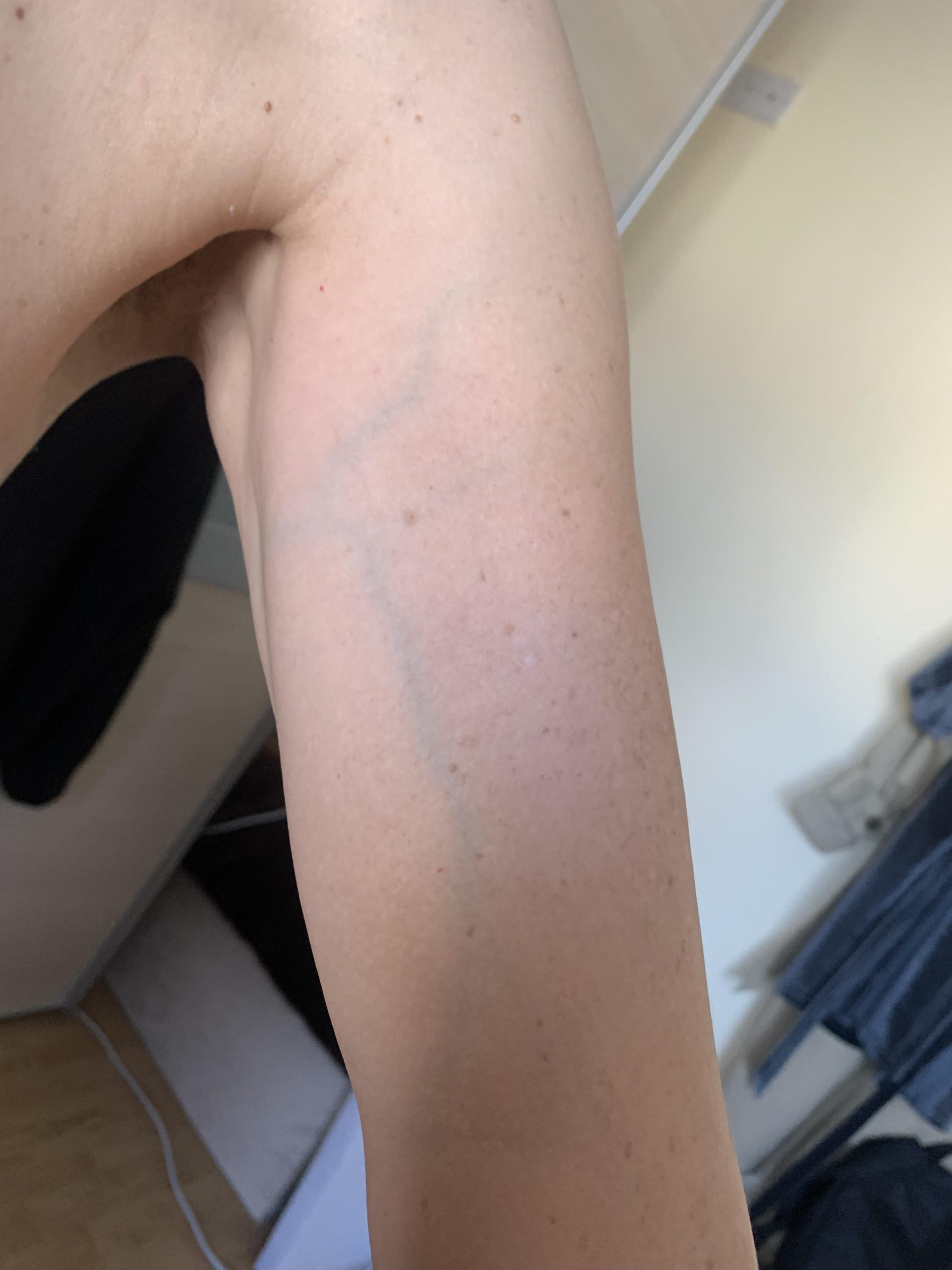
Image source: Reddit
Individuals with a personal or family history of blood clots, cardiovascular disease, or clotting disorders should adhere to their healthcare provider's recommendations for prevention and treatment. This may involve taking prescribed medications, such as anticoagulants or antiplatelet agents, as directed.
51. Seek Immediate Medical Attention
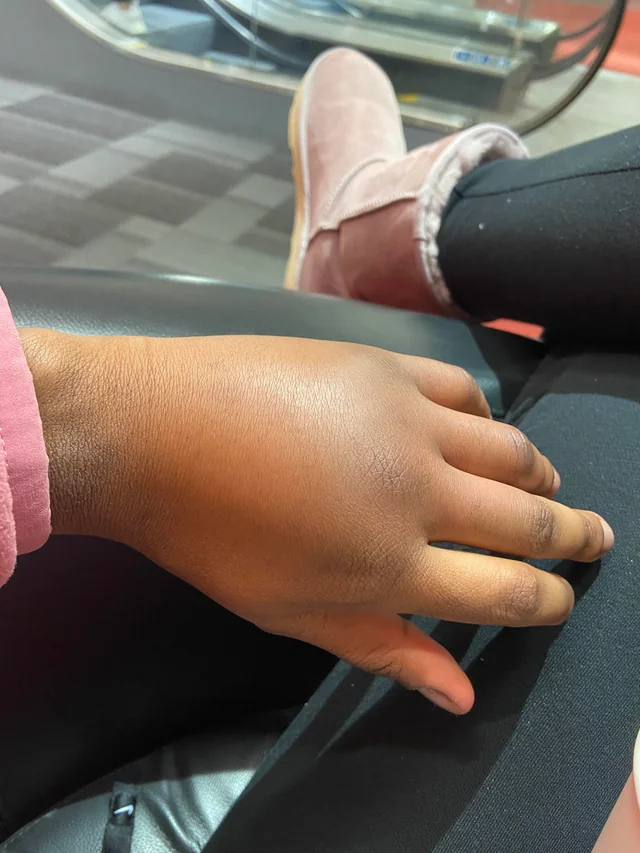
Image source: Reddit
When you suspect you have a blood clot, it's crucial to prioritize seeking medical assistance promptly. Delaying treatment can increase the risk of complications such as pulmonary embolism or stroke. Call emergency services or head to the nearest emergency room without delay.
52. Stay Calm and Avoid Panic

Image source: Reddit
Finding yourself in a situation where you suspect a blood clot can be frightening, but it's essential to remain as calm as possible. Panic can cloud judgment and hinder effective communication with healthcare providers. Take deep breaths and focus on maintaining a clear mind amidst the uncertainty.
53. Minimize Movement

Image source: Reddit
Upon suspecting a blood clot, it's prudent to minimize movement to prevent the potential dislodgement of the clot and mitigate the risk of further complications. Avoid sudden or vigorous activities that could agitate the clot and exacerbate the situation. If feasible, immobilize the affected limb or area to reduce the likelihood of movement-induced damage.
54. Elevate the Affected Area
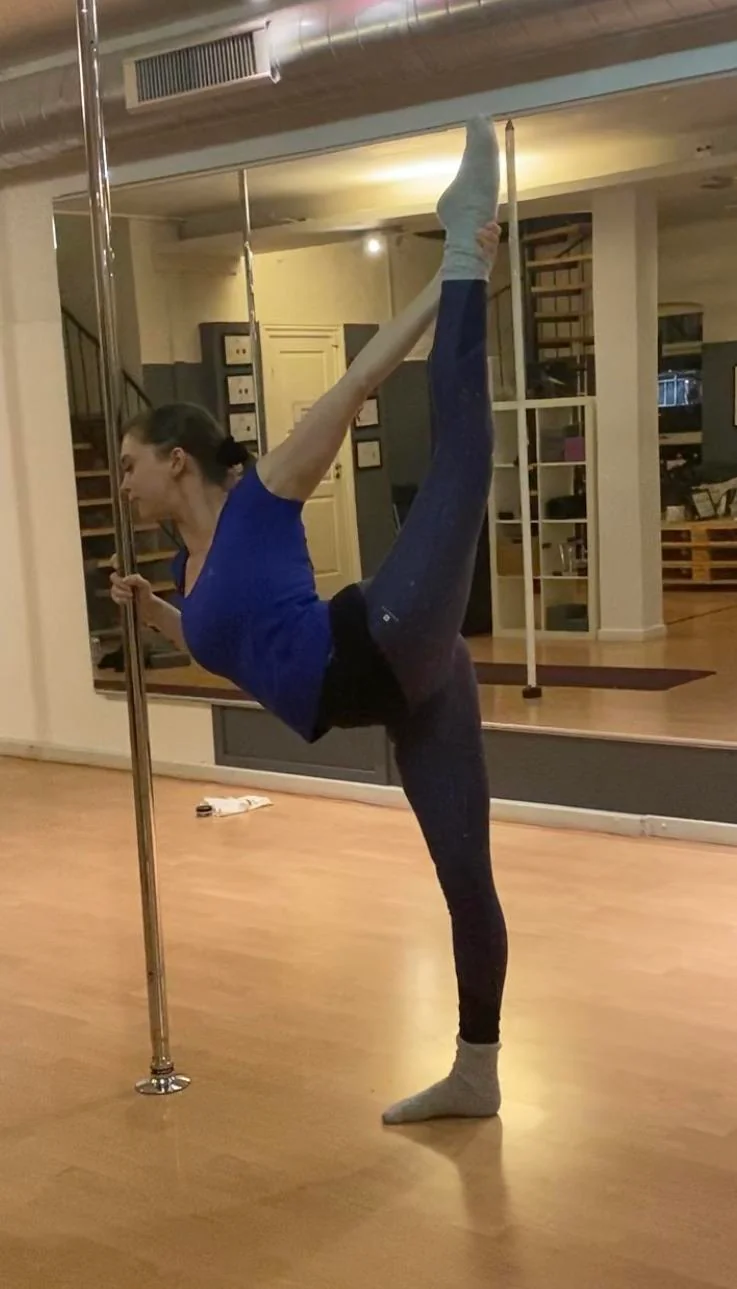
Image source: Reddit
Elevating the affected limb or area above the level of your heart can aid in reducing swelling and improving blood flow. This simple yet effective measure helps alleviate discomfort and promotes circulation, which is essential for minimizing clot-related complications.
55. Apply Cold Compress
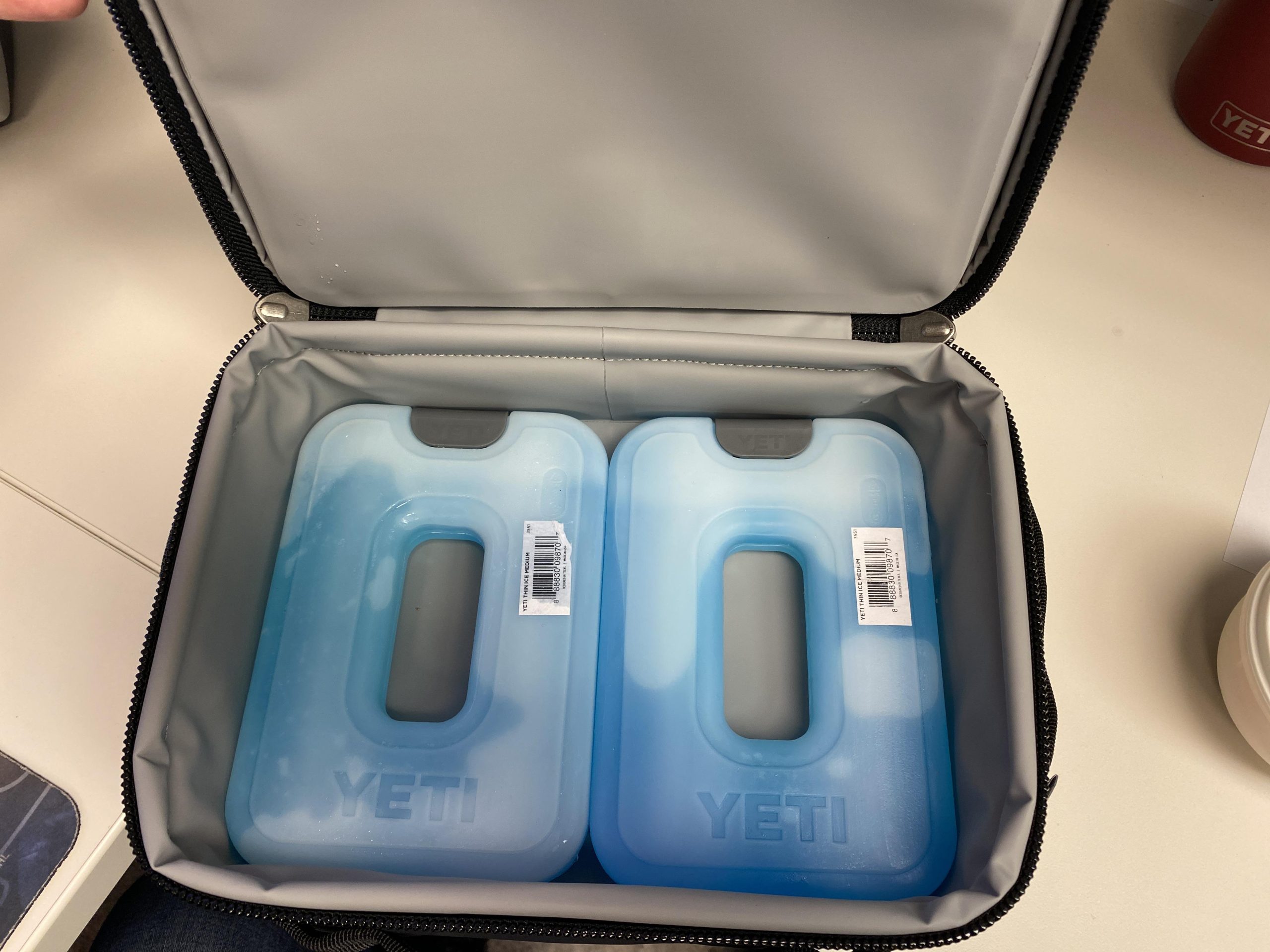
Image source: Reddit
Applying a cold compress or ice pack to the affected area can provide immediate relief by reducing swelling and numbing the area. Cold therapy constricts blood vessels, which can help alleviate pain and inflammation associated with blood clots. Wrap the ice pack in a thin cloth or towel to protect the skin from direct contact, and apply it to the affected area for short intervals, typically 15-20 minutes at a time.
56. Avoid Massaging the Area
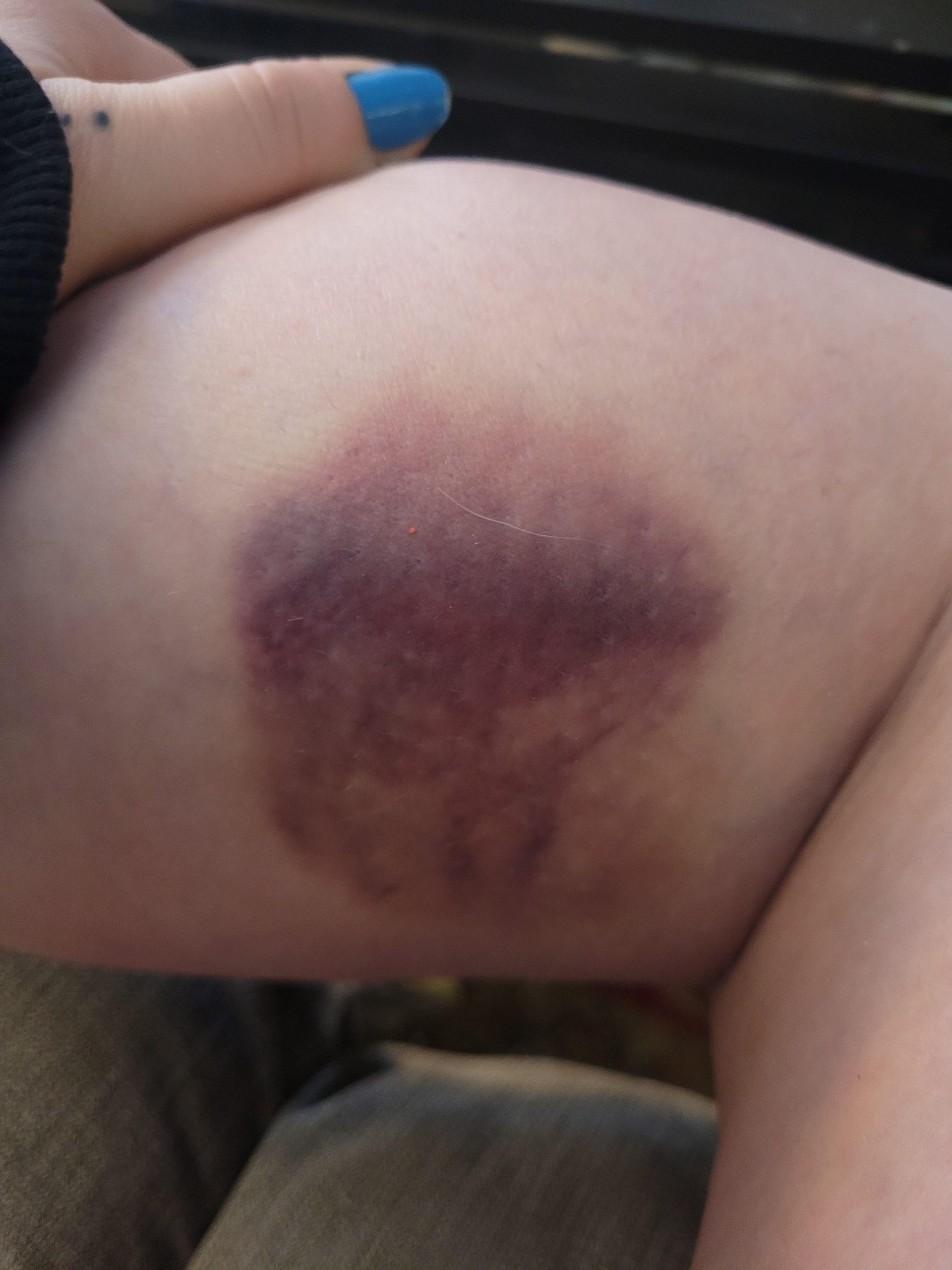
Image source: Reddit
Resist the urge to massage the area where you suspect the blood clot is located, as this can potentially dislodge the clot and exacerbate the situation. Massage therapy, while beneficial in certain contexts, can pose risks when dealing with blood clots. Instead, prioritize gentle immobilization and avoid applying pressure or manipulating the affected area.
57. Inform Medical Professionals
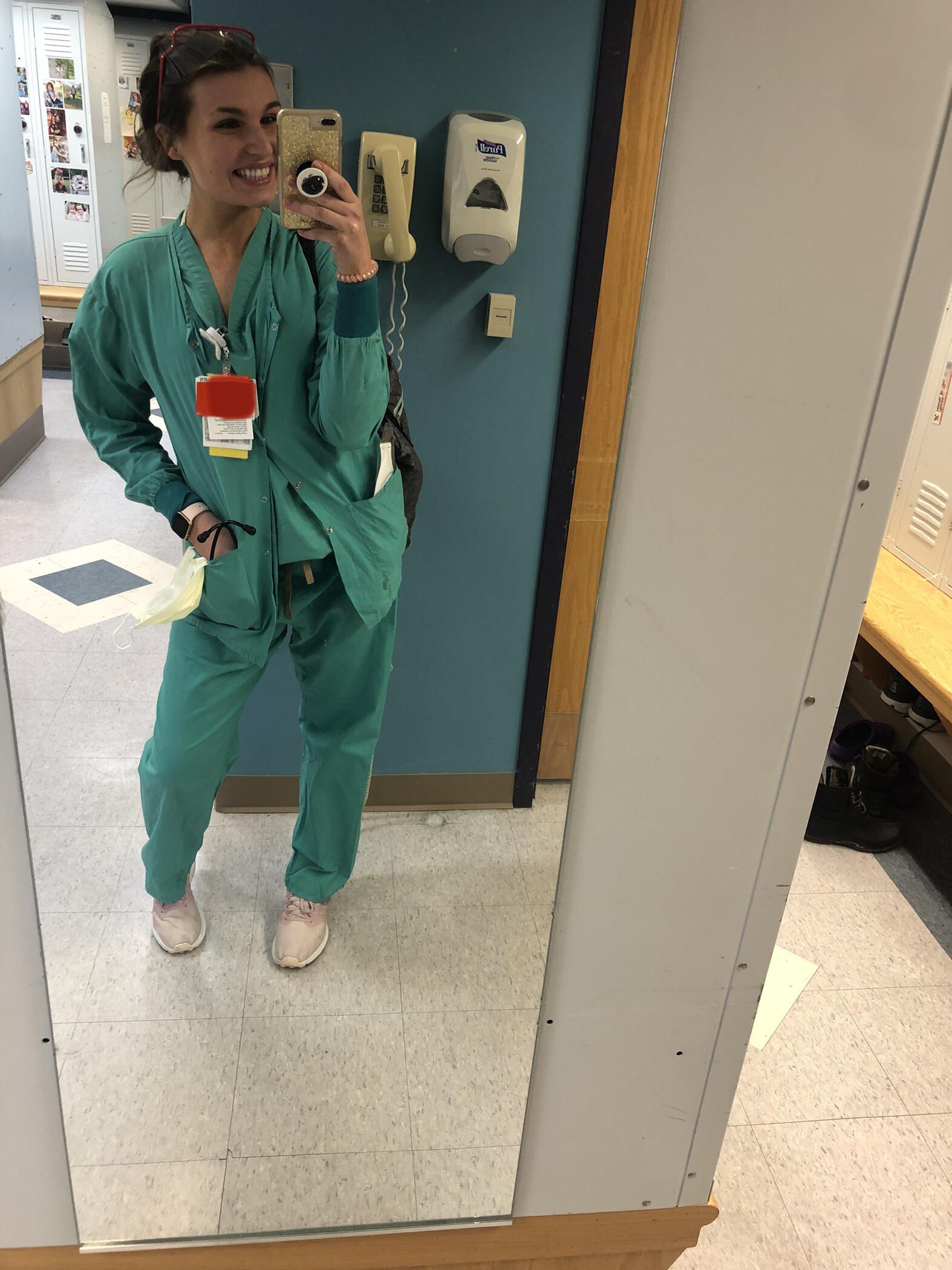
Image source: Reddit
Providing detailed information to the medical team is essential for facilitating accurate diagnosis and timely treatment. Be forthcoming about your symptoms, medical history, and any medications or supplements you're currently taking. Communicate any relevant factors such as recent travel, surgery, or injury that may contribute to the development of a blood clot.
58. Follow Medical Advice
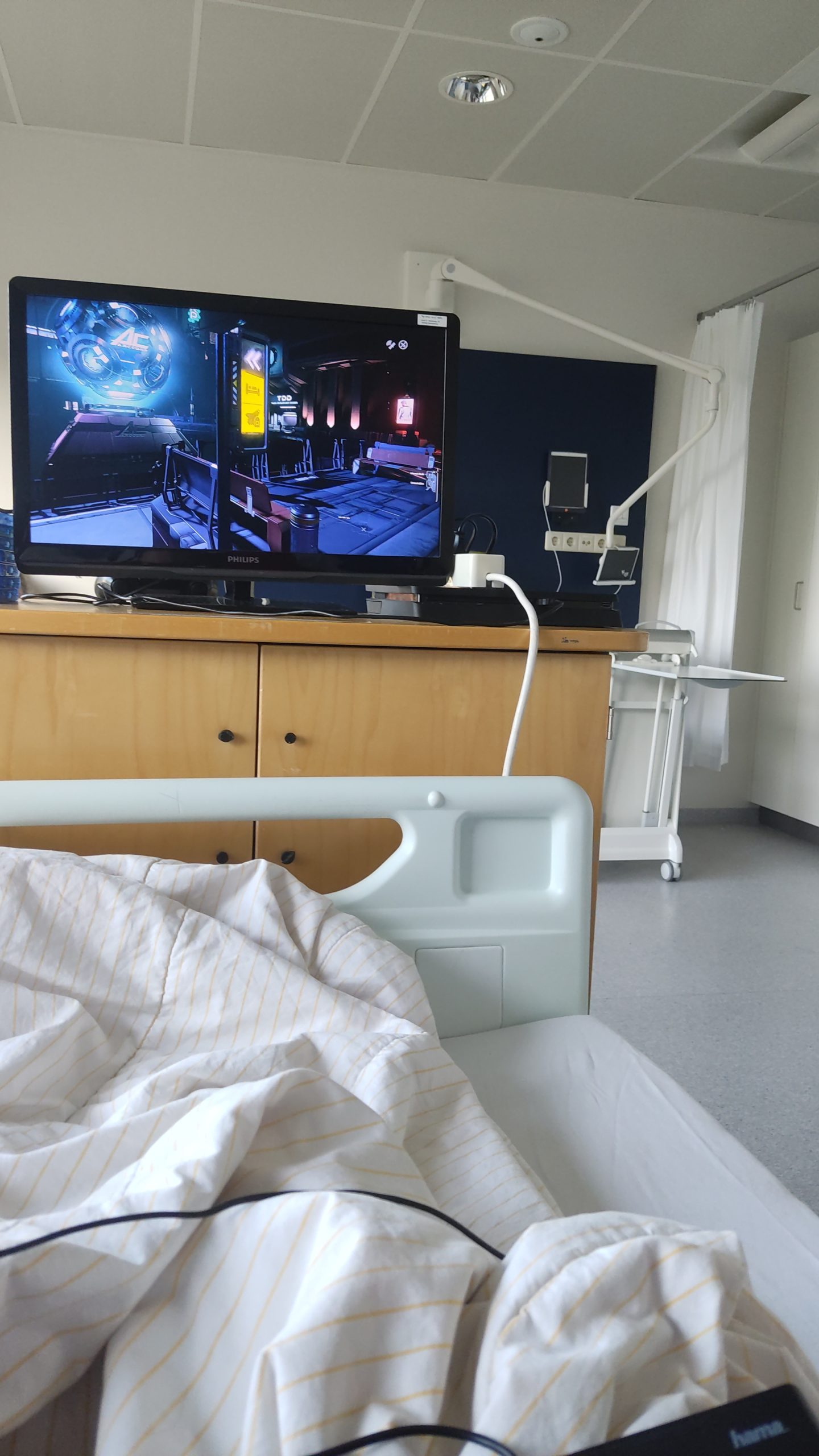
Image source: Reddit
Collaboration with healthcare professionals is key in navigating the complexities of a suspected blood clot. Follow their instructions meticulously regarding diagnostic tests, treatments, and medication. Compliance with medical advice is crucial for optimizing treatment outcomes and minimizing the risk of complications.
59. Monitor for Complications
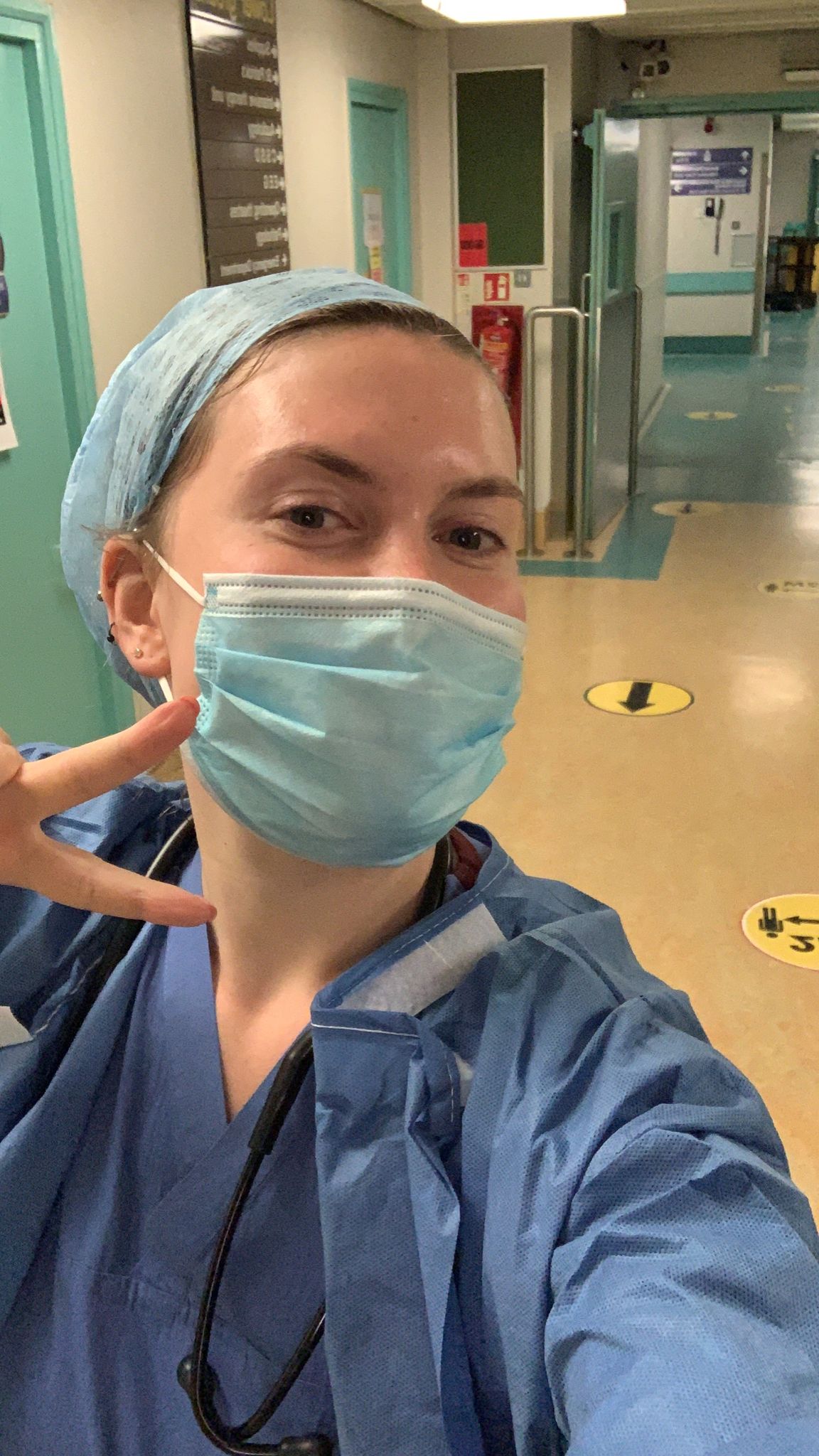
Image source: Reddit
Vigilance for signs of complications such as chest pain, shortness of breath, or fainting is paramount when dealing with a suspected blood clot. These symptoms may indicate the presence of a pulmonary embolism or other serious complications requiring immediate medical attention.
60. Keep Records
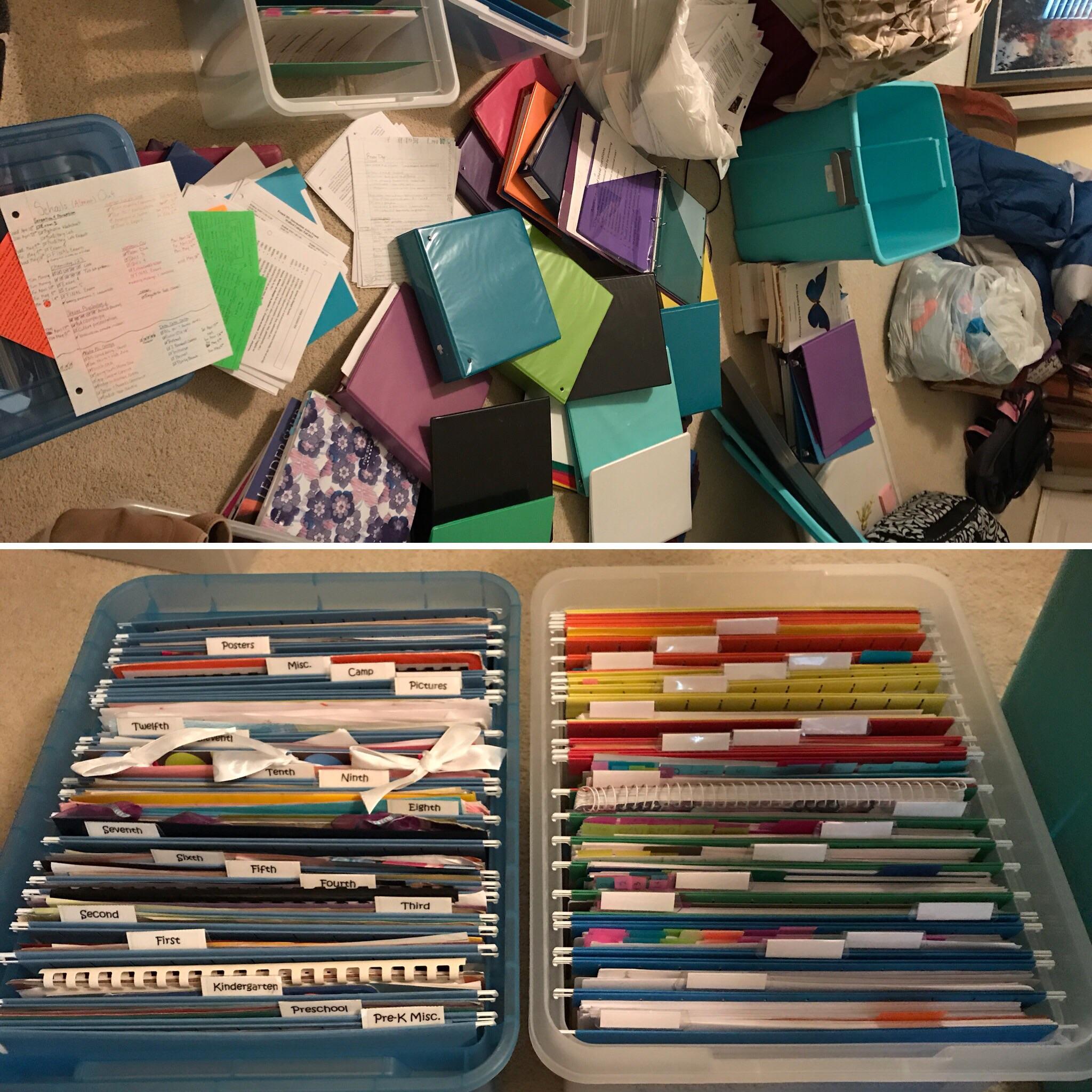
Image source: Reddit
Maintaining a comprehensive record of your symptoms is invaluable for both you and your healthcare providers. Note down when symptoms began, their intensity, duration, and any factors that exacerbate or alleviate them. This log serves as a valuable resource during medical consultations, enabling healthcare professionals to gain insights into the progression of your condition and make informed decisions regarding treatment adjustments.
61. Stay Hydrated
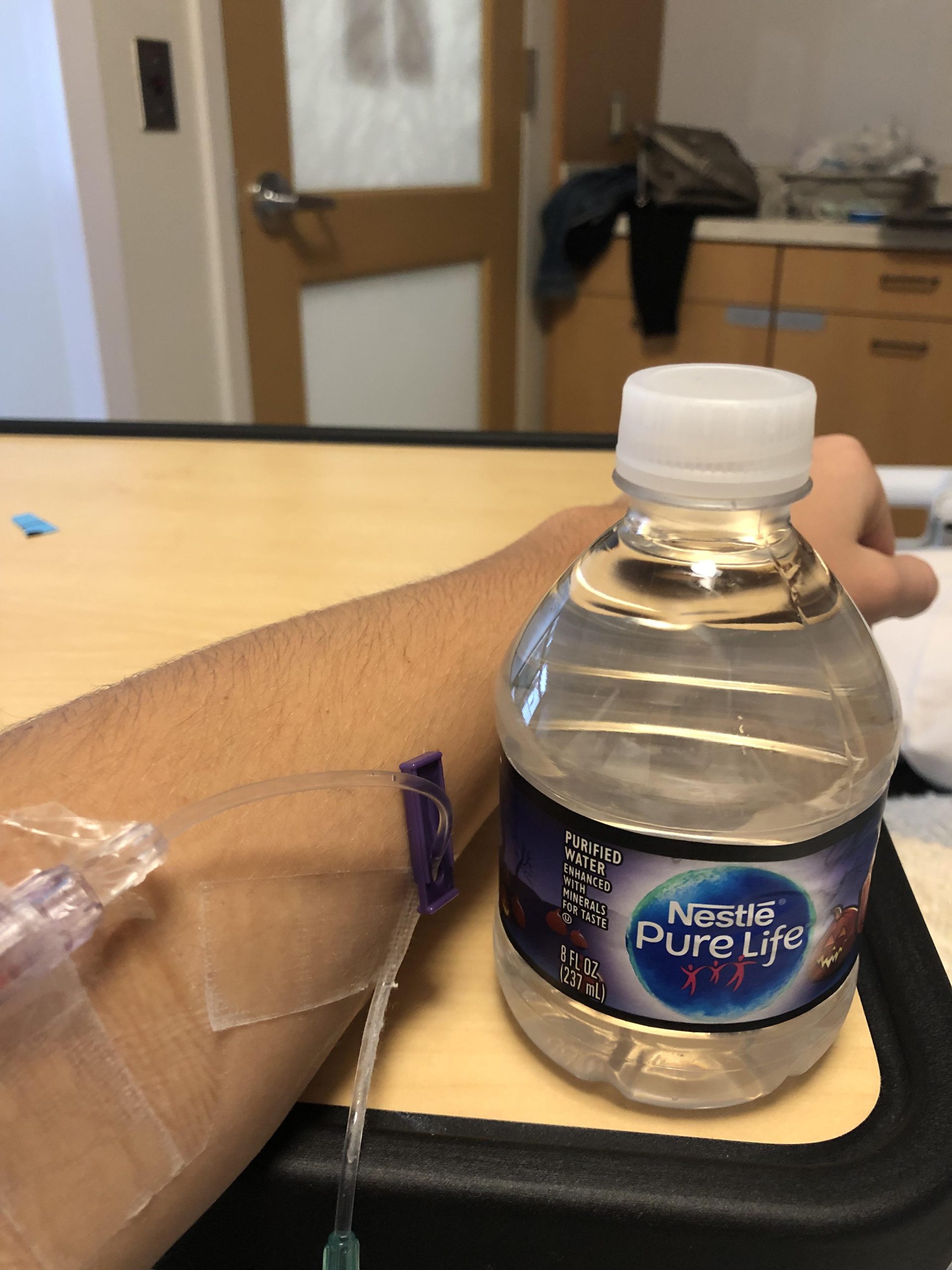
Image source: Reddit
Adequate hydration is essential for overall health and can also play a role in managing blood clot-related symptoms. Drink plenty of water to maintain hydration levels, as dehydration can exacerbate clotting tendencies and increase the risk of complications. Opt for water as your primary beverage choice and limit consumption of caffeinated or alcoholic beverages, which can have dehydrating effects.
62. Avoid Smoking

Image source: Reddit
Smoking poses significant risks for individuals with blood clotting disorders and can exacerbate existing health concerns. Nicotine and other harmful chemicals in tobacco products can promote blood clot formation and impair circulation, increasing the likelihood of complications such as deep vein thrombosis (DVT) or pulmonary embolism (PE).
63. Inform Emergency Contacts
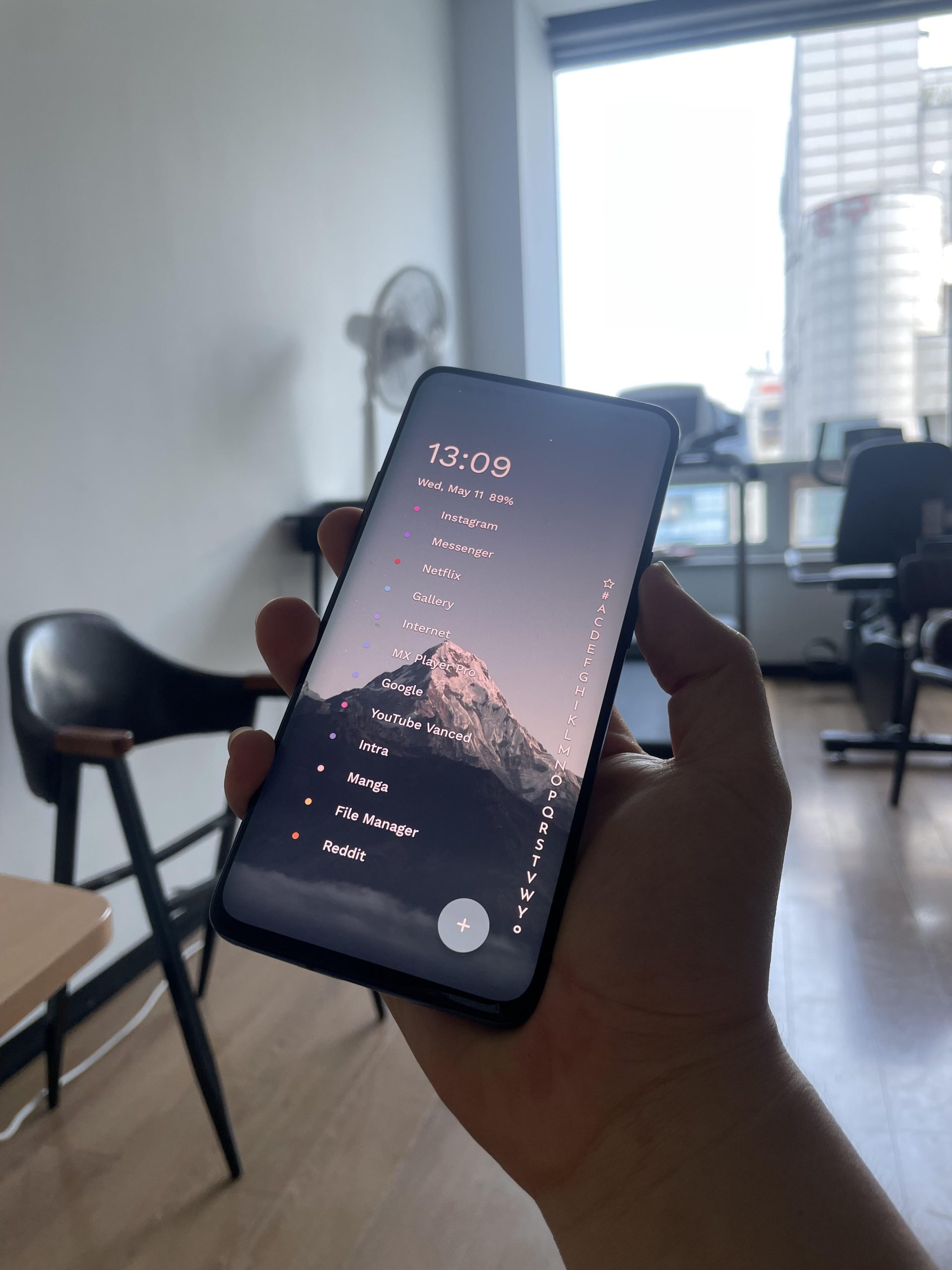
Image source: Reddit
Informing trusted family members or friends about your situation is essential for ensuring support and assistance during a medical emergency. Provide them with relevant information, such as your location, the nature of your symptoms, and any instructions from healthcare providers.
64. Be Prepared for Diagnostic Tests
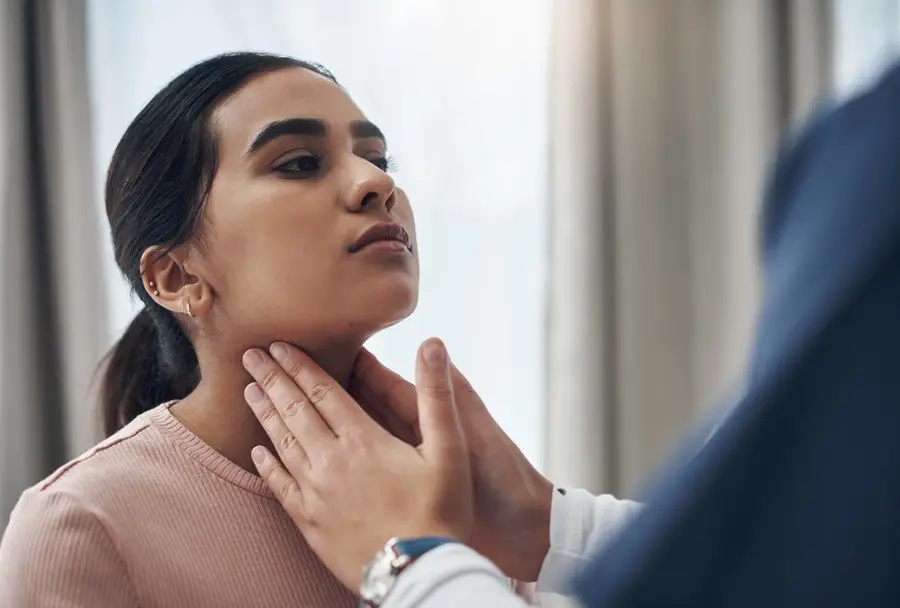
Image source: BuzzFeed
Diagnostic tests such as ultrasound, CT scans, or blood tests are instrumental in confirming the presence of a blood clot and determining its severity. Be prepared to undergo these tests as recommended by your healthcare provider, and follow any instructions regarding preparation or scheduling.
65. Follow Up with Healthcare Provider
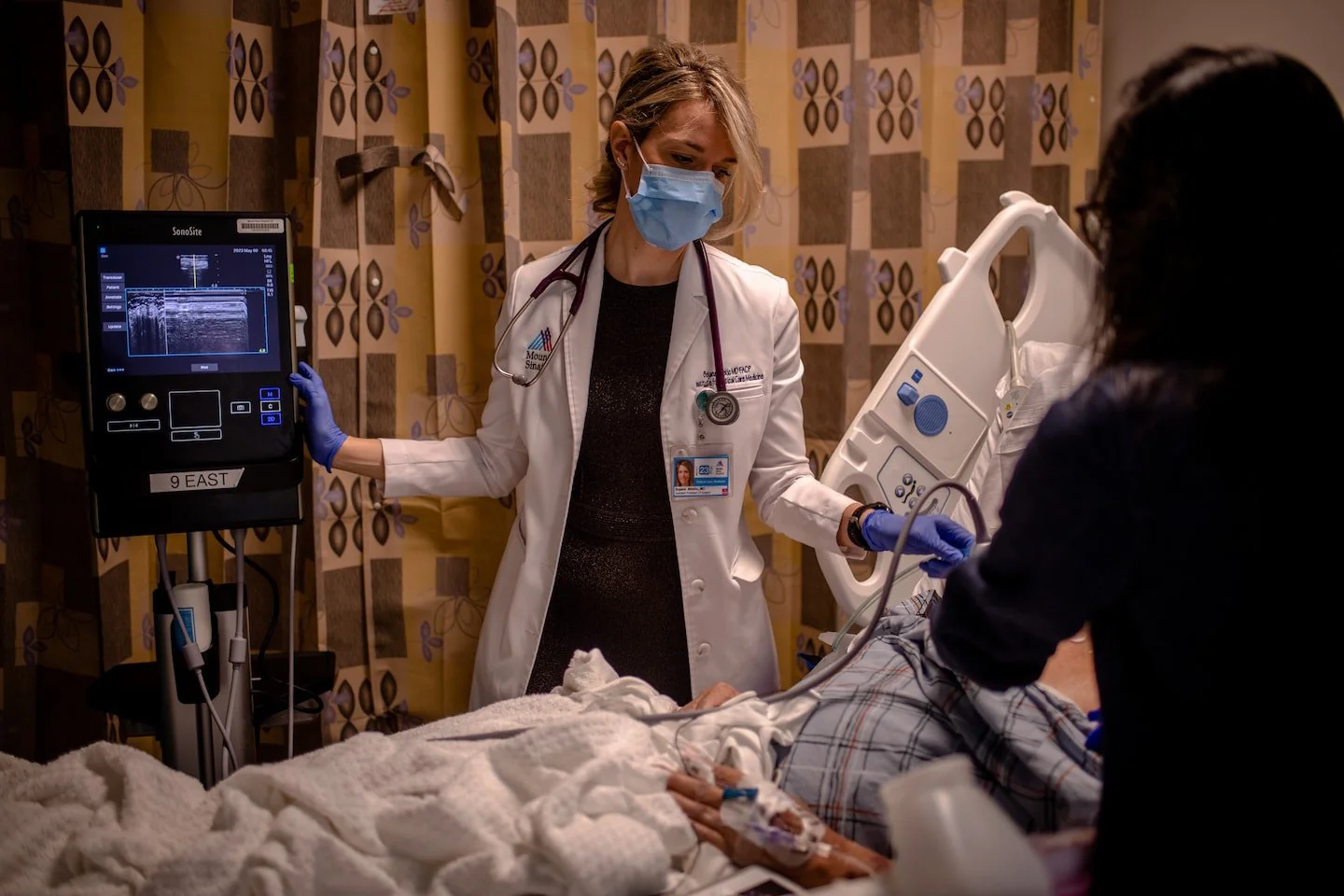
Image source: Reddit
After receiving emergency care, it's essential to schedule follow-up appointments with your primary care physician or specialist for ongoing management and monitoring. These follow-up visits serve multiple purposes, including assessing treatment effectiveness, monitoring for complications, and addressing any lingering concerns or questions you may have.
66. Take Prescribed Medications
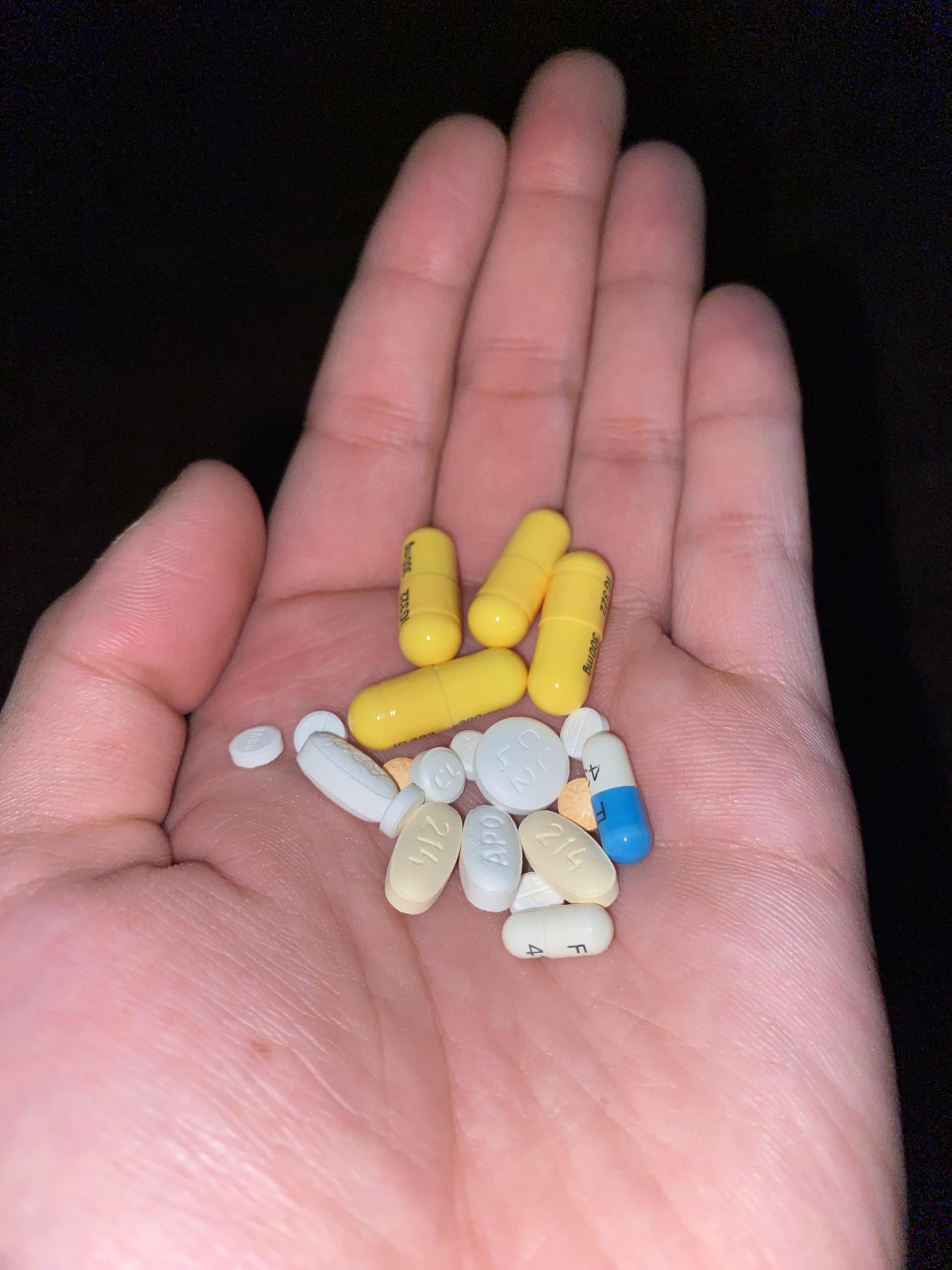
Image source: Reddit
If prescribed anticoagulant medications (blood thinners) or other medications to manage clot-related symptoms, it's imperative to adhere to your prescribed regimen meticulously. Anticoagulants help prevent further clotting and reduce the risk of complications by inhibiting the body's clotting mechanisms.
67. Educate Yourself

Image source: Reddit
Empowering yourself with knowledge about your condition and treatment options is a proactive step toward effectively managing a blood clot. Take the initiative to learn about the underlying causes of blood clots, potential risk factors, and available treatment modalities. Seek reputable sources of information, such as medical journals, trusted websites, or educational materials provided by healthcare professionals.
68. Seek Emotional Support
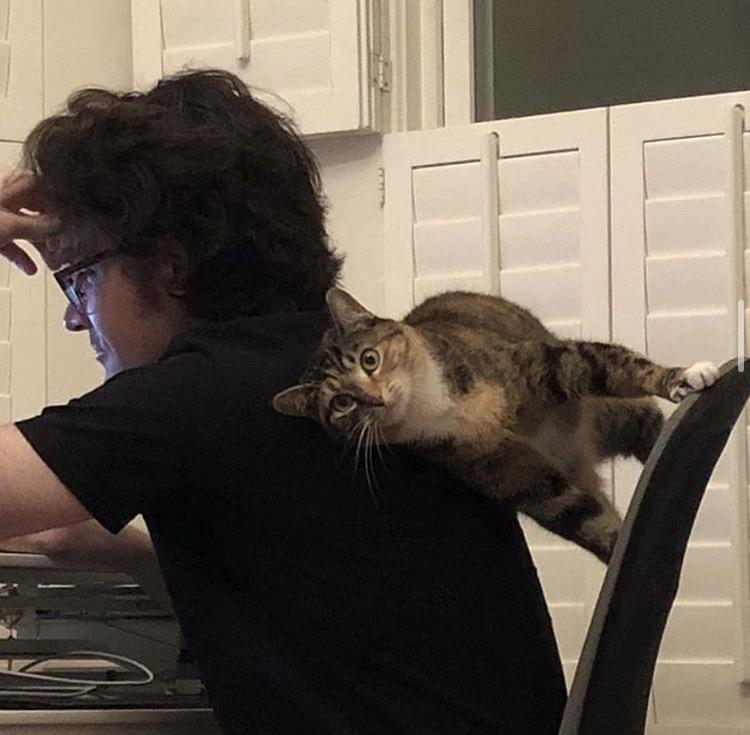
Image source: Reddit
Coping with a blood clot diagnosis can evoke a range of emotions, including anxiety, fear, or frustration. Seeking emotional support from friends, family, or mental health professionals can provide invaluable assistance in navigating the emotional challenges associated with your condition.
69. Maintain Open Communication

Image source: Reddit
Effective communication with your healthcare team is essential for ensuring that your needs are addressed and that you receive the best possible care. Maintain open lines of communication with your healthcare providers, expressing any concerns, questions, or preferences you may have regarding your treatment plan. Actively participate in discussions regarding treatment options, goals, and potential risks and benefits.
70. Stay Informed
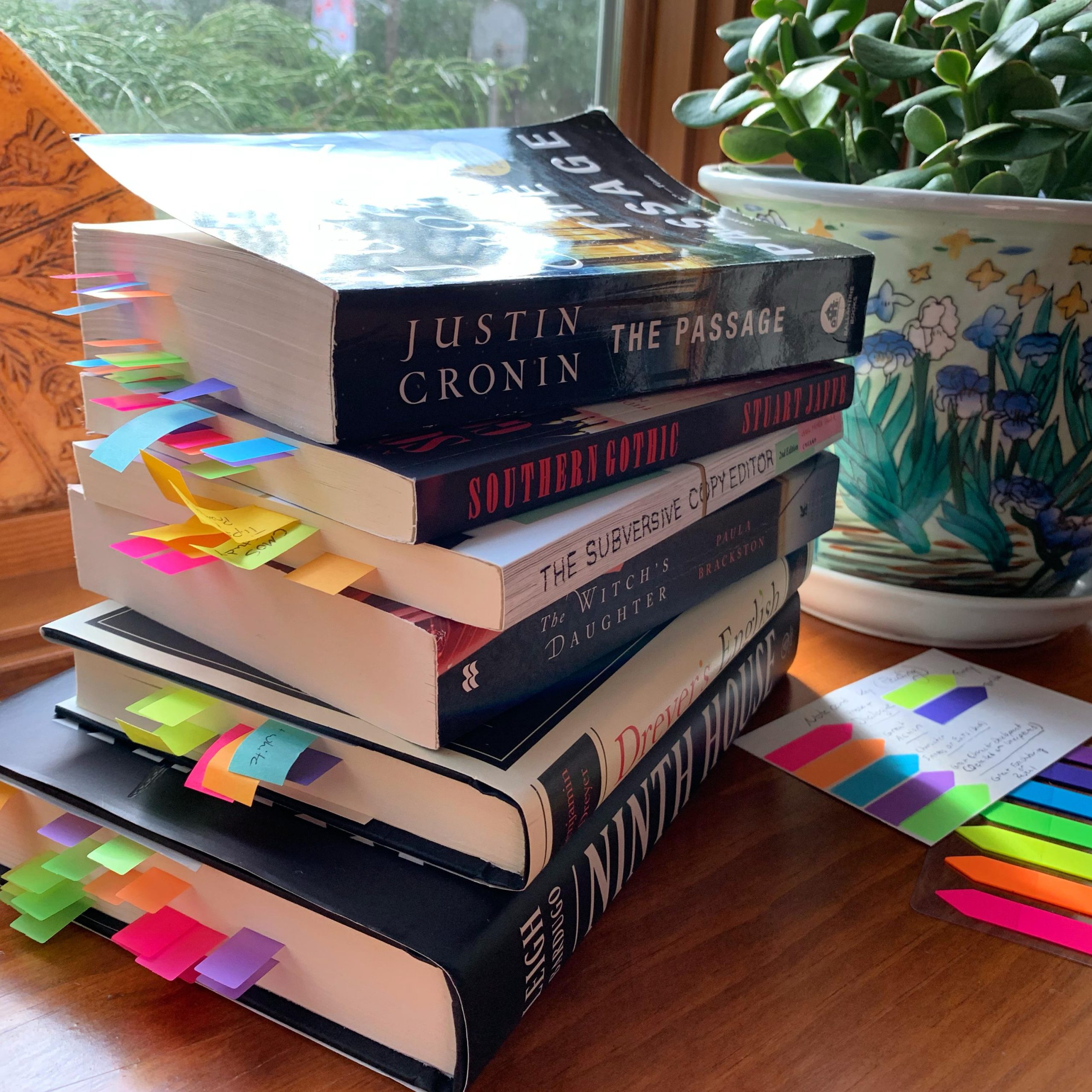
Image source: Reddit
Remaining informed about advancements in the field of clotting disorders and treatment options empowers you to make informed decisions regarding your care. Stay abreast of new research findings, treatment modalities, and emerging therapies through reputable sources such as medical journals, professional organizations, or patient advocacy groups.
71. Adhere to Lifestyle Changes
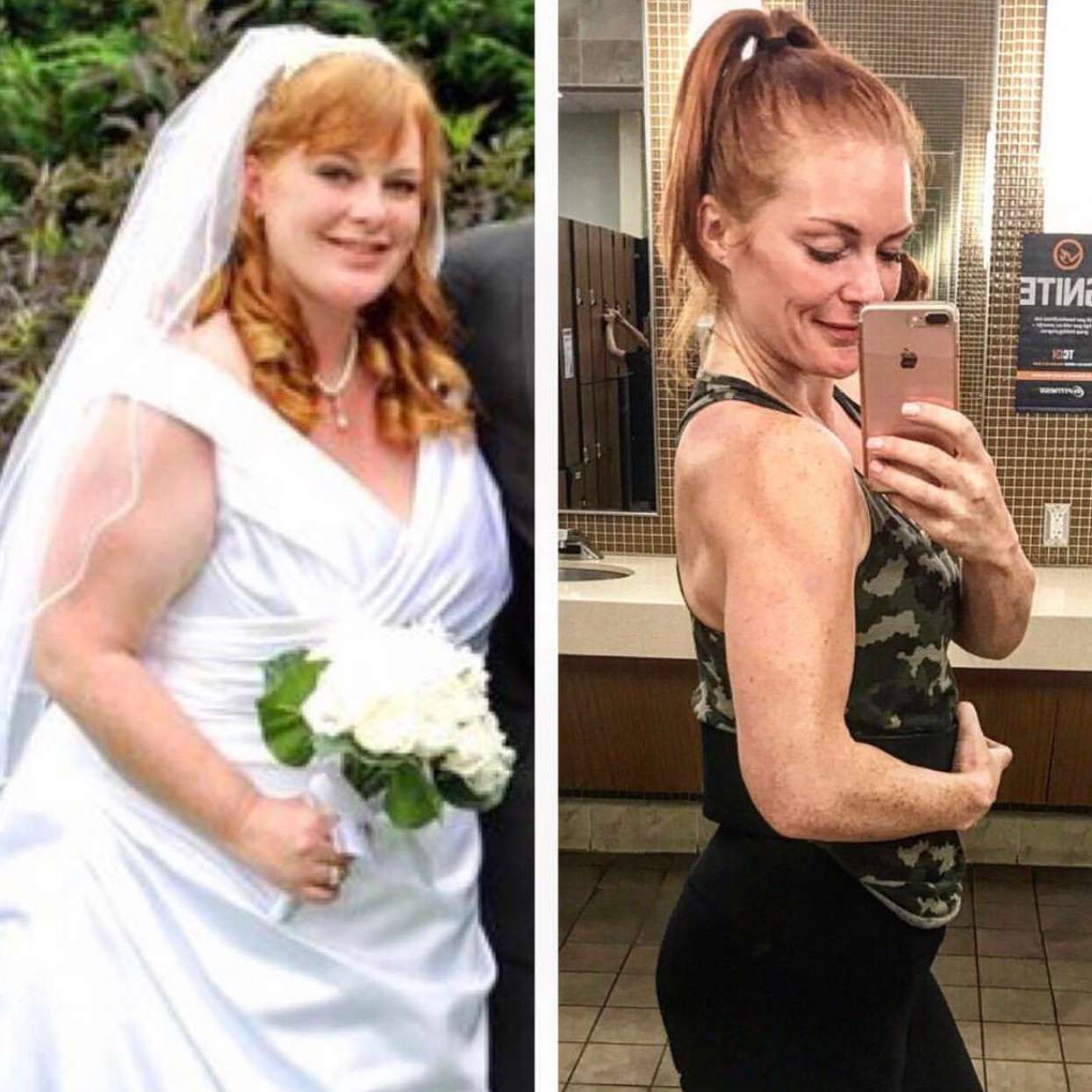
Image source: Reddit
Lifestyle modifications play a significant role in managing blood clots and reducing the risk of recurrence. Follow any lifestyle recommendations provided by your healthcare provider, such as maintaining a healthy weight, engaging in regular physical activity, and adopting a balanced diet rich in fruits, vegetables, and whole grains.
72. Be Prepared for Follow-up Care
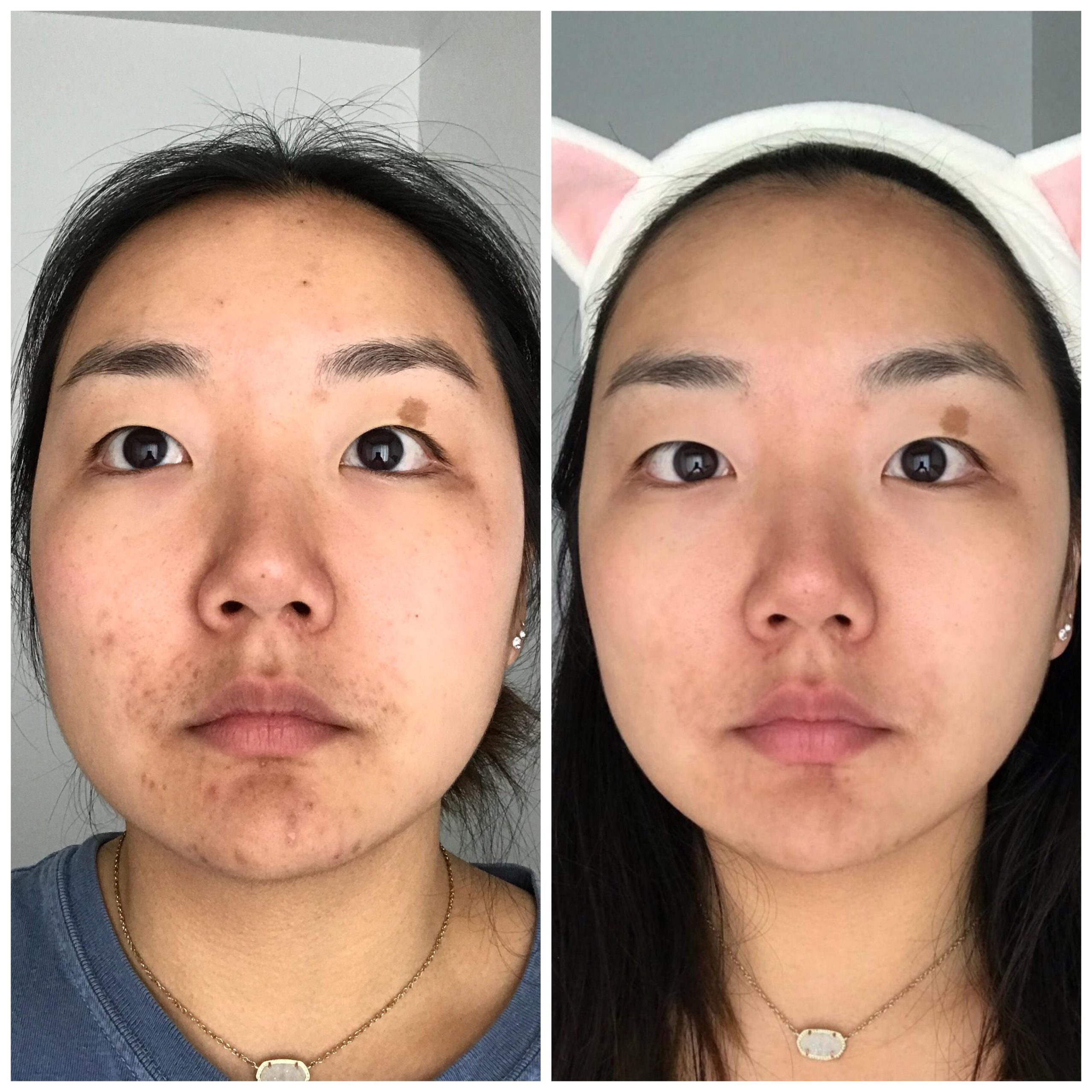
Image source: Reddit
Ongoing monitoring and follow-up care are essential components of long-term clot management. Be proactive in scheduling and attending follow-up appointments with your healthcare provider, even when you're feeling well. These appointments allow for comprehensive assessment of your condition, evaluation of treatment effectiveness, and adjustment of management strategies as needed.
73. Advocate for Yourself

Image source: Reddit
As the primary advocate for your health and well-being, it's essential to assertively communicate your needs, preferences, and concerns with your healthcare team. Be proactive in advocating for the resources, support, and information you require to effectively manage your condition. If you encounter challenges or barriers to accessing care, don't hesitate to speak up and seek assistance from healthcare providers, patient advocacy organizations, or support networks.
74. Stay Compliant with Treatment
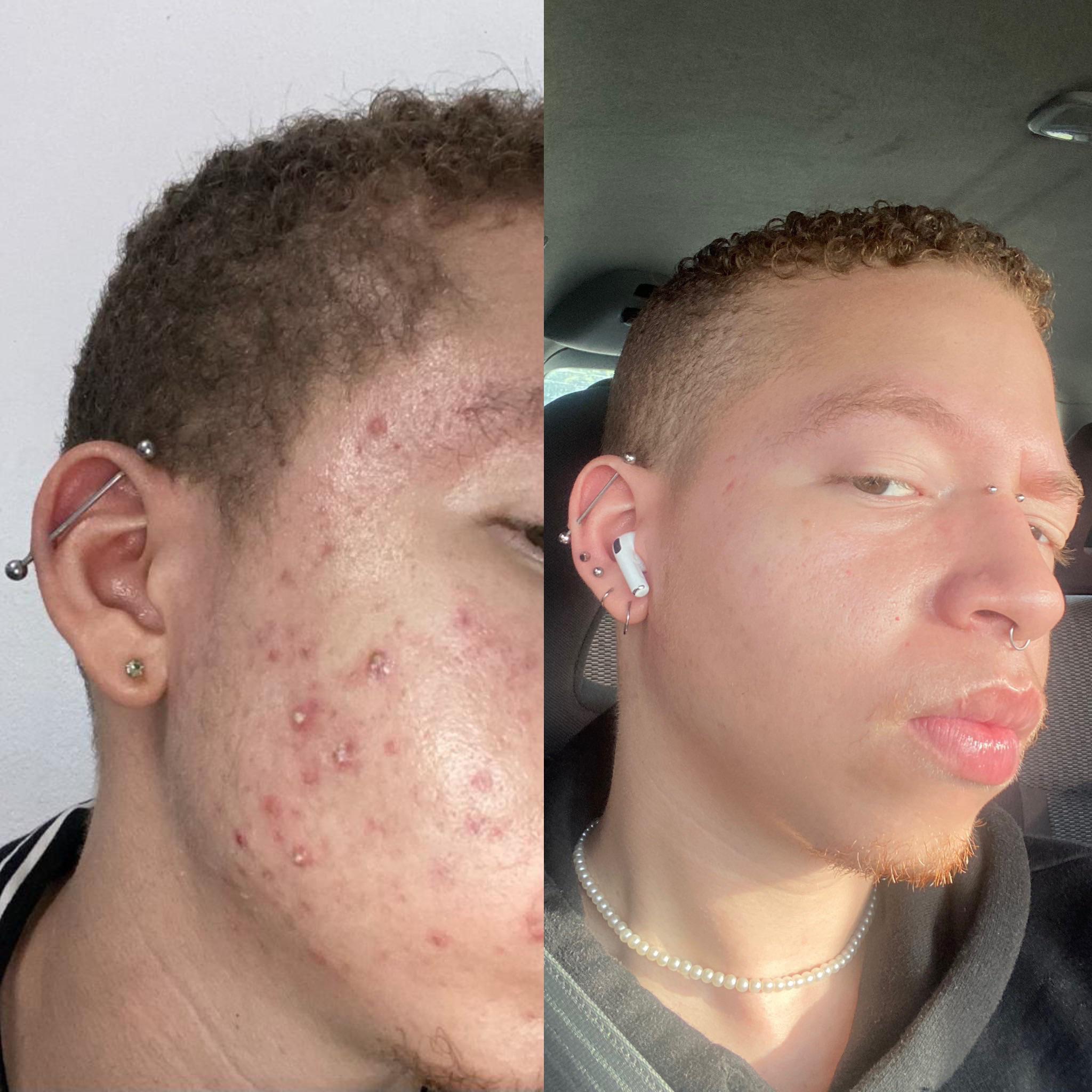
Image source: Reddit
Consistent adherence to your prescribed treatment regimen is paramount for achieving optimal outcomes in clot management. Take medications as directed by your healthcare provider, following dosing schedules and any accompanying instructions or precautions. Refrain from altering your treatment plan without consulting your healthcare provider, as deviations from prescribed regimens can compromise treatment effectiveness and increase the risk of complications.
75. Monitor for Signs of Recurrence
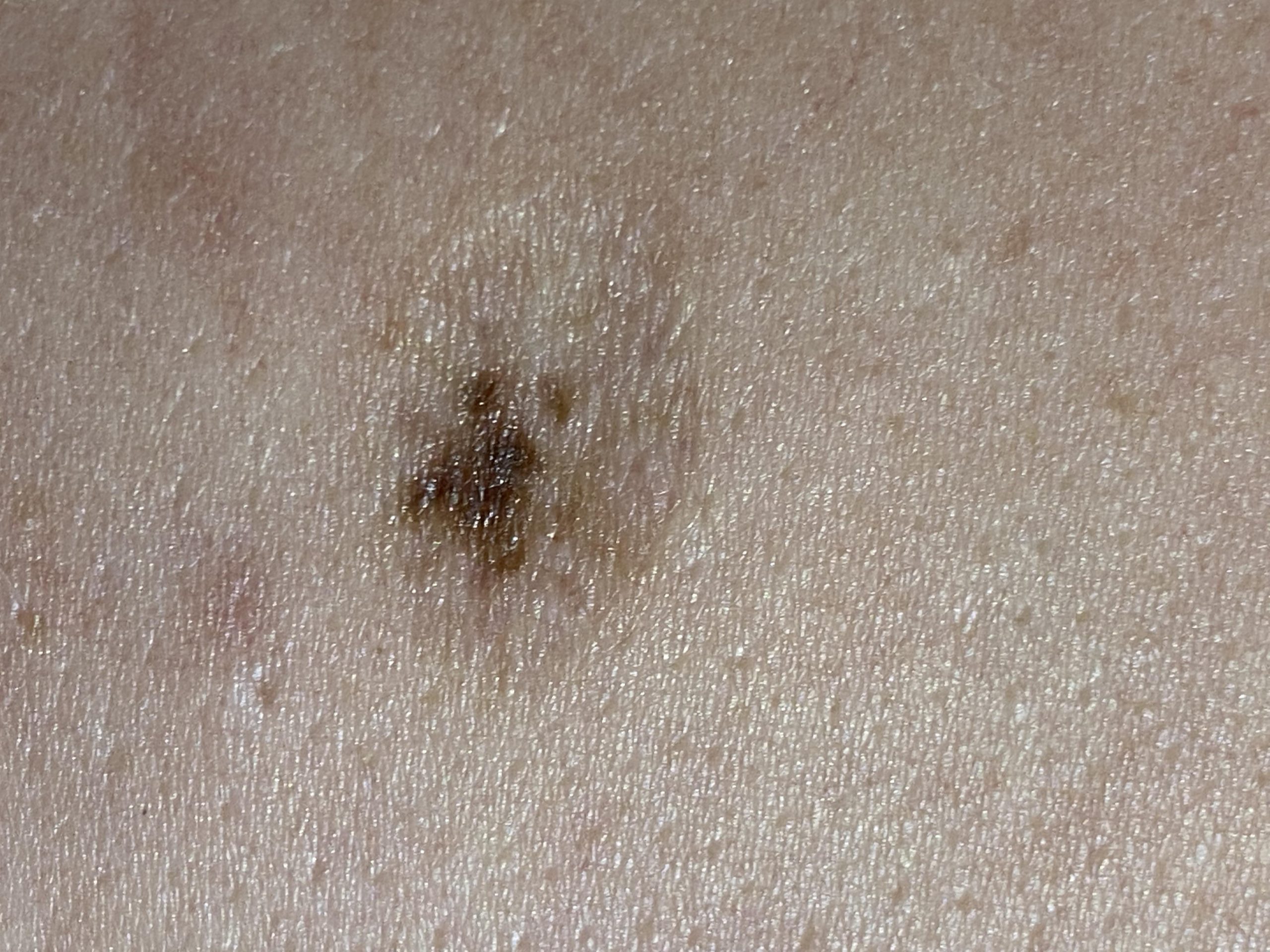
Image source: Reddit
Vigilance for signs or symptoms suggestive of recurrent clots is essential for early detection and prompt intervention. Be attentive to changes in your symptoms, such as swelling, pain, or shortness of breath, and report any concerning developments to your healthcare provider promptly. Keep in mind that recurrent clots can occur even with appropriate treatment, particularly in individuals with underlying predisposing factors.
76. Stay Mobile with Caution
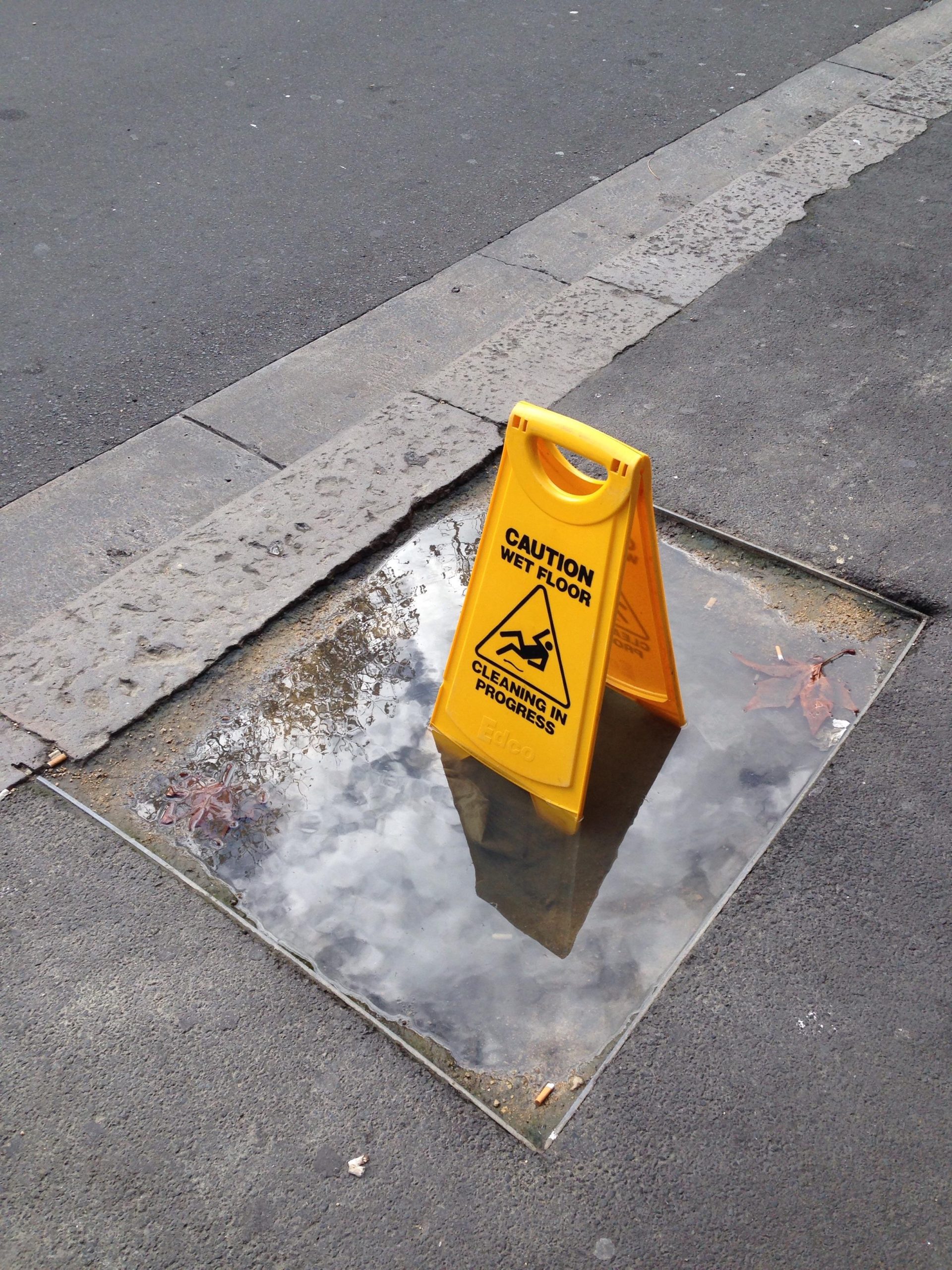
Image source: Reddit
Strike a balance between mobility and caution to promote circulation and prevent complications associated with prolonged immobility. While it's essential to avoid extended periods of sitting or immobility, particularly during travel or sedentary activities, it's equally important to exercise caution to minimize the risk of dislodging clots or exacerbating symptoms.
77. Be Mindful of Diet
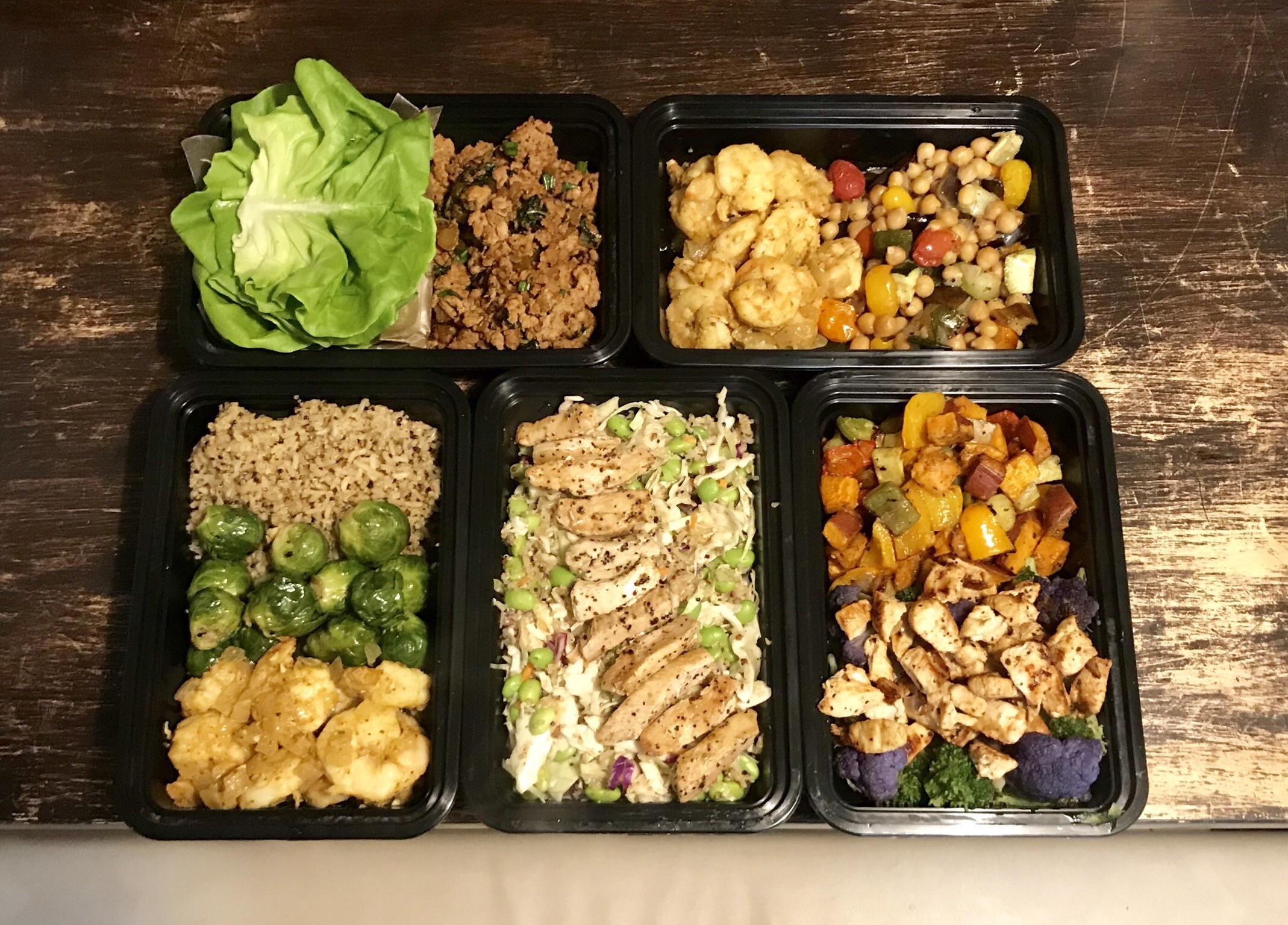
Image source: Reddit
Nutrition plays a crucial role in managing blood clots and supporting overall cardiovascular health. Pay attention to your diet and aim for a balanced, nutrient-rich eating pattern that emphasizes fruits, vegetables, lean proteins, and whole grains. Limit consumption of foods high in saturated fats, cholesterol, and sodium, as these can contribute to inflammation and cardiovascular risk factors.
78. Monitor Medication Side Effects
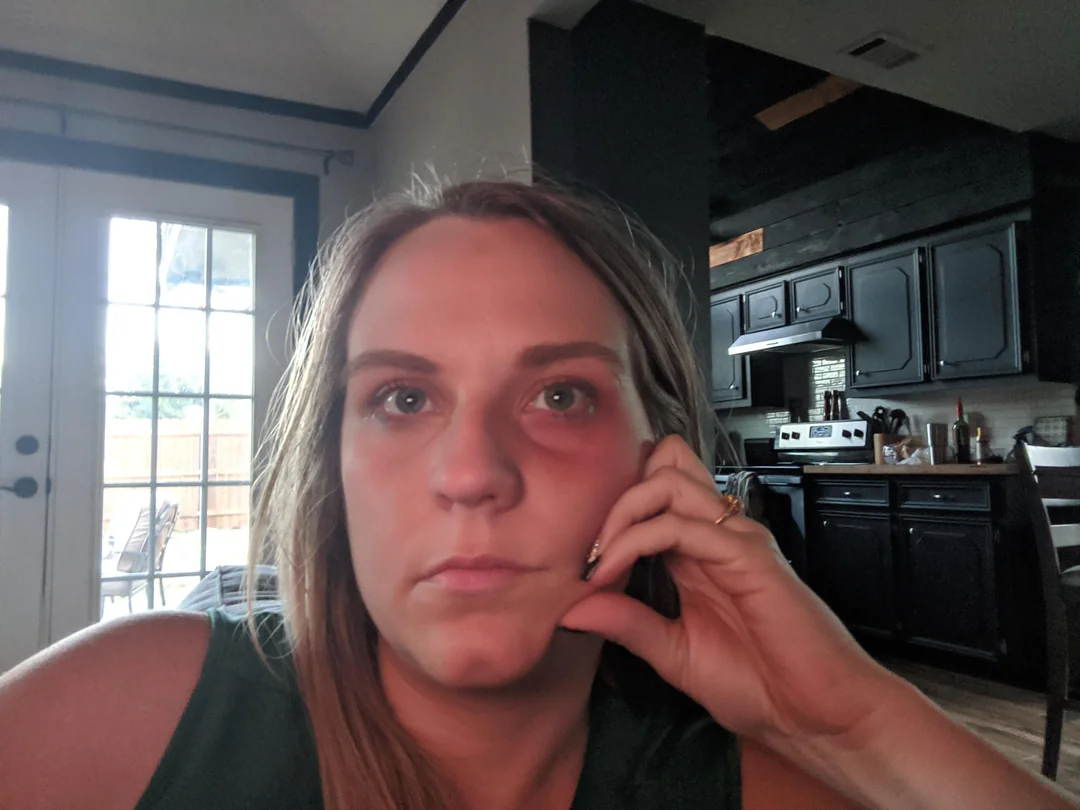
Image source: Reddit
Anticoagulant medications, while effective in preventing blood clots, can also carry risks of side effects such as bleeding or bruising. Be vigilant in monitoring for potential medication-related adverse events and report any unusual symptoms or concerns to your healthcare provider promptly. Common side effects of anticoagulants include easy bruising, prolonged bleeding from cuts or injuries, or blood in the urine or stool.
79. Keep Emergency Contact Information Handy

Image source: Reddit
Ensure that essential emergency contact information, including your healthcare provider's phone number, emergency services, and designated emergency contacts, is readily accessible in case of urgent medical needs. Program important numbers into your phone, keep a list of contacts in your wallet or purse, and share relevant information with trusted family members or friends.
80. Utilize Support Resources

Image source: The New Daily
Take advantage of available support resources and networks to enhance your coping skills, gain knowledge, and connect with others facing similar challenges. Joining support groups, either in-person or online, provides a valuable source of encouragement, empathy, and practical advice from individuals who understand the complexities of living with a clotting disorder.
81. Practice Gentle Movement
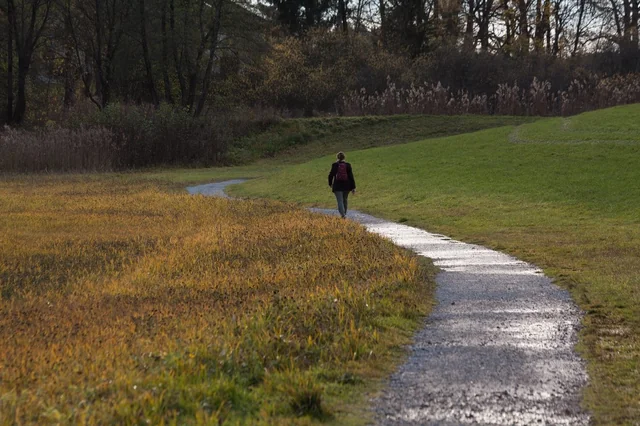
Image source: Reddit
Engage in regular, gentle movement and exercise to promote circulation, maintain muscle tone, and support overall cardiovascular health. Consult with your healthcare provider before starting any new exercise regimen, particularly if you have existing medical conditions or concerns. Focus on low-impact activities such as walking, swimming, or cycling, which provide cardiovascular benefits without placing excessive strain on the body.
82. Monitor Swelling and Discoloration
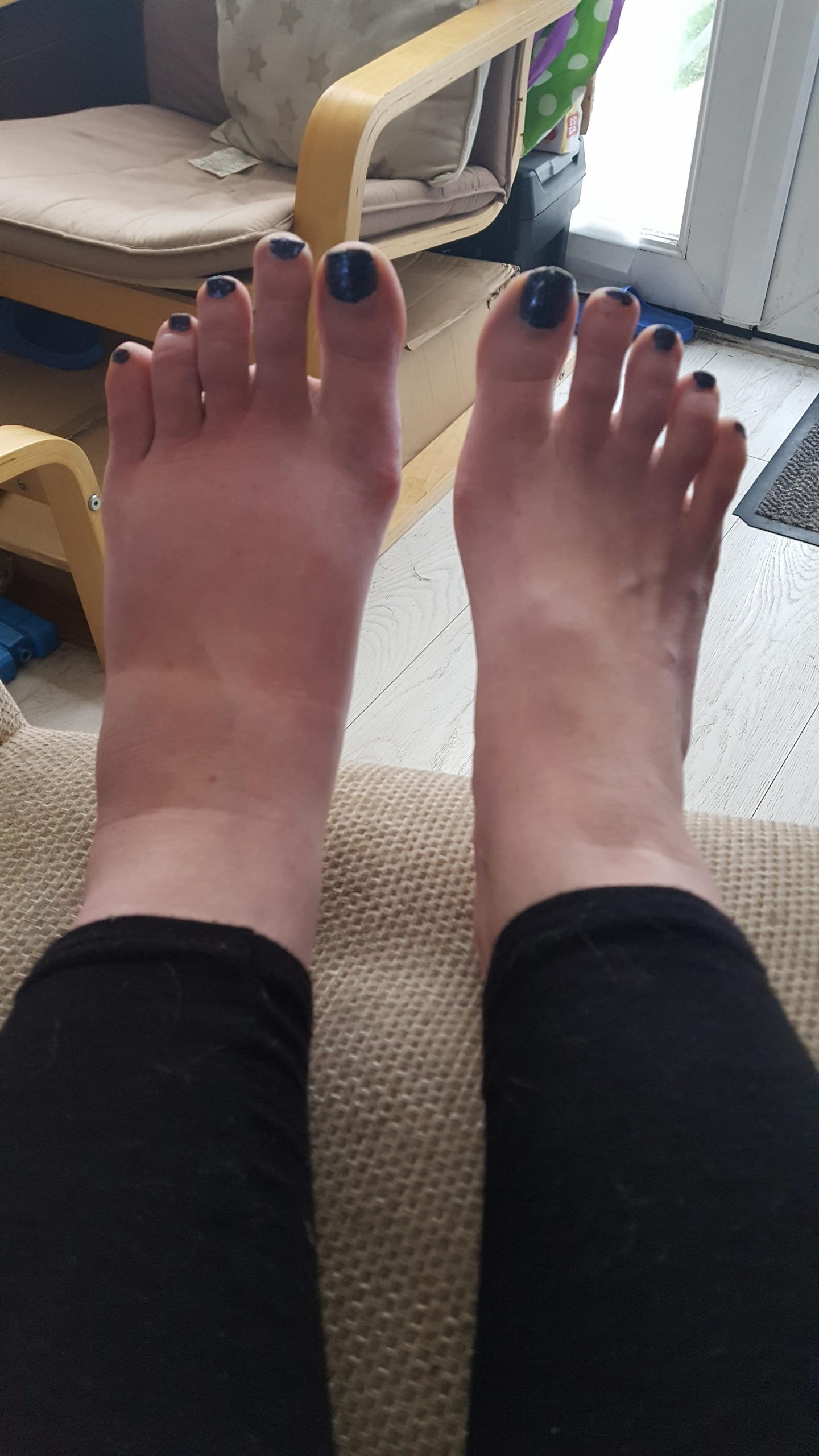
Image source: Reddit
Keep a vigilant eye on the affected area for any changes in swelling, discoloration, or temperature, as these may indicate complications or worsening of the clot. Monitor for signs of increasing swelling, persistent pain, or changes in skin color or texture, which could suggest the presence of a clot-related complication such as deep vein thrombosis or cellulitis.
83. Stay Educated About Symptoms

Image source: Reddit
Familiarize yourself with the signs and symptoms of potential complications associated with blood clots, such as pulmonary embolism or stroke. Recognizing warning signs such as sudden chest pain, difficulty breathing, or weakness on one side of the body enables you to seek immediate medical attention if these symptoms arise.
84. Plan for Travel Safely

Image source: Reddit
Travel, especially long-distance journeys or flights, poses unique challenges for individuals with blood clotting disorders due to prolonged periods of immobility and changes in atmospheric pressure. Plan ahead to minimize risks and ensure safe travel by implementing preventive measures such as wearing compression stockings, staying hydrated, and taking regular breaks to move around and stretch your legs.
85. Keep Medication Schedule
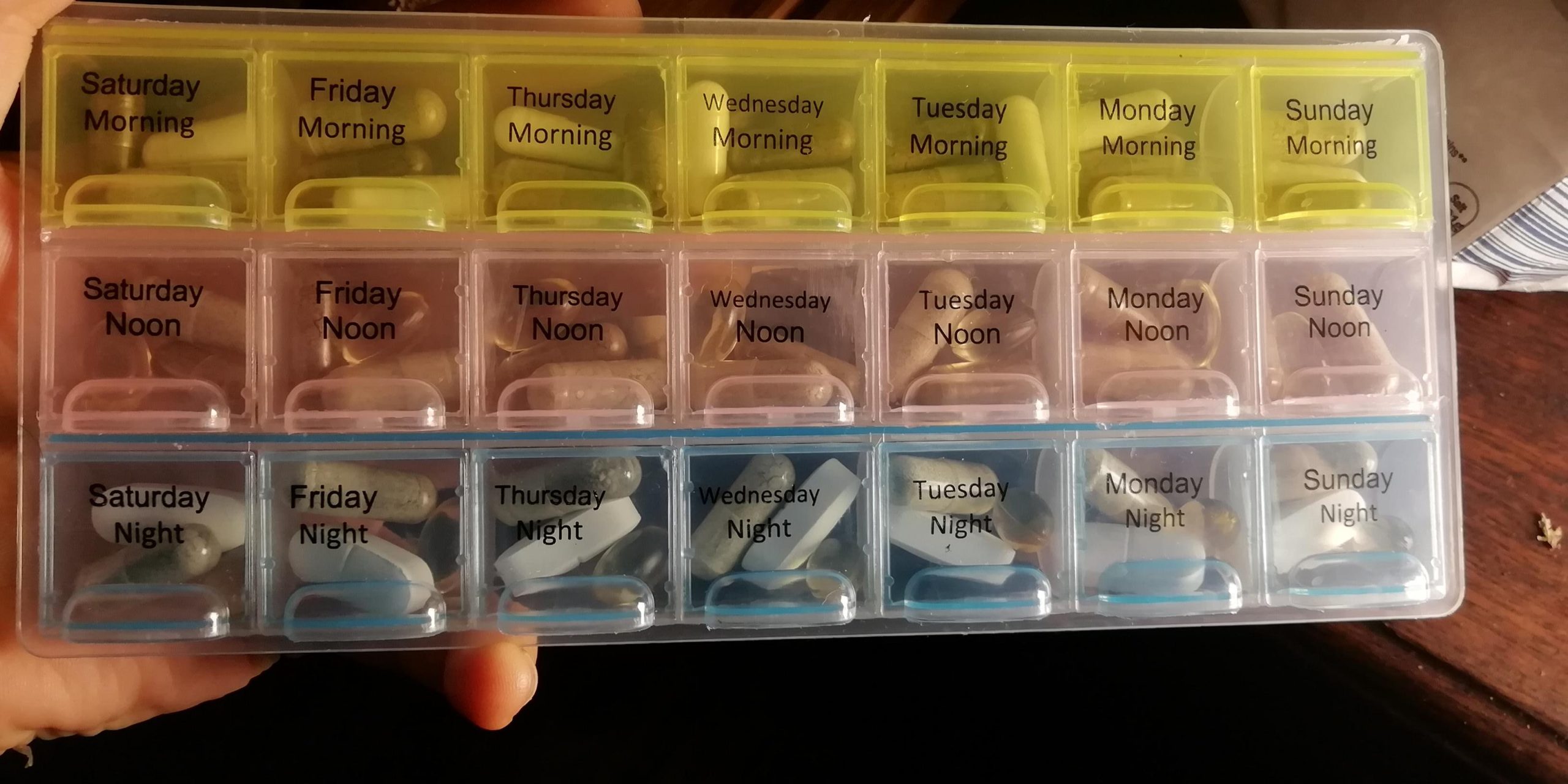
Image source: Reddit
Adhering to a consistent schedule for taking prescribed medications is essential for maintaining therapeutic levels in your bloodstream and optimizing treatment outcomes. Establish a medication routine that aligns with your daily schedule and lifestyle, using reminders or alarms to prompt medication administration as needed. Utilize pill organizers or medication management apps to organize medications and track doses accurately.
86. Be Prepared for Medical Procedures
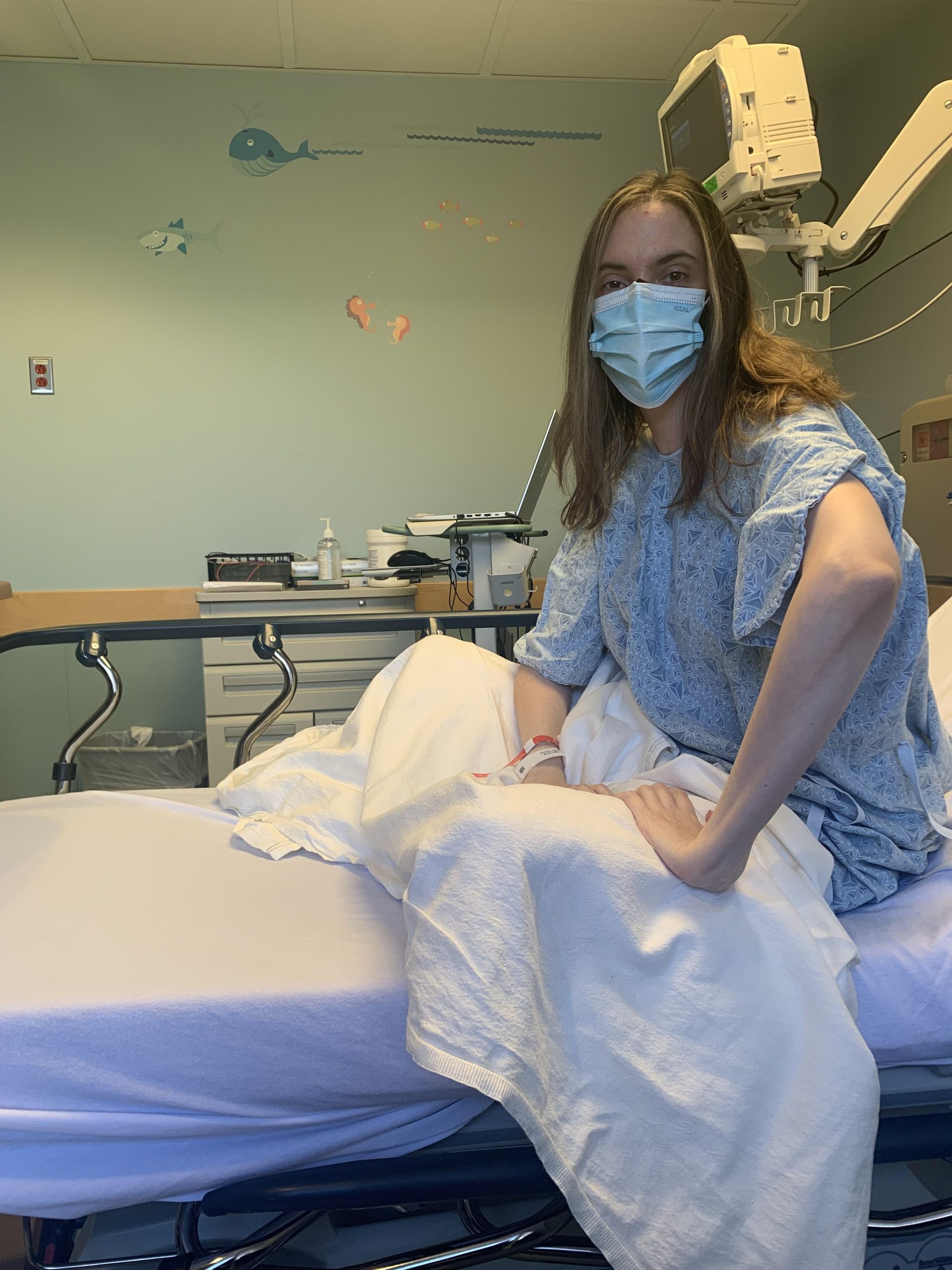
Image source: Reddit
Inform healthcare providers of your clotting history and current treatment regimen before undergoing any medical procedures or surgeries. Your healthcare team can take appropriate precautions to minimize the risk of complications such as excessive bleeding or clot formation during and after the procedure. Discuss any concerns or questions you may have about the procedure with your healthcare provider beforehand to ensure that you receive adequate information and support.
87. Stay Informed About Alternative Therapies

Image source: Indy100
Explore complementary or alternative therapies, such as acupuncture, massage, or herbal remedies, under the guidance of your healthcare provider. While these therapies may offer potential benefits in managing symptoms or promoting overall well-being, it's essential to approach them with caution and ensure their safety and effectiveness. Consult with qualified practitioners who have experience working with individuals with clotting disorders and discuss any potential risks or contraindications associated with alternative therapies.
88. Practice Self-Care
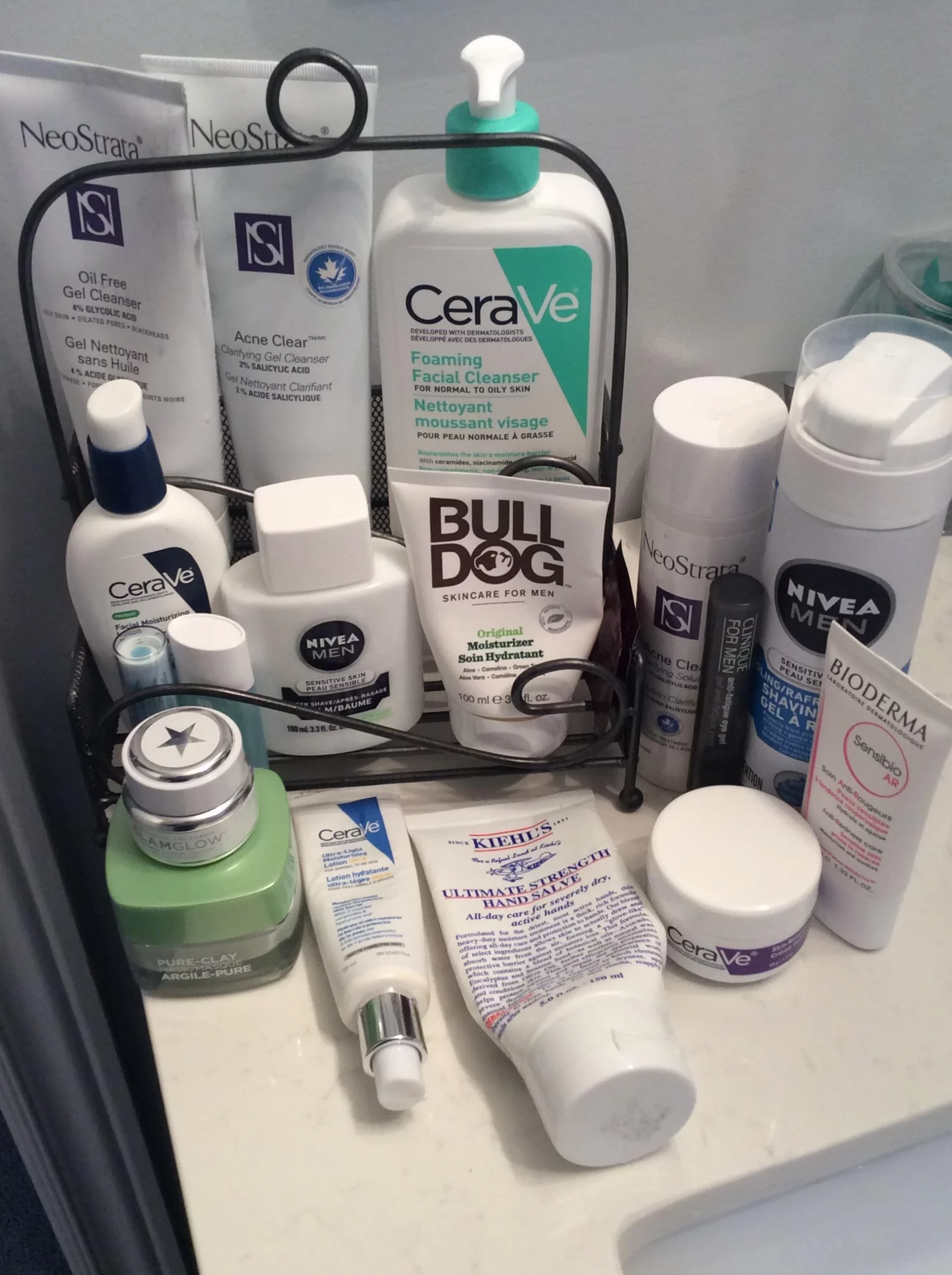
Image source: Reddit
Prioritize self-care activities that promote relaxation, stress reduction, and overall well-being as part of your holistic approach to managing a blood clotting disorder. Engage in activities that bring you joy, whether it's spending time outdoors, pursuing hobbies, or practicing mindfulness and meditation. Allocate time for adequate rest and relaxation to recharge your energy and support physical and emotional recovery.
89. Monitor Mental Health

Image source: Reddit
Pay attention to your mental well-being and seek professional help if you're struggling with anxiety, depression, or other mental health concerns related to your condition. Living with a blood clotting disorder can impact emotional health and quality of life, leading to feelings of uncertainty, fear, or frustration. Reach out to mental health professionals, counselors, or support groups specializing in chronic illness or health-related anxiety for guidance and support.
90. Stay Positive and Hopeful

Image source: Reddit
Maintain a positive outlook and focus on the proactive steps you can take to manage your condition and improve your overall well-being. While living with a blood clotting disorder presents unique challenges, it's essential to cultivate optimism and resilience in navigating the journey ahead. Celebrate small victories and milestones along the way, acknowledging the progress you've made and the strength you've demonstrated in overcoming obstacles.
91. Educate Your Support System

Image source: Reddit
Help educate your friends, family members, and caregivers about blood clots and how they can support you during your recovery and ongoing management. Clear communication and understanding are essential for fostering a supportive environment where you feel heard, valued, and respected. Provide informational resources, such as brochures, websites, or educational materials, to help others gain insights into your condition and treatment needs.
92. Keep Emergency Supplies Ready
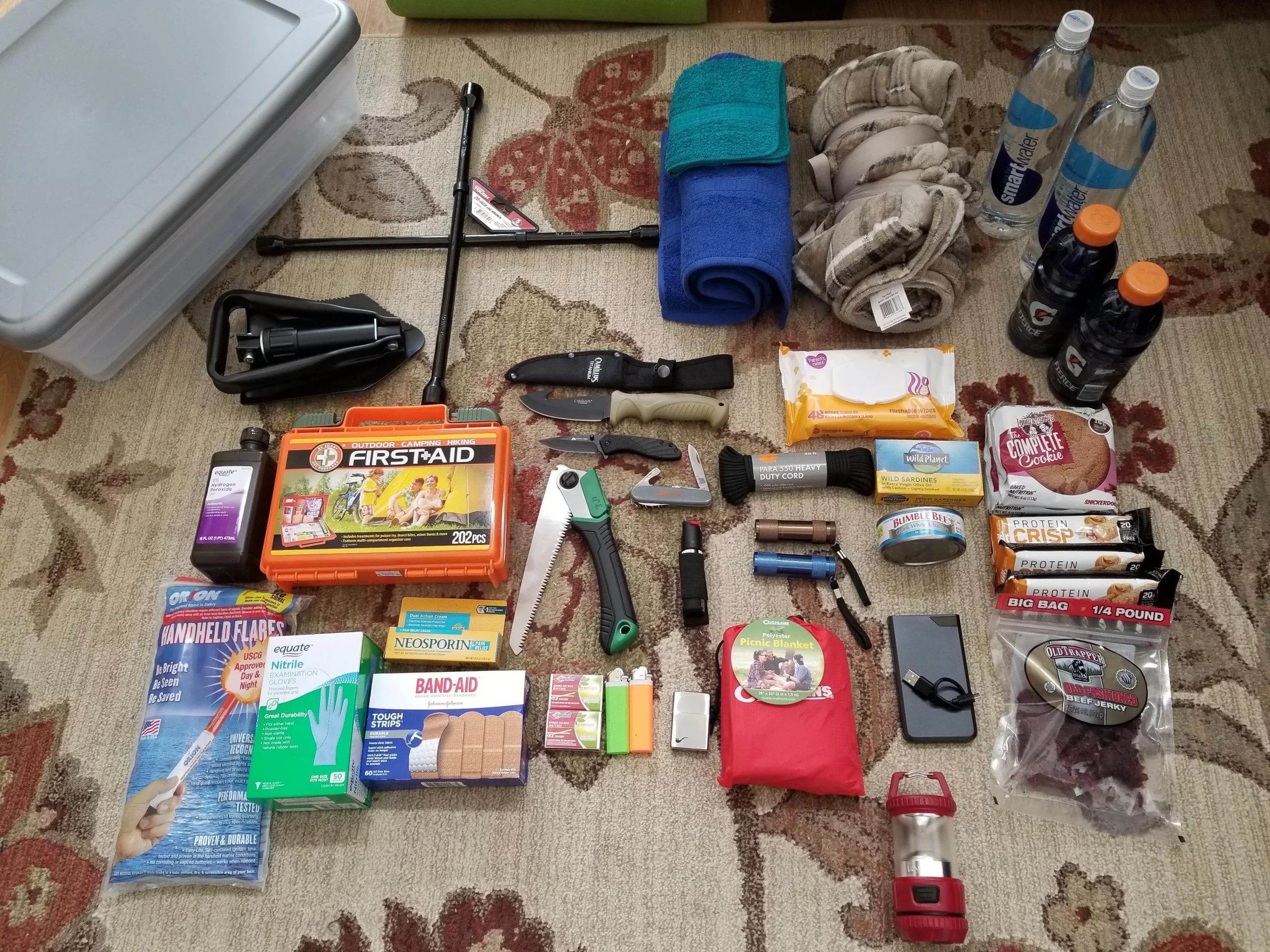
Image source: Reddit
Maintain a first aid kit and essential emergency supplies in your home or travel bag to ensure preparedness for minor injuries or emergencies. Stock your first aid kit with items such as bandages, antiseptic wipes, adhesive tape, pain relievers, and emergency contact information. Keep emergency supplies easily accessible in designated locations, such as a kitchen cabinet or car glove compartment, and periodically check expiration dates to ensure freshness and efficacy.
93. Know When to Rest
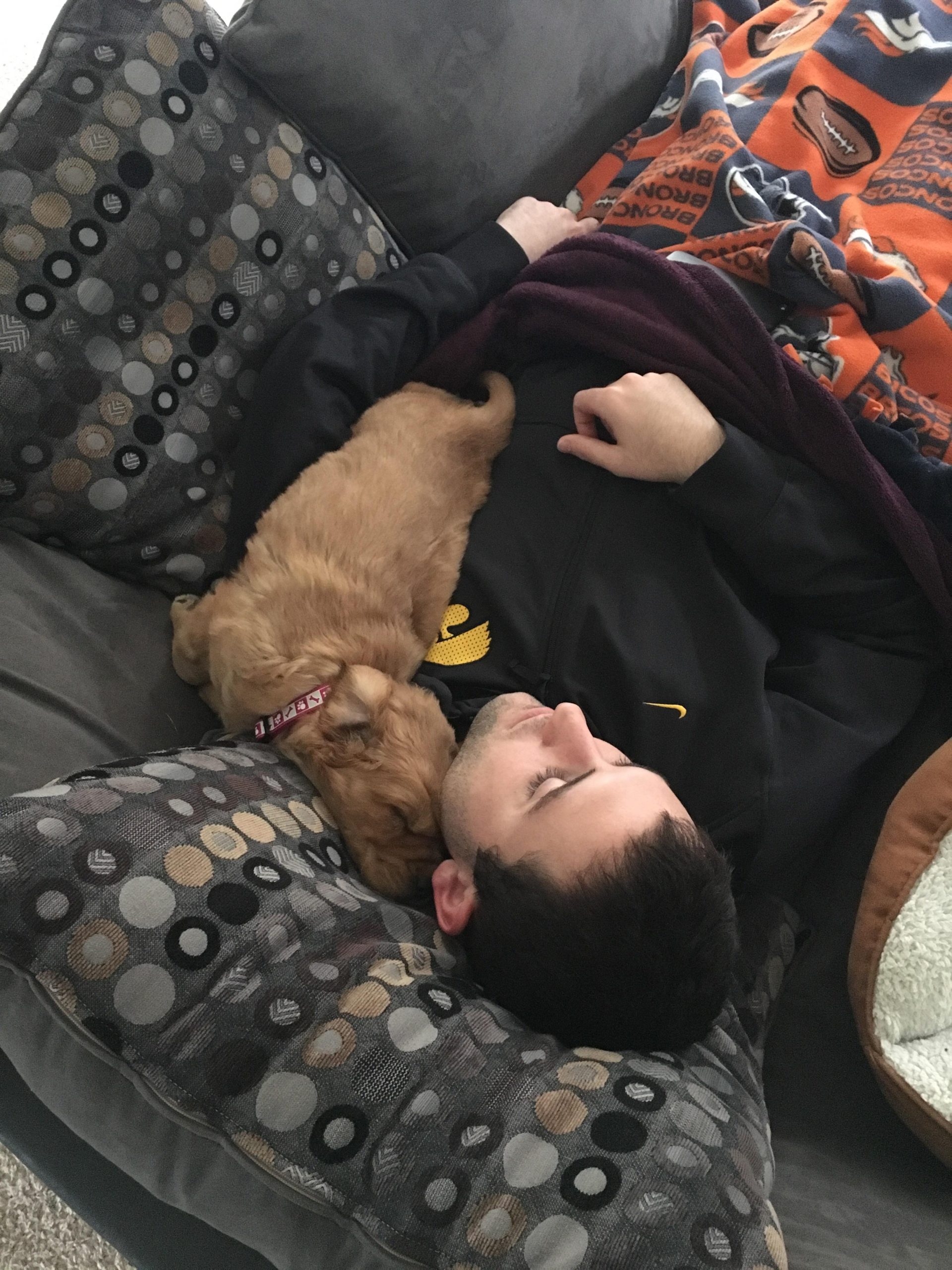
Image source: Reddit
Listen to your body and prioritize rest when needed, especially during periods of increased fatigue, discomfort, or symptom exacerbation. Recognize the importance of allowing your body time to recuperate and recharge, particularly following strenuous activities or during periods of heightened stress. Create a restful environment conducive to relaxation, such as dimming lights, playing soothing music, or practicing mindfulness techniques.
94. Stay Engaged with Healthcare Providers
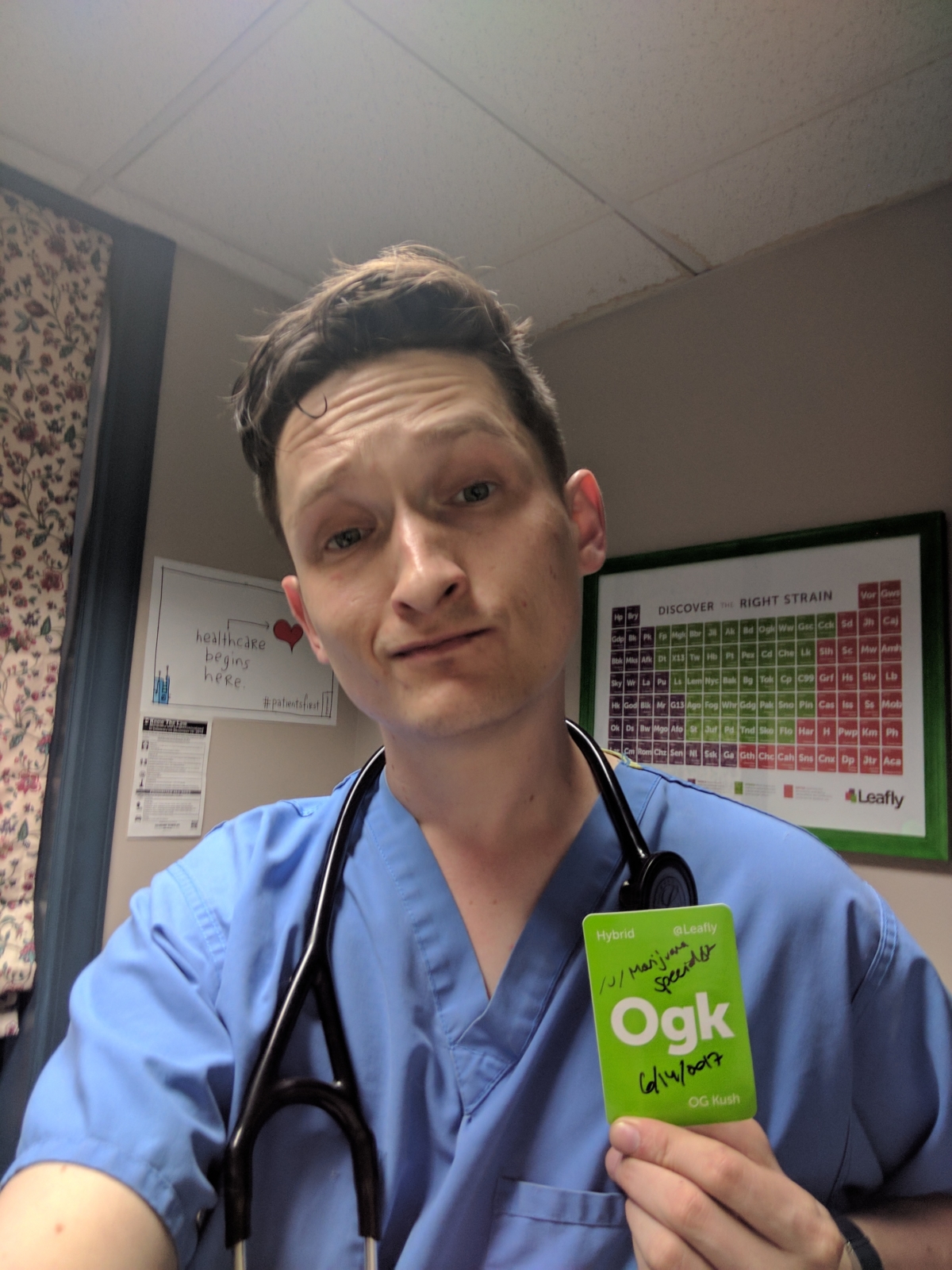
Image source: Reddit
Maintain open communication and regular engagement with your healthcare providers to ensure comprehensive and personalized care. Schedule routine check-ups and follow-up appointments as recommended by your healthcare team, even when you're feeling well, to monitor your condition and assess treatment effectiveness. Prepare questions or topics for discussion in advance of appointments to maximize the value of your time with healthcare providers.
95. Keep a Symptom Journal
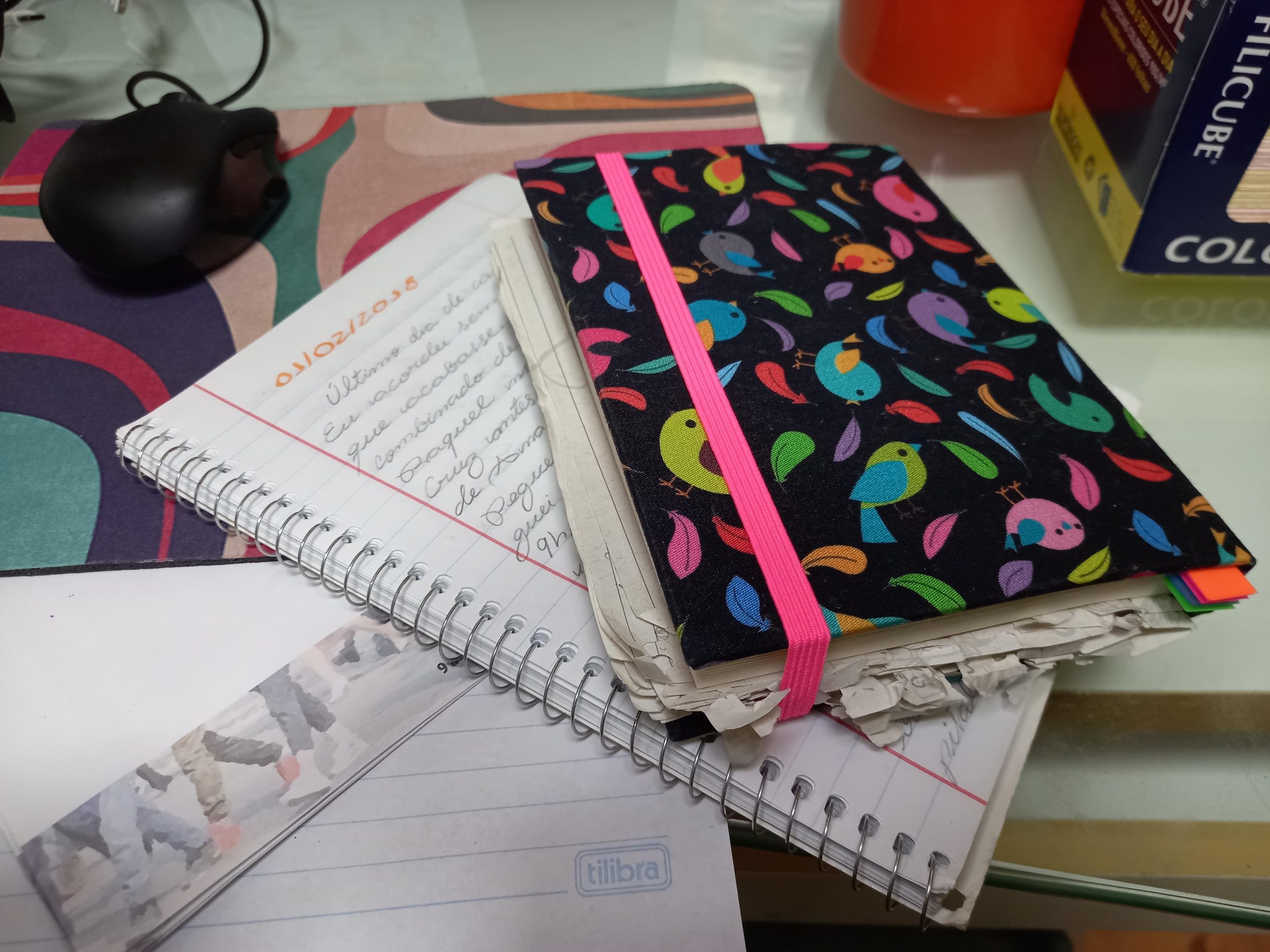
Image source: Reddit
Keep a detailed record of your symptoms, medications, appointments, and any notable events or triggers related to your condition in a dedicated journal or diary. Documenting your experiences enables you to track changes over time, identify patterns or trends in your symptoms, and communicate effectively with healthcare providers. Include information such as the date and time of symptom onset, severity, duration, and any factors that worsen or alleviate symptoms.
96. Stay Hygienic to Prevent Infection
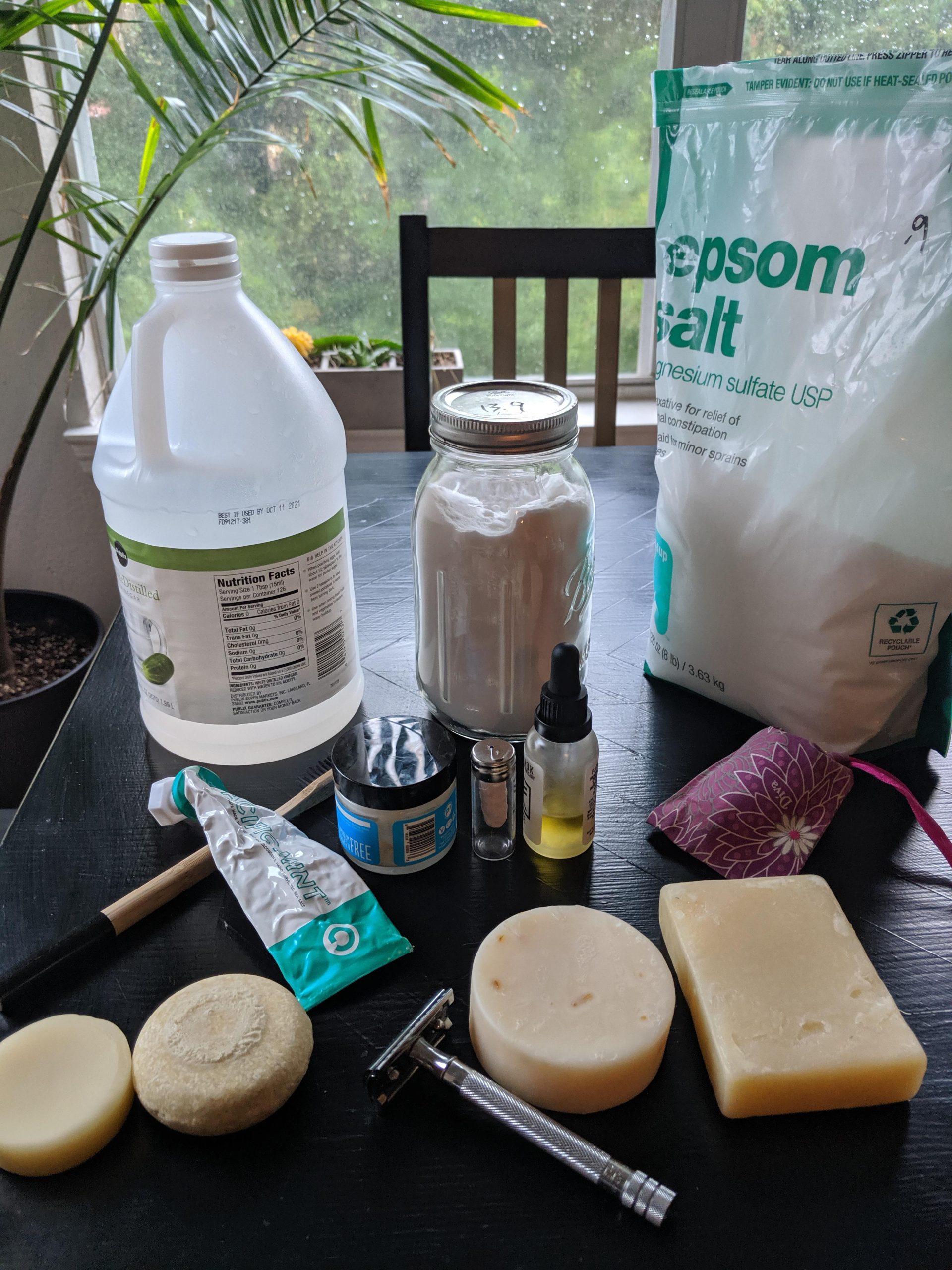
Image source: Reddit
Practice good hygiene habits to reduce the risk of infections that could potentially lead to complications in individuals with blood clotting disorders. Wash your hands frequently with soap and water for at least 20 seconds, especially before eating, after using the restroom, or coming into contact with potentially contaminated surfaces. Keep wounds clean and covered with sterile dressings to prevent infection, and seek prompt medical attention for any signs of infection, such as redness, swelling, or discharge.
97. Stay Prepared for Emergencies
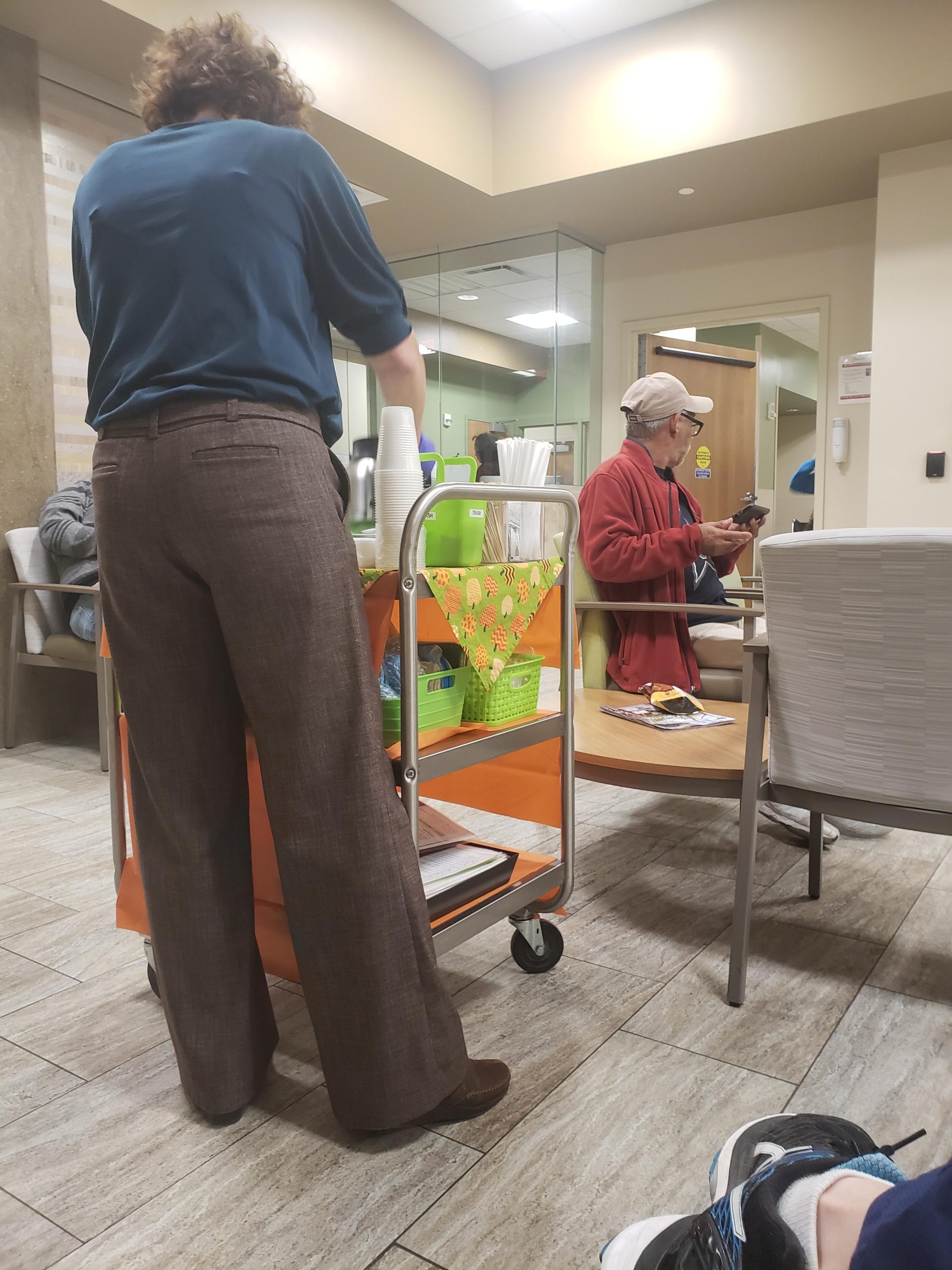
Image source: Reddit
Familiarize yourself with the signs of a medical emergency and have a plan in place for what to do and who to contact if one occurs. Create an emergency action plan that outlines essential steps to take in various scenarios, including symptoms of potential complications such as pulmonary embolism or stroke. Share your emergency action plan with trusted family members, friends, or caregivers, and ensure that everyone knows their roles and responsibilities.
98. Stay Positive and Resilient

Image source: Reddit
Cultivate resilience and maintain a positive mindset as you navigate the challenges of living with a blood clotting disorder. Focus on your strengths, resilience, and ability to adapt and overcome obstacles. Practice gratitude and mindfulness to foster a sense of perspective and appreciation for life's blessings, even in the face of adversity.
99. Seek Second Opinions if Necessary

Image source: The Independent Singapore News
Don't hesitate to seek a second opinion from another healthcare provider if you have concerns about your diagnosis or treatment plan. Obtaining a second opinion can offer valuable insights, alternative perspectives, and additional treatment options that may not have been considered initially.
100. Celebrate Progress and Achievements
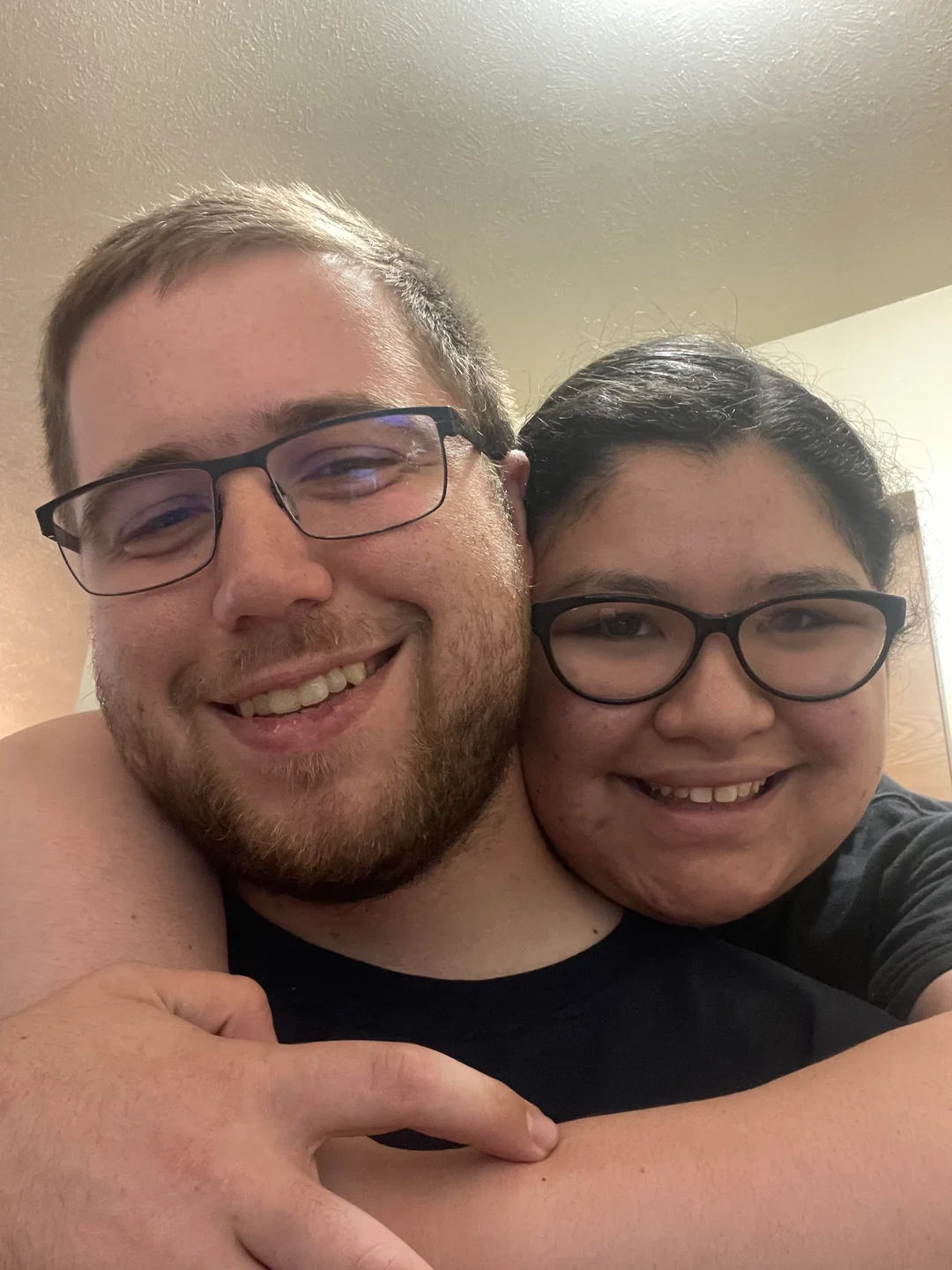
Image source: Reddit
Acknowledge and celebrate your progress, milestones, and achievements along your journey with a blood clotting disorder. Recognize the resilience, strength, and determination you've demonstrated in overcoming challenges and pursuing optimal health outcomes. Celebrate even the smallest victories, whether it's successfully completing a treatment regimen, achieving a personal goal, or simply maintaining a positive outlook in the face of adversity.































 Image source: USA TodayA blood clotting disorder will make your blood form clots. This is also called a hypercoagulable state. When you get hurt, your body will stop the bleeding by forming a blood clot. Clotting factors that your liver makes then stick to platelets to form a clot.
Image source: USA TodayA blood clotting disorder will make your blood form clots. This is also called a hypercoagulable state. When you get hurt, your body will stop the bleeding by forming a blood clot. Clotting factors that your liver makes then stick to platelets to form a clot.


































































